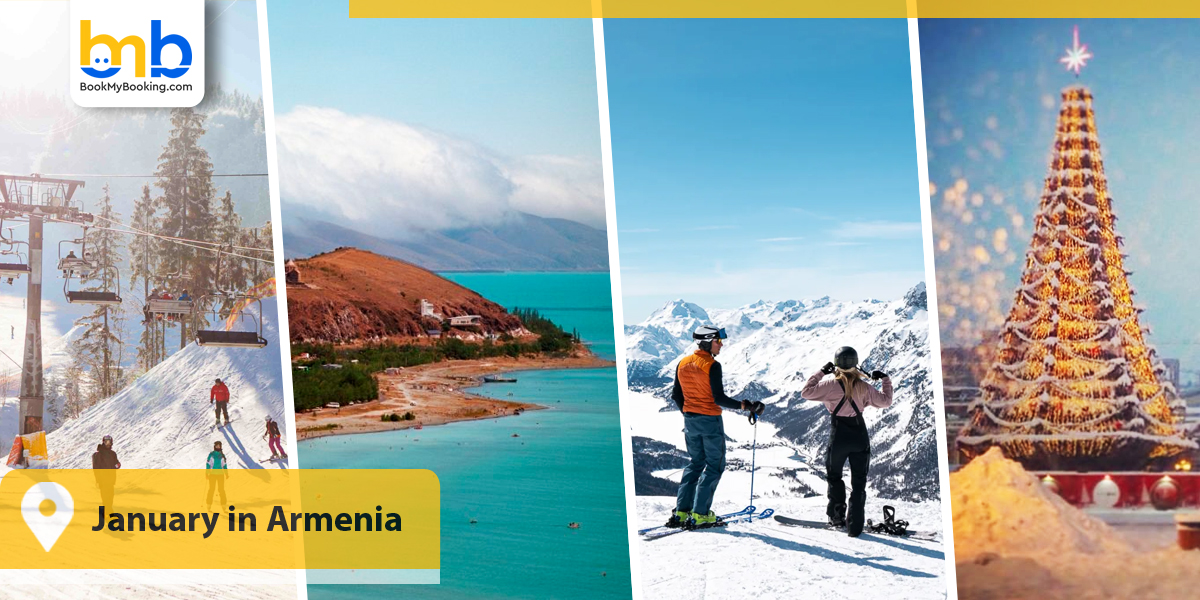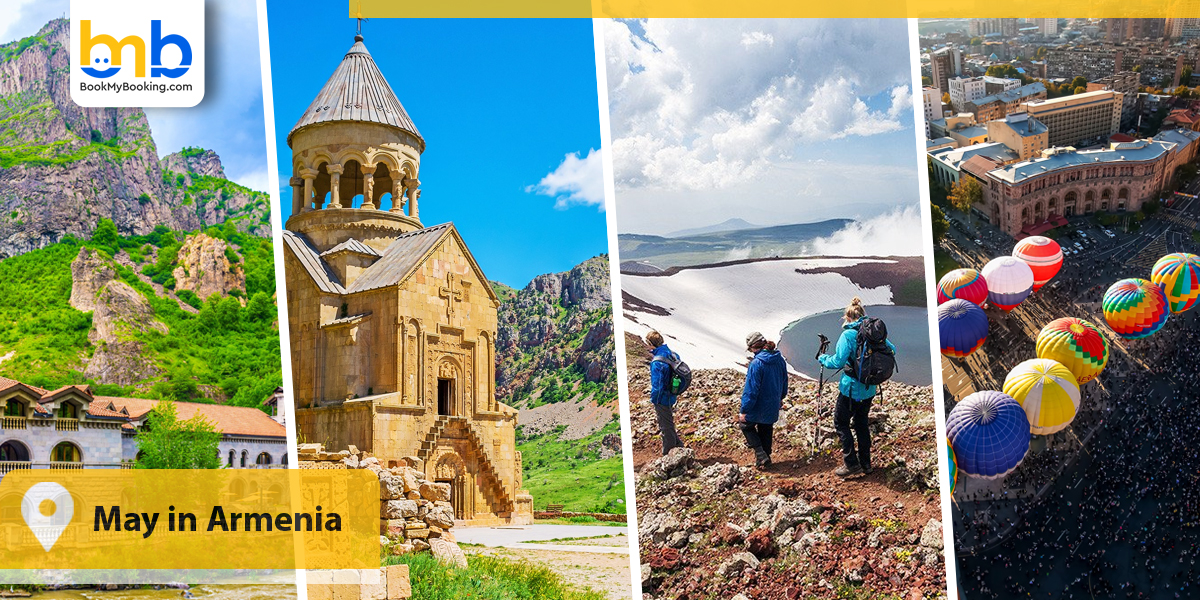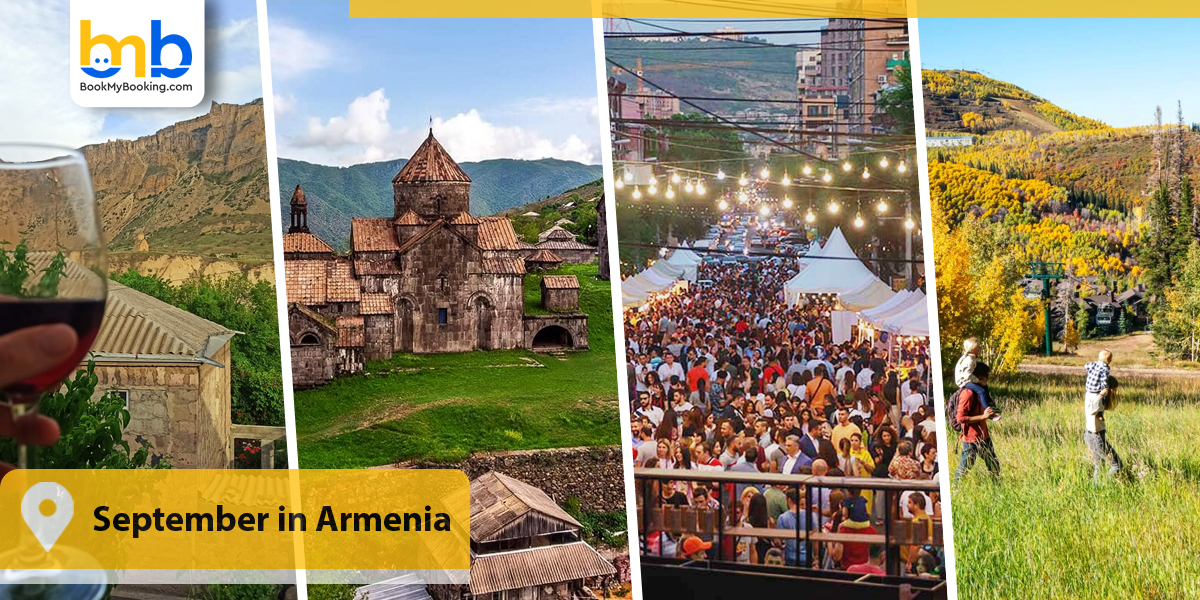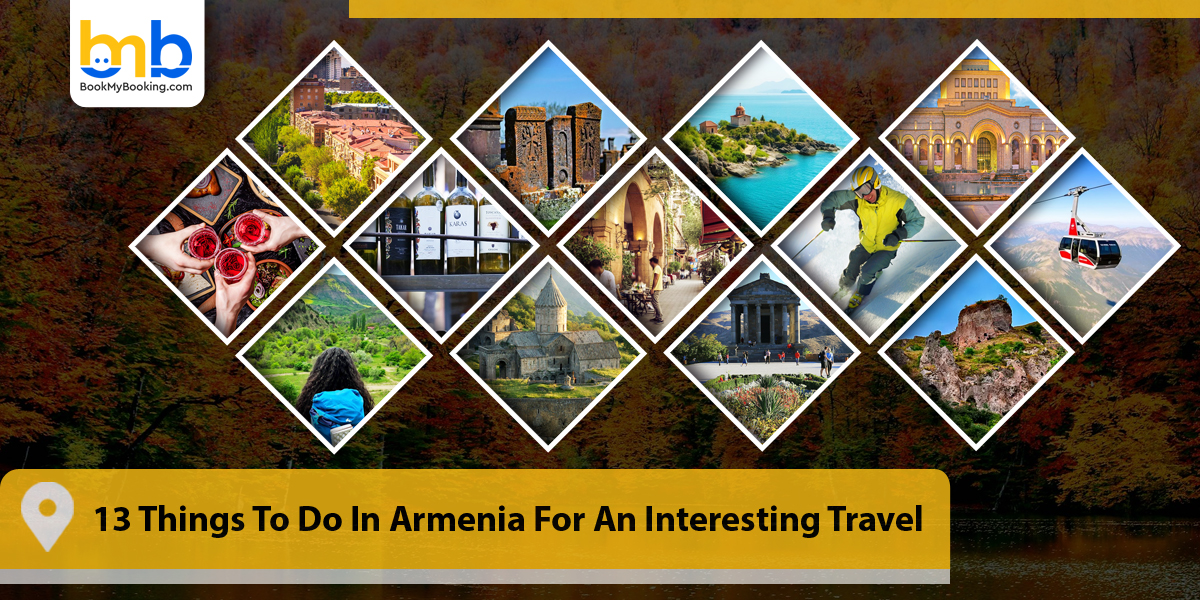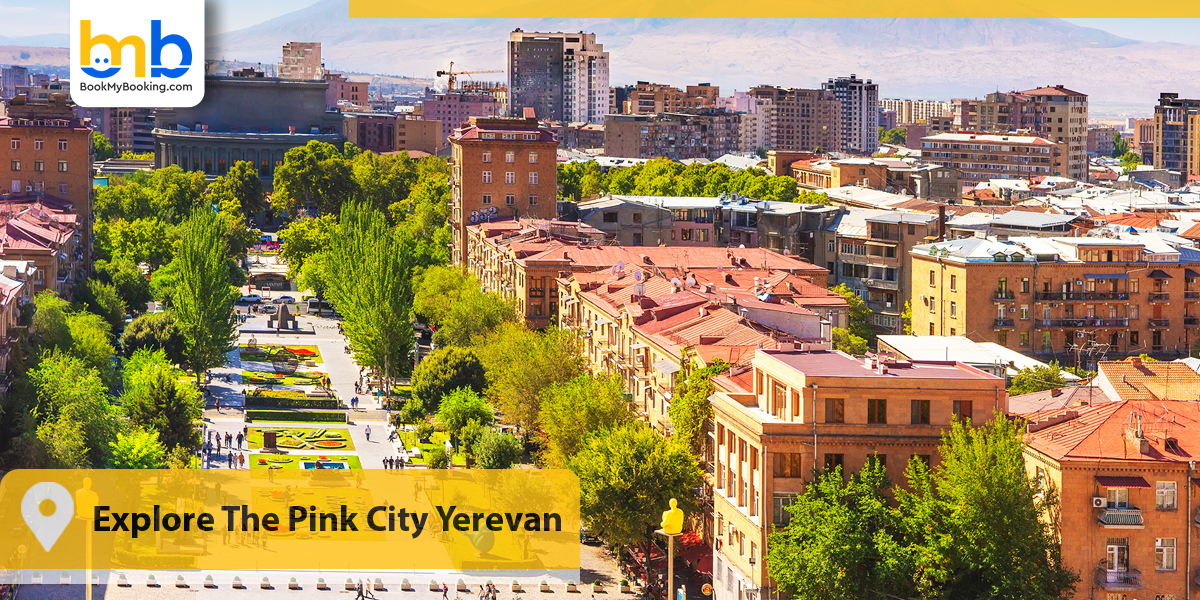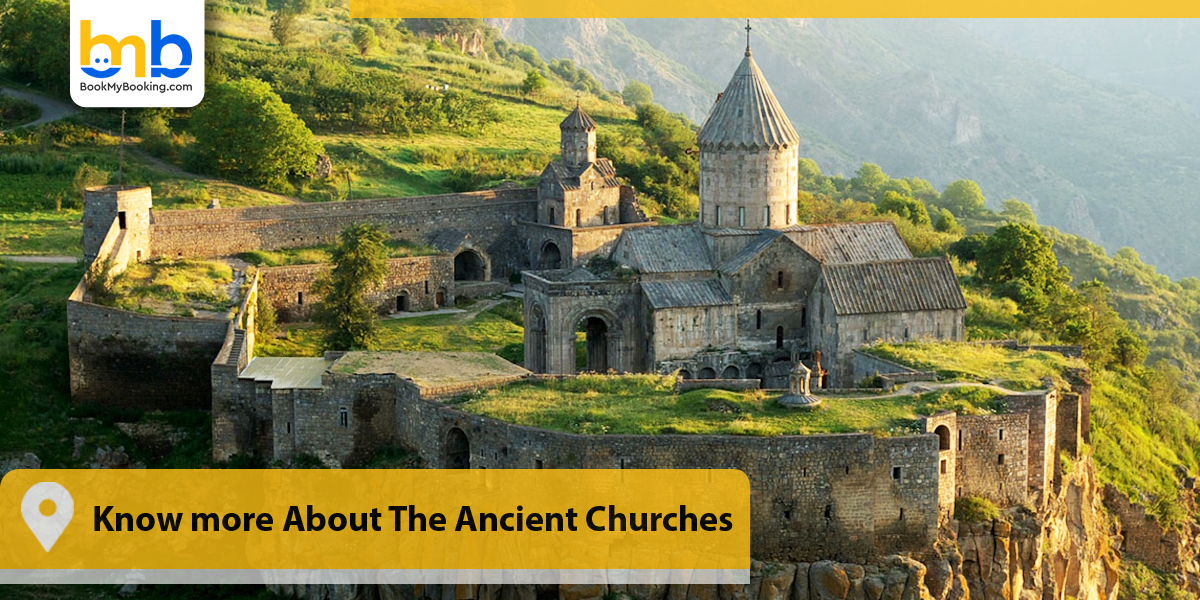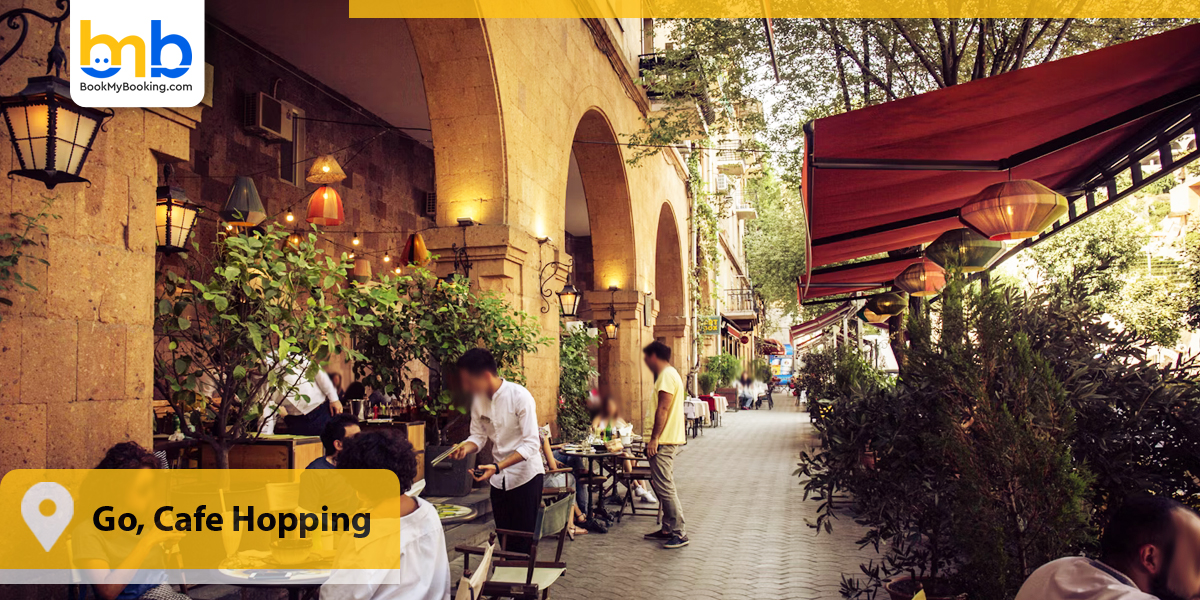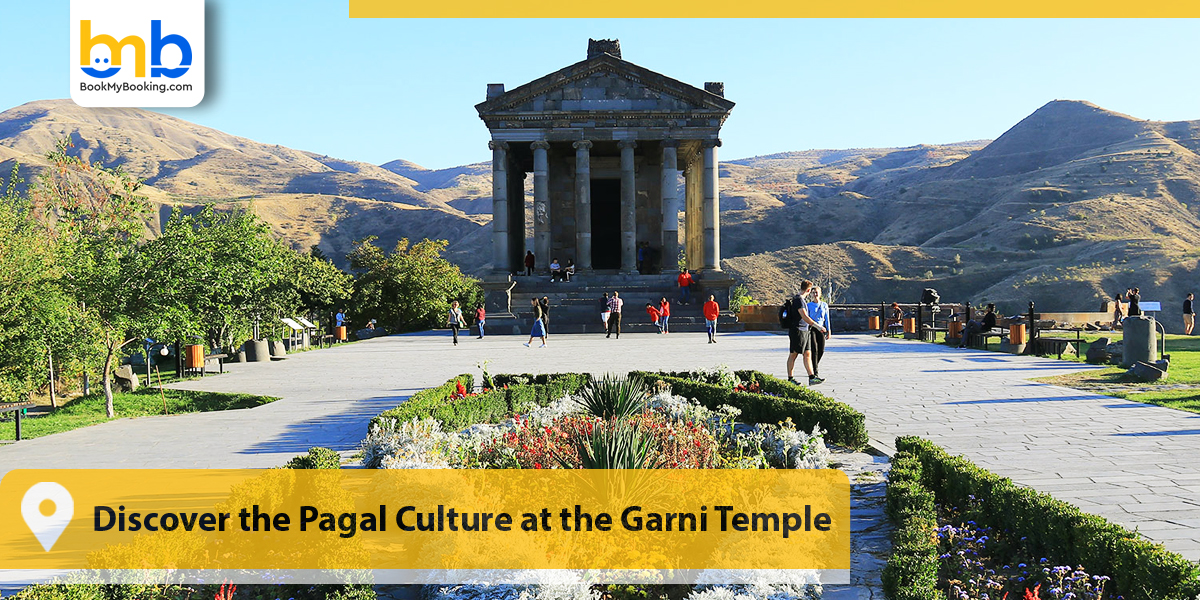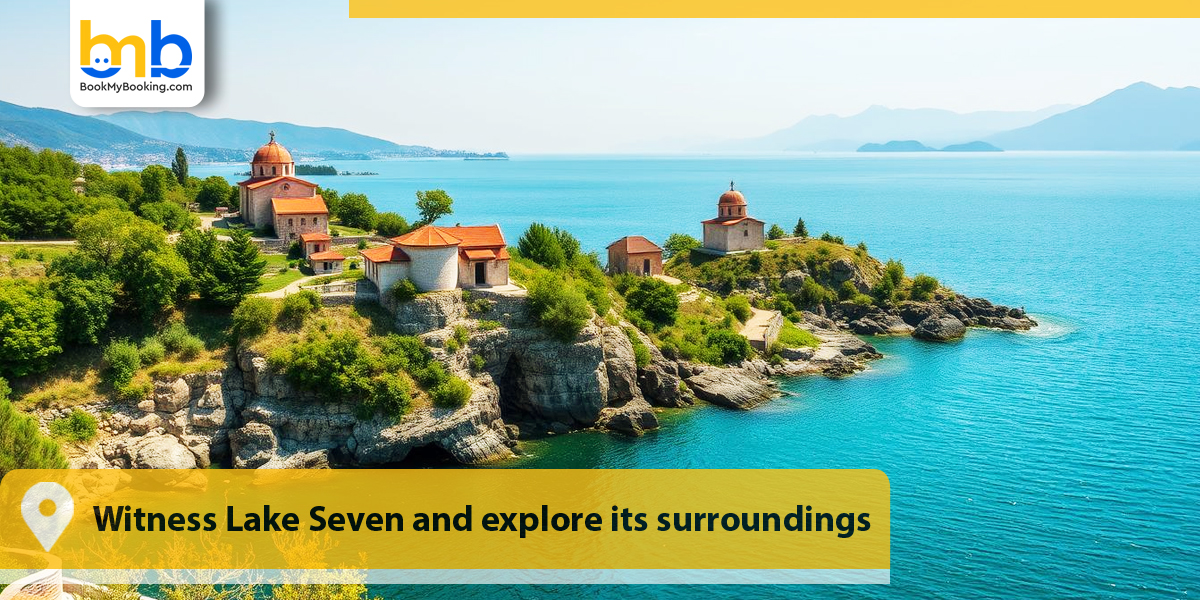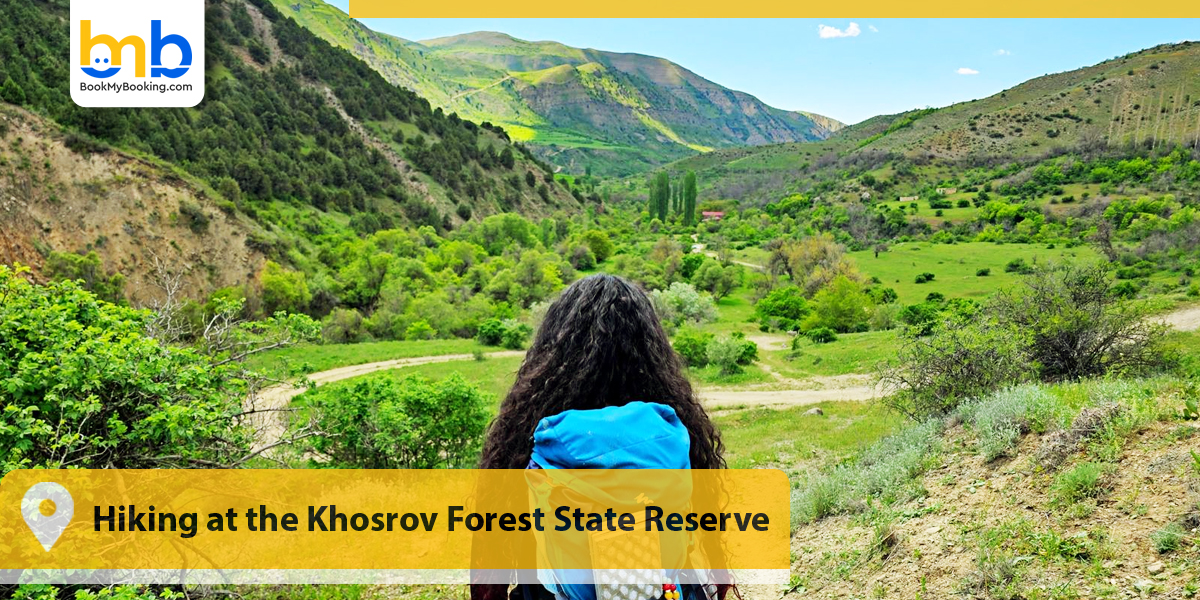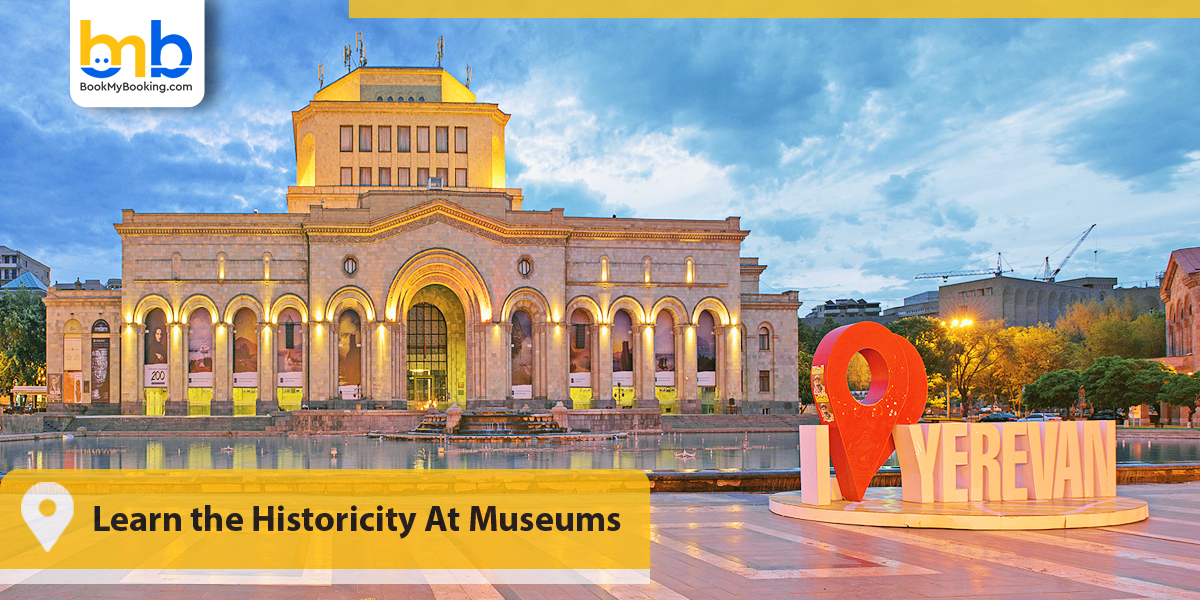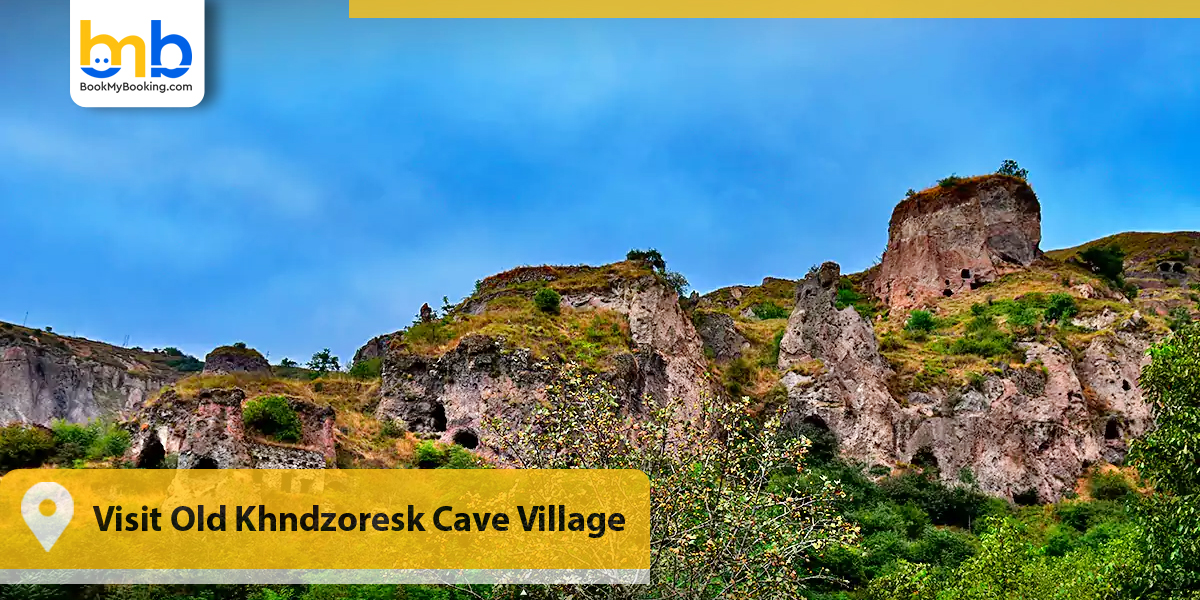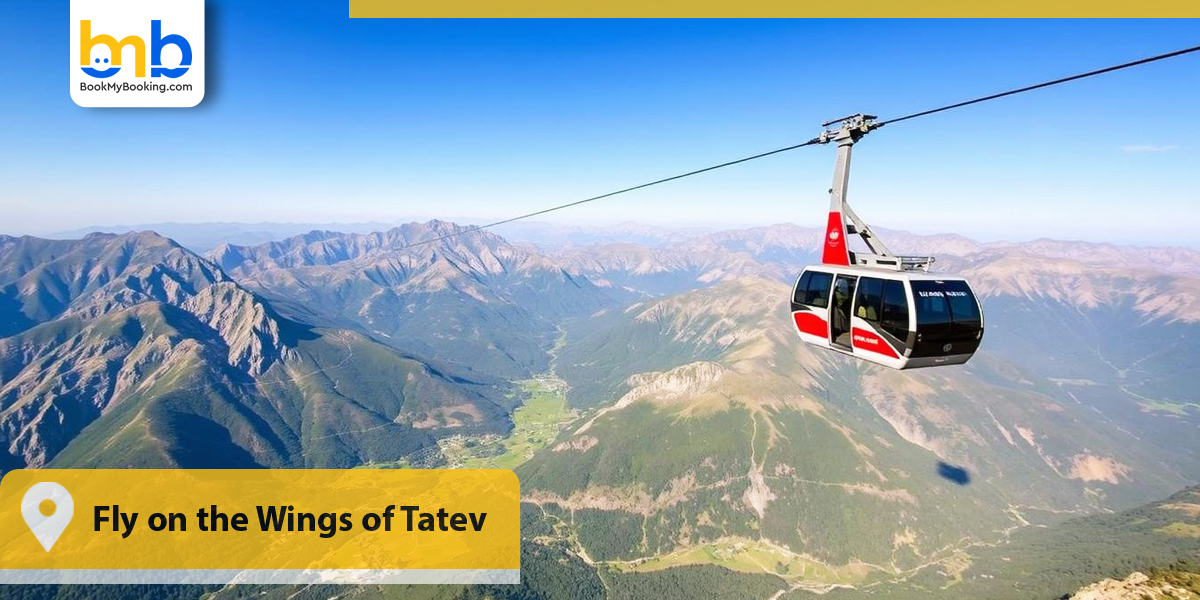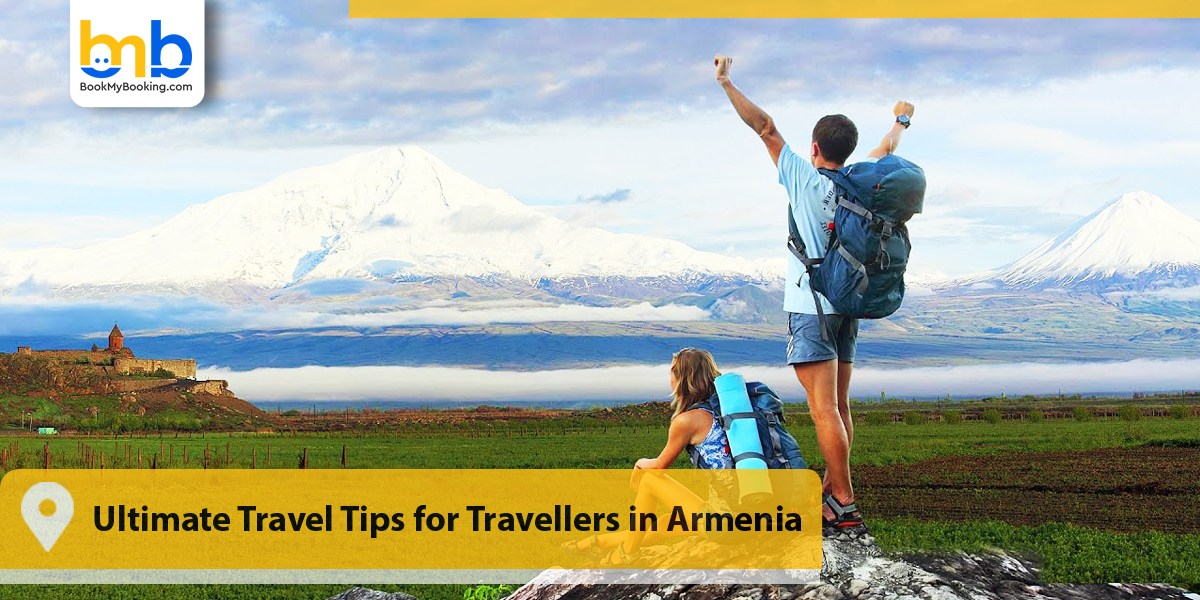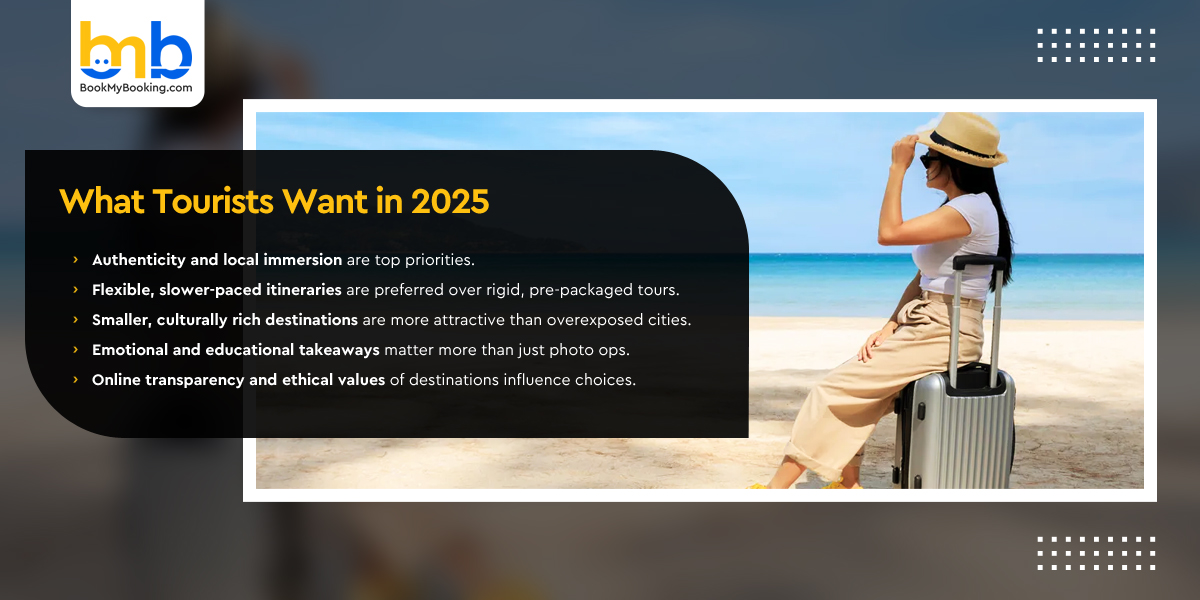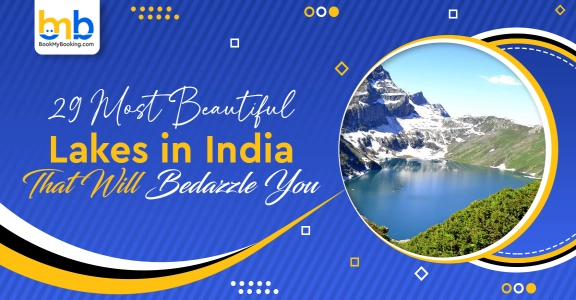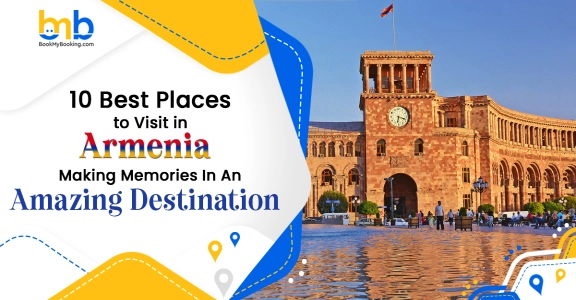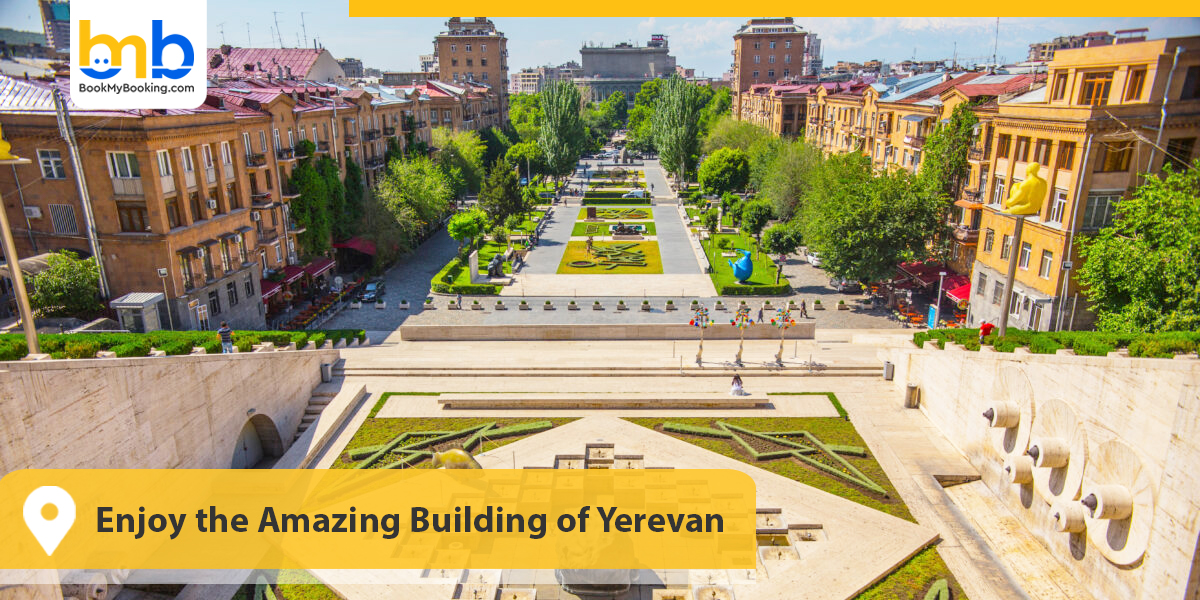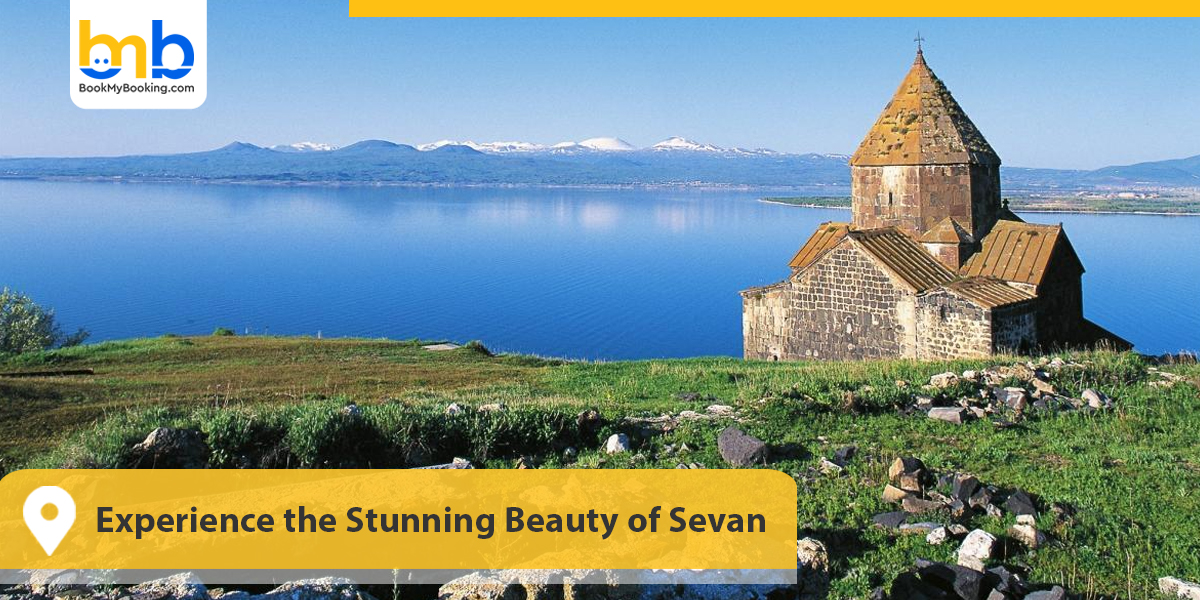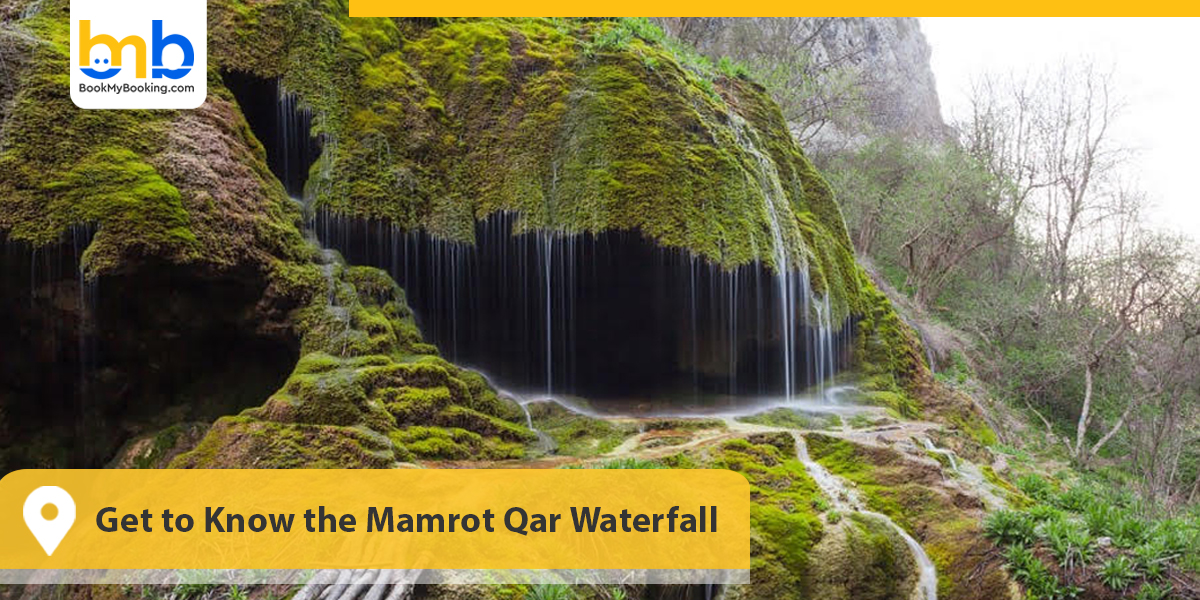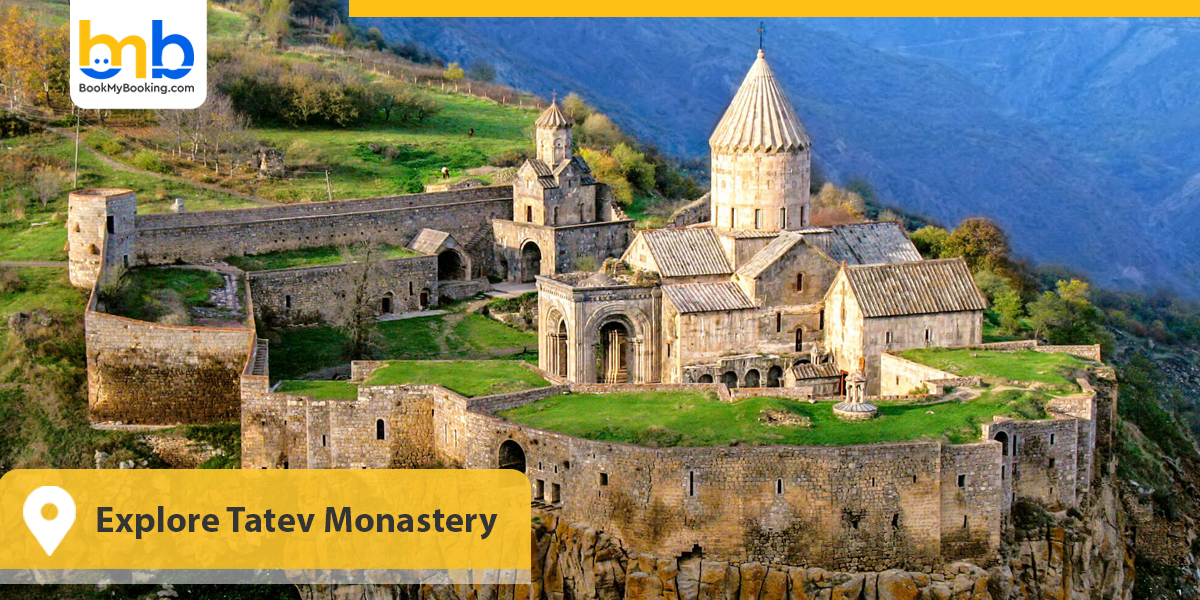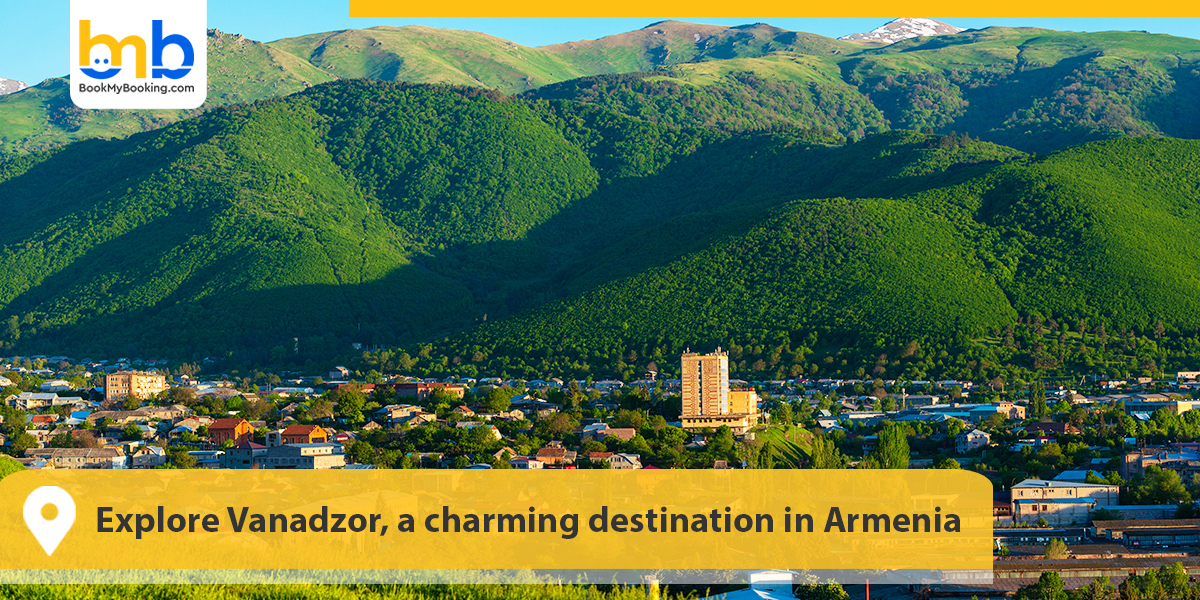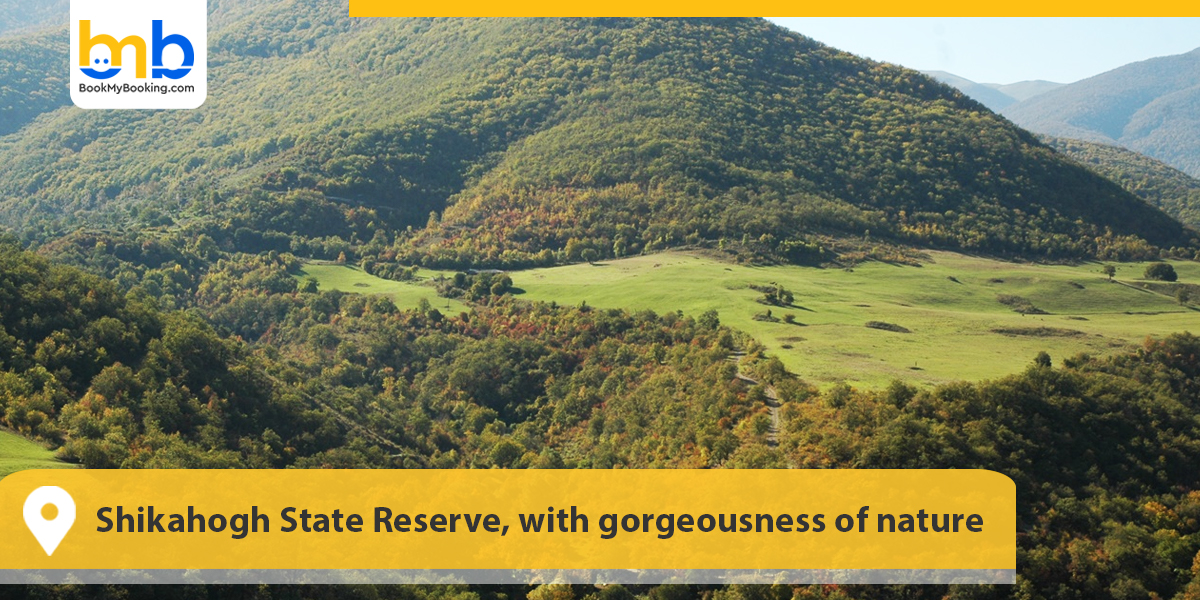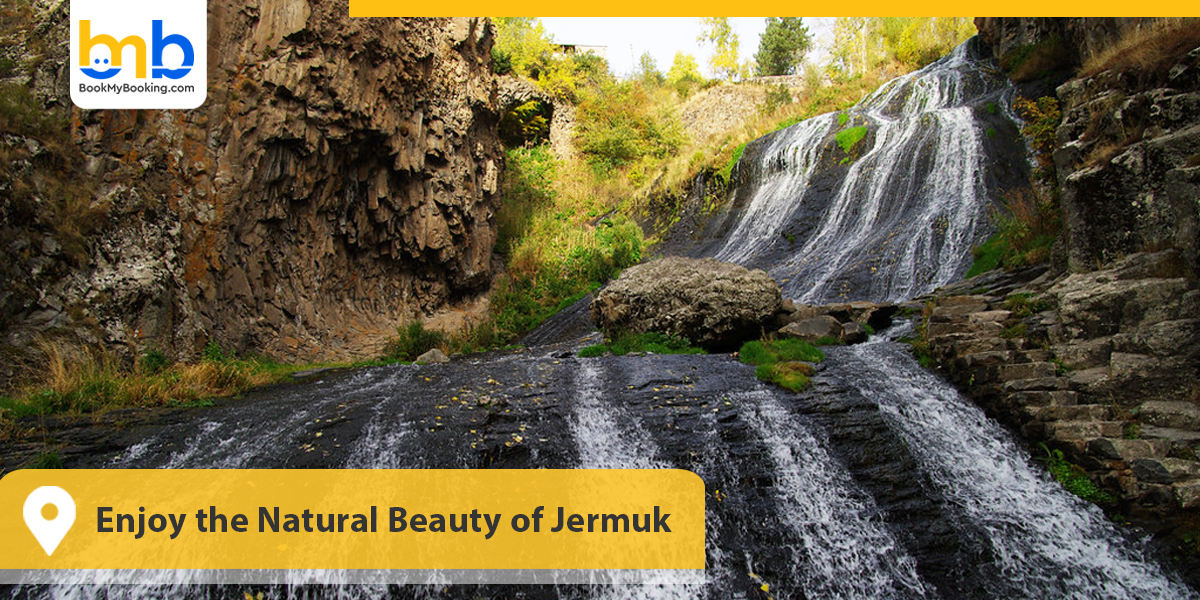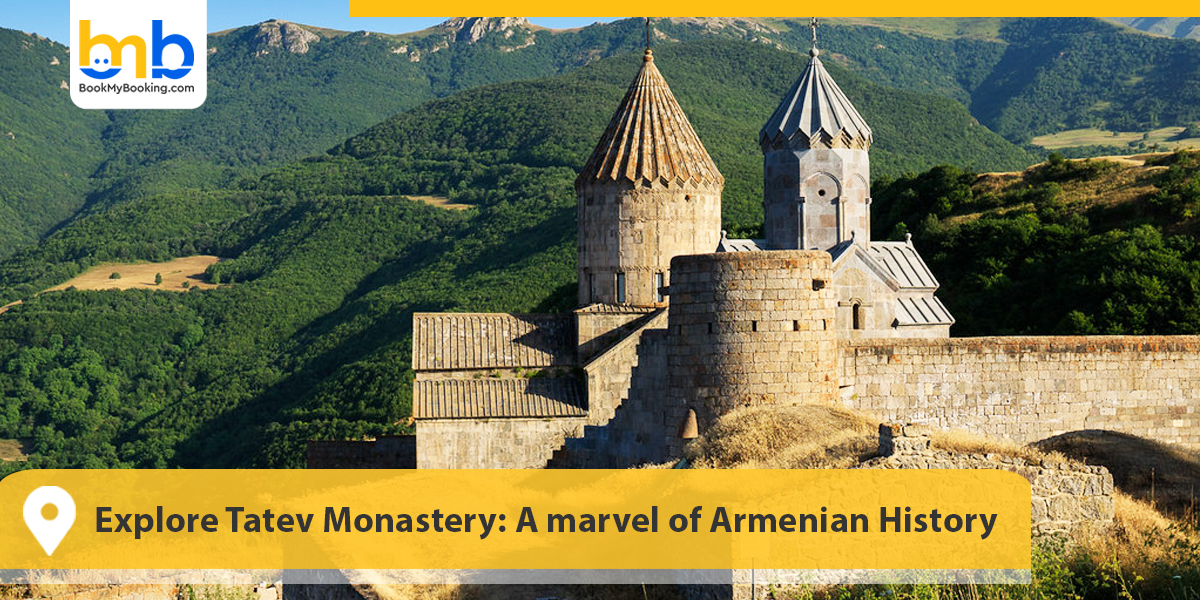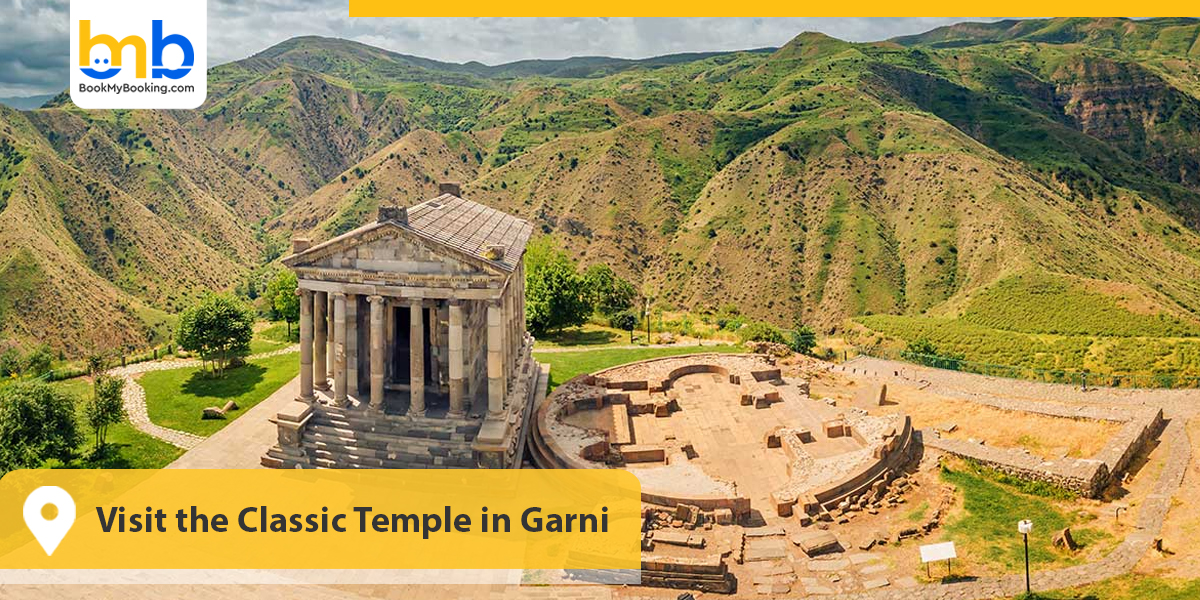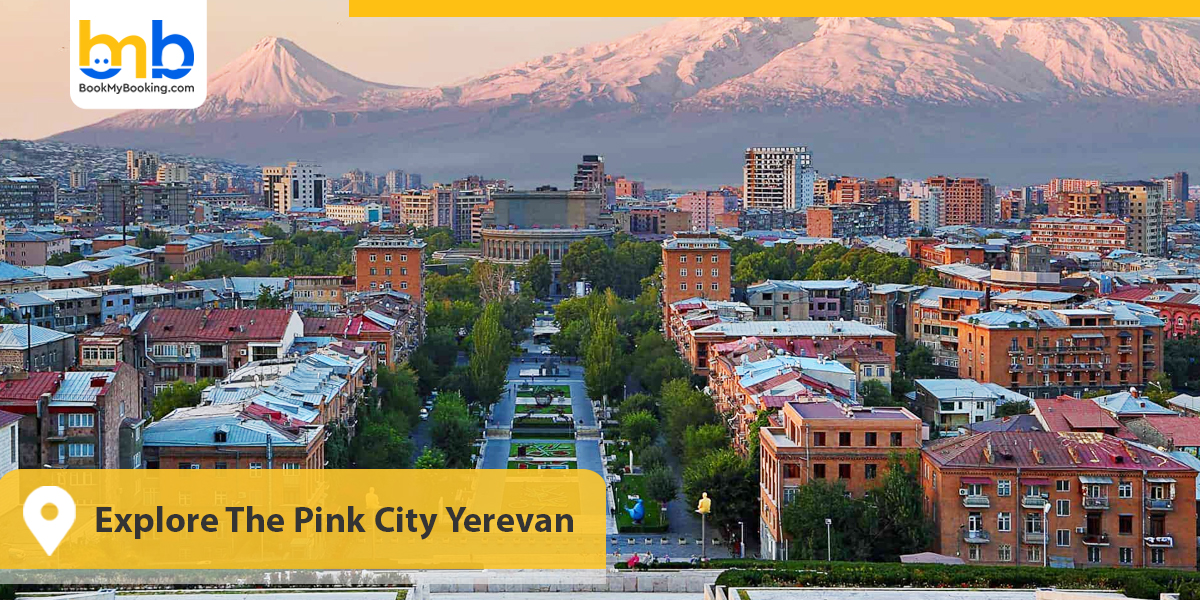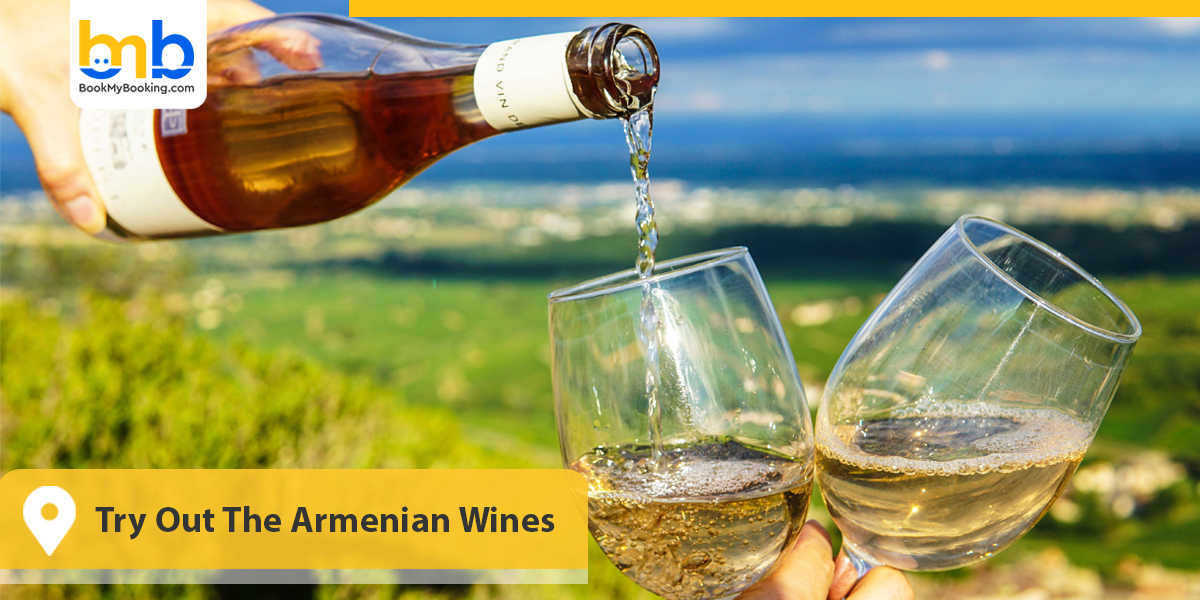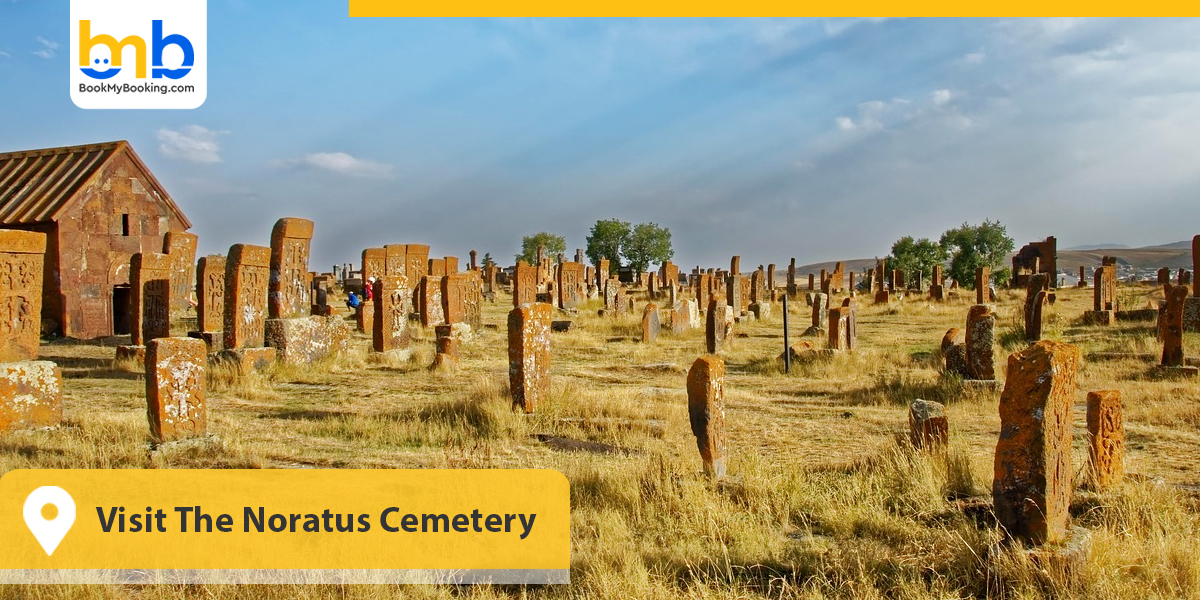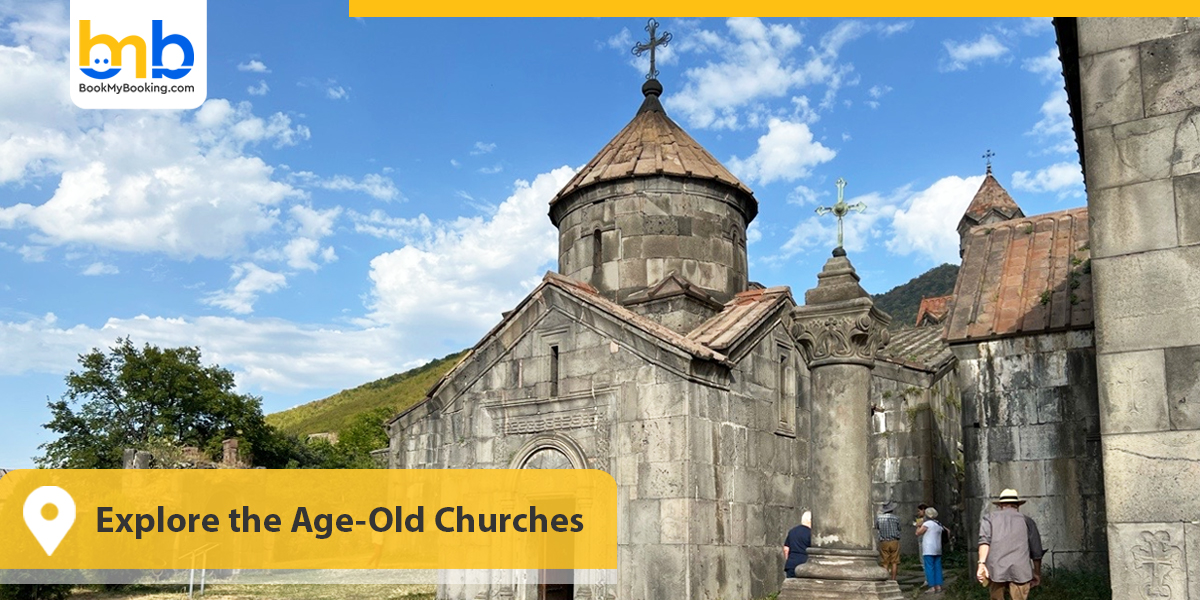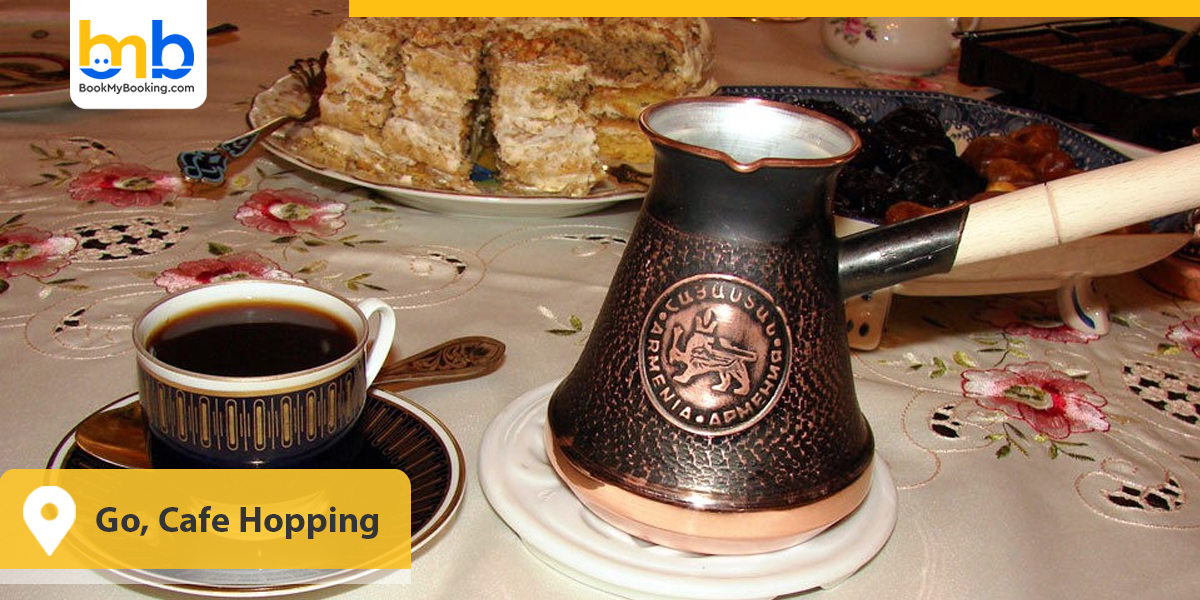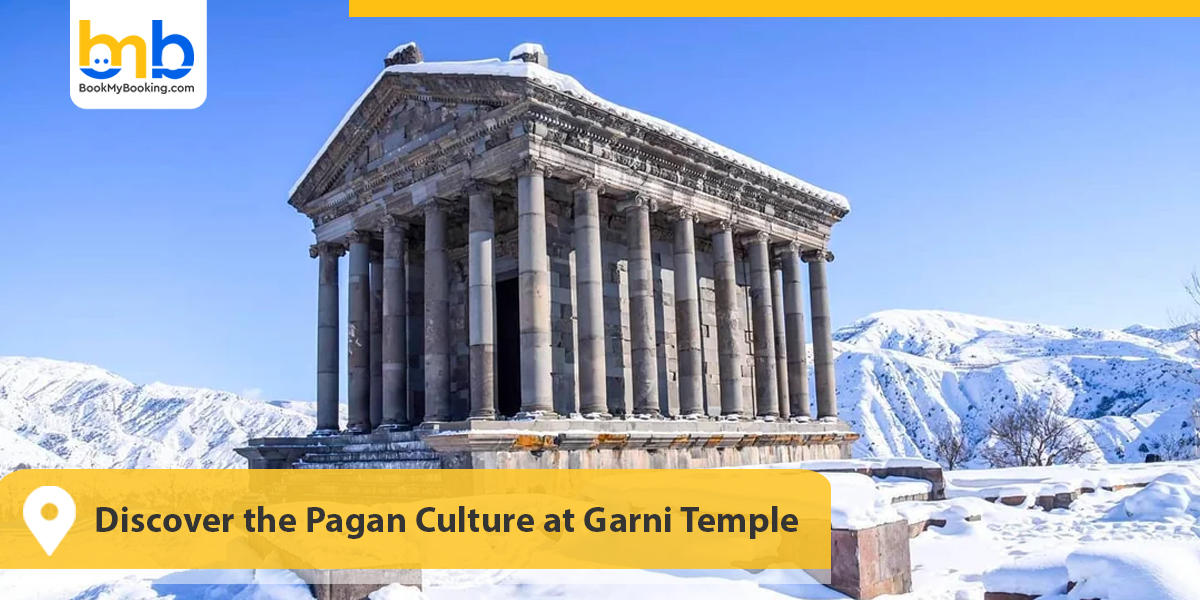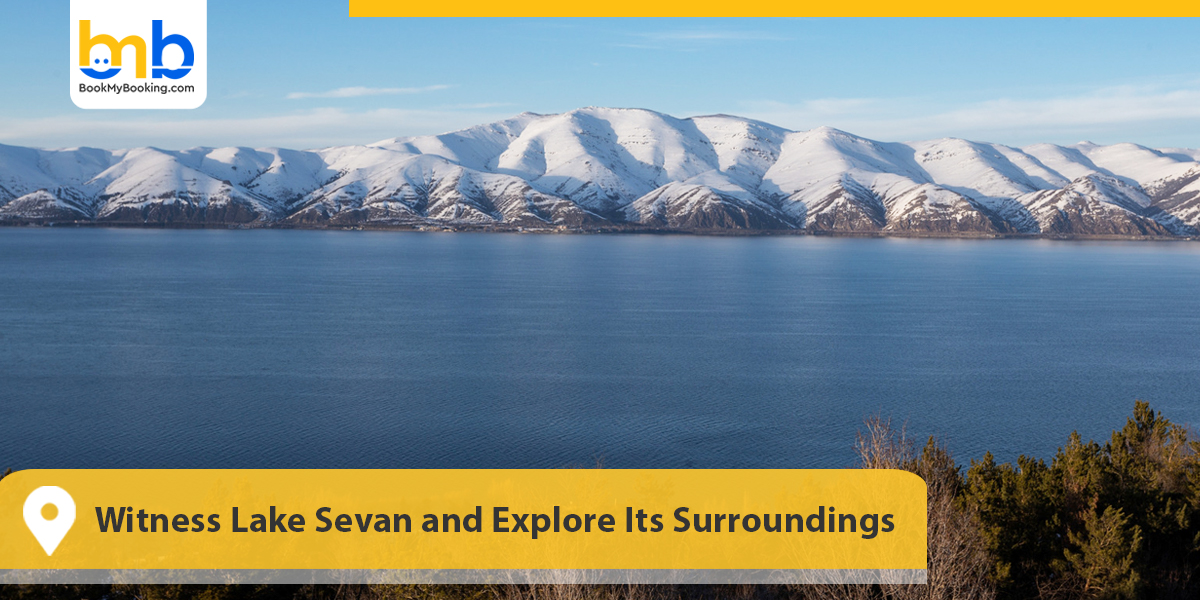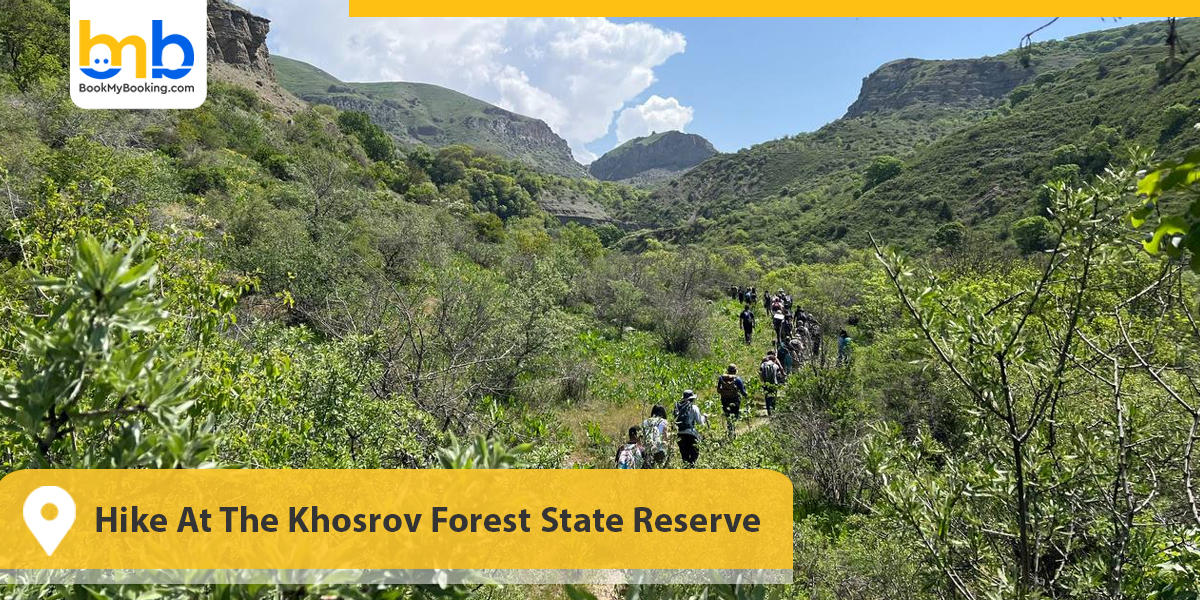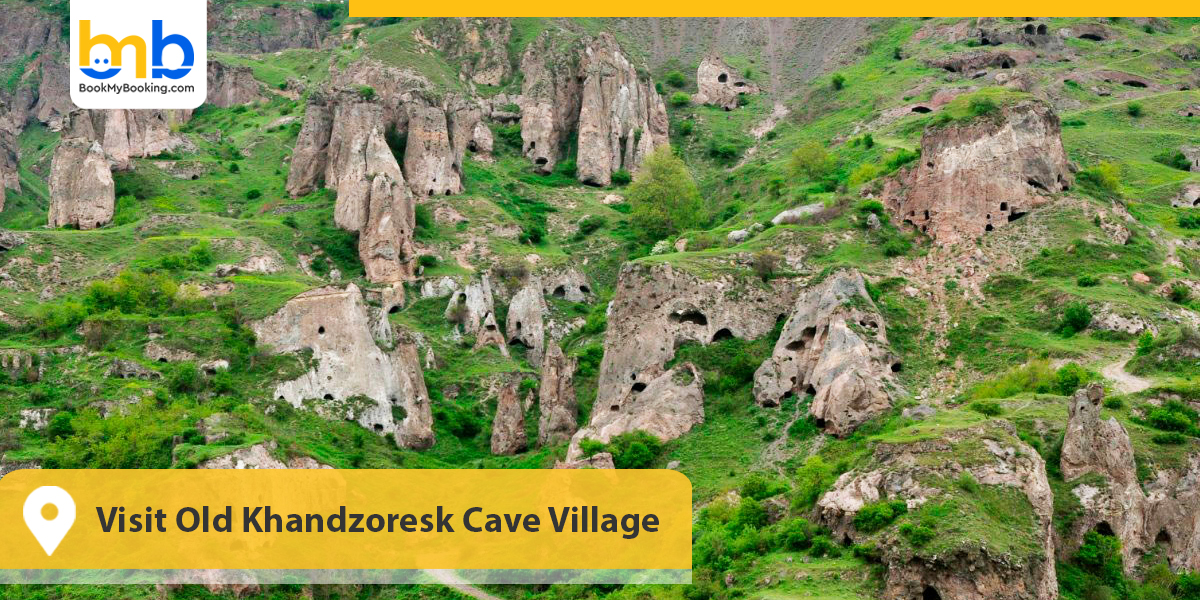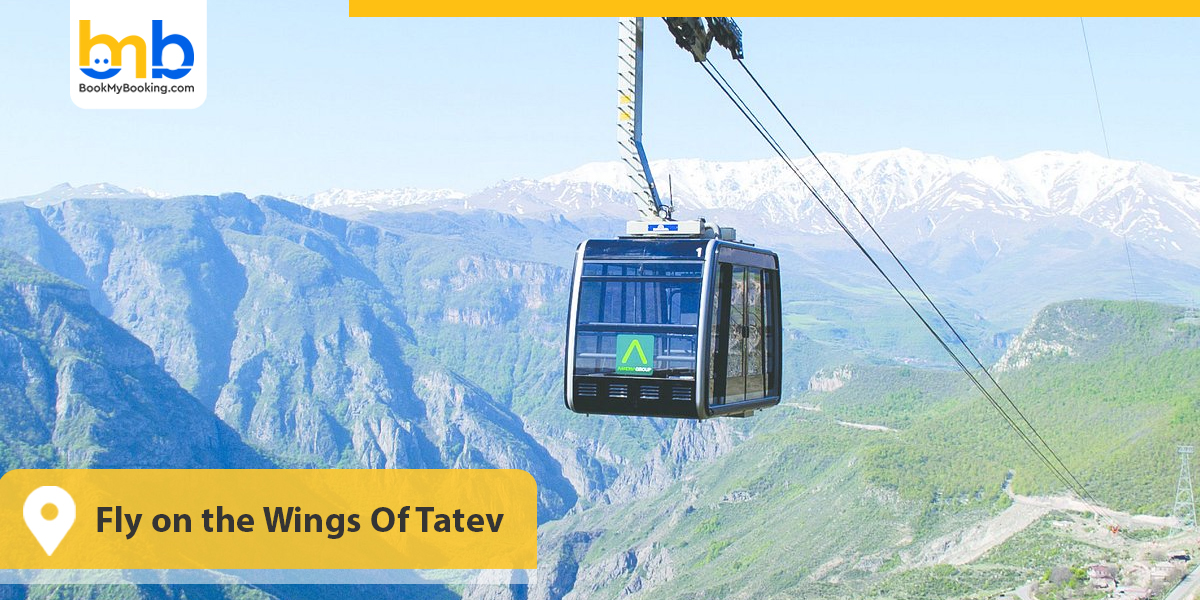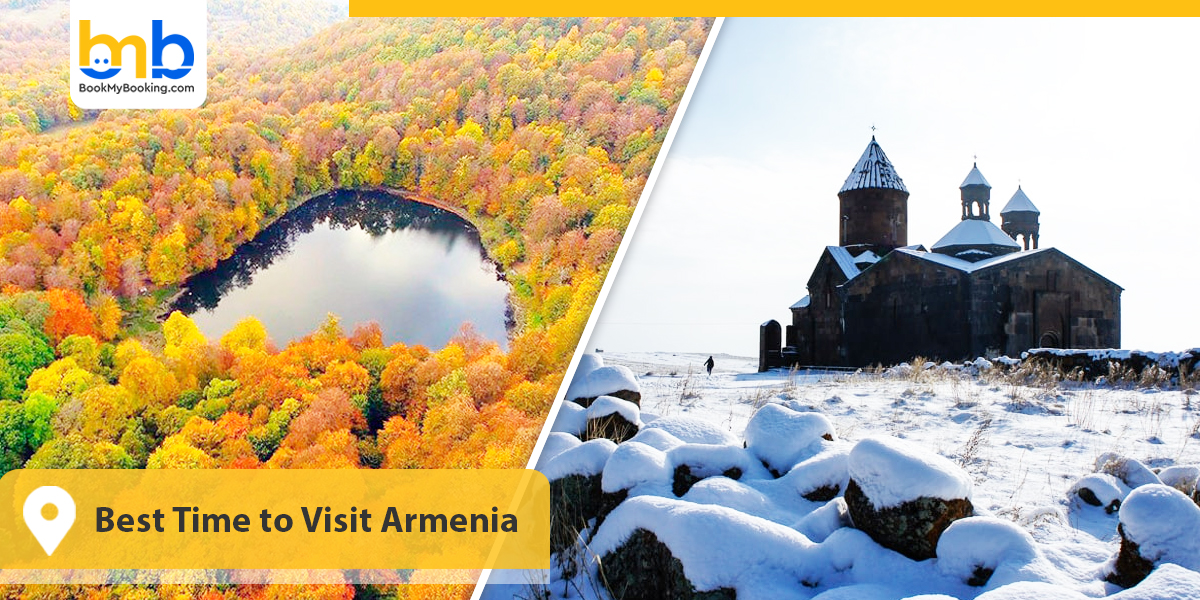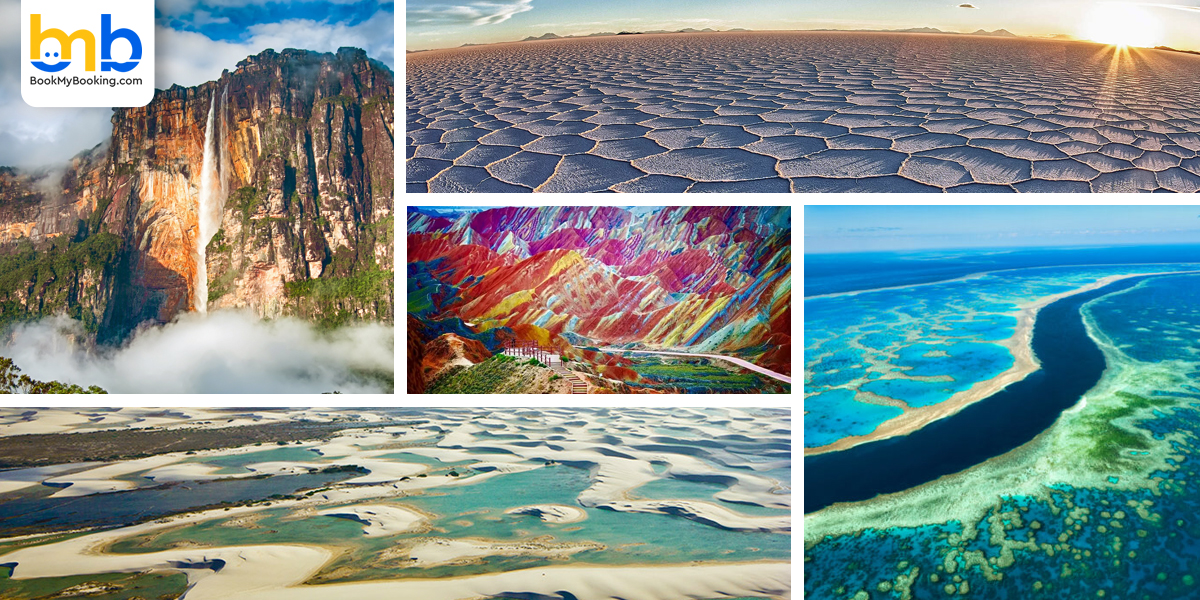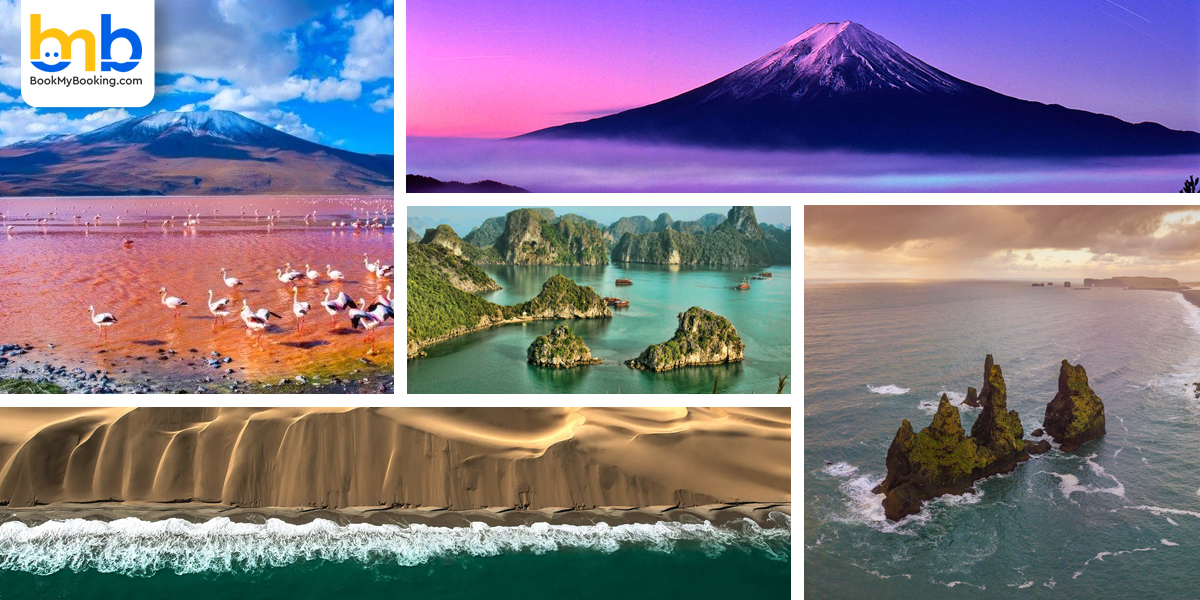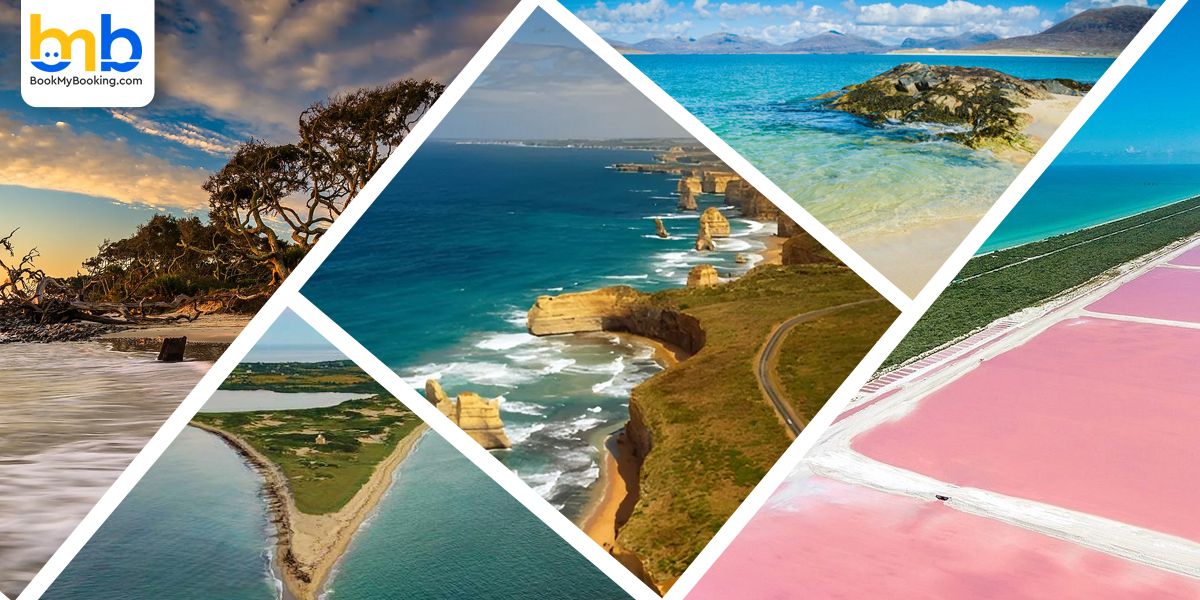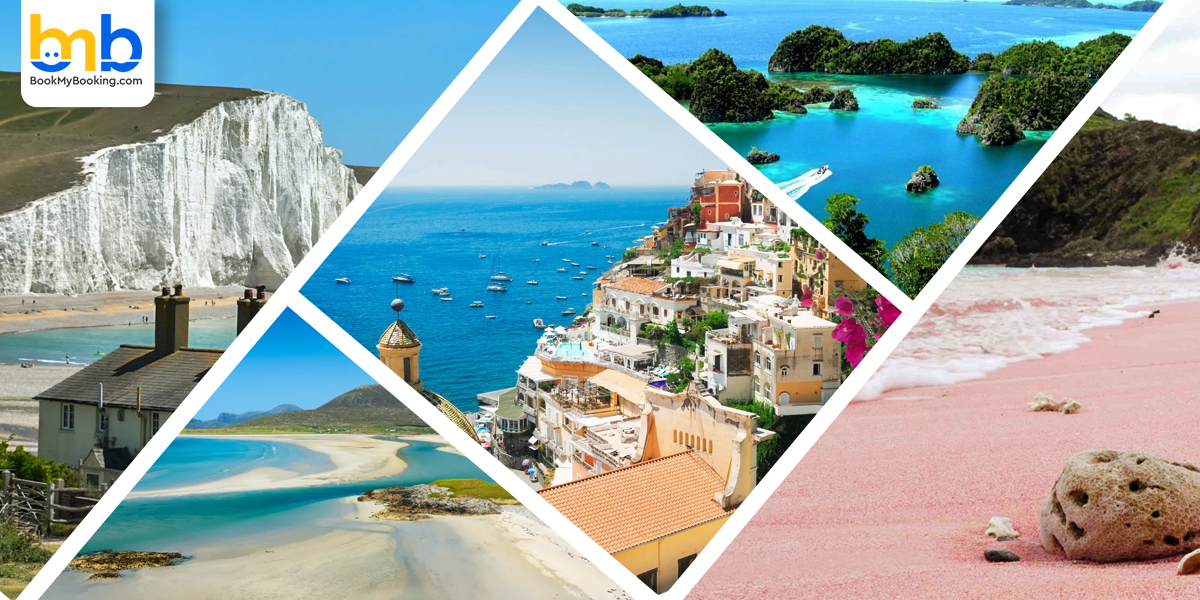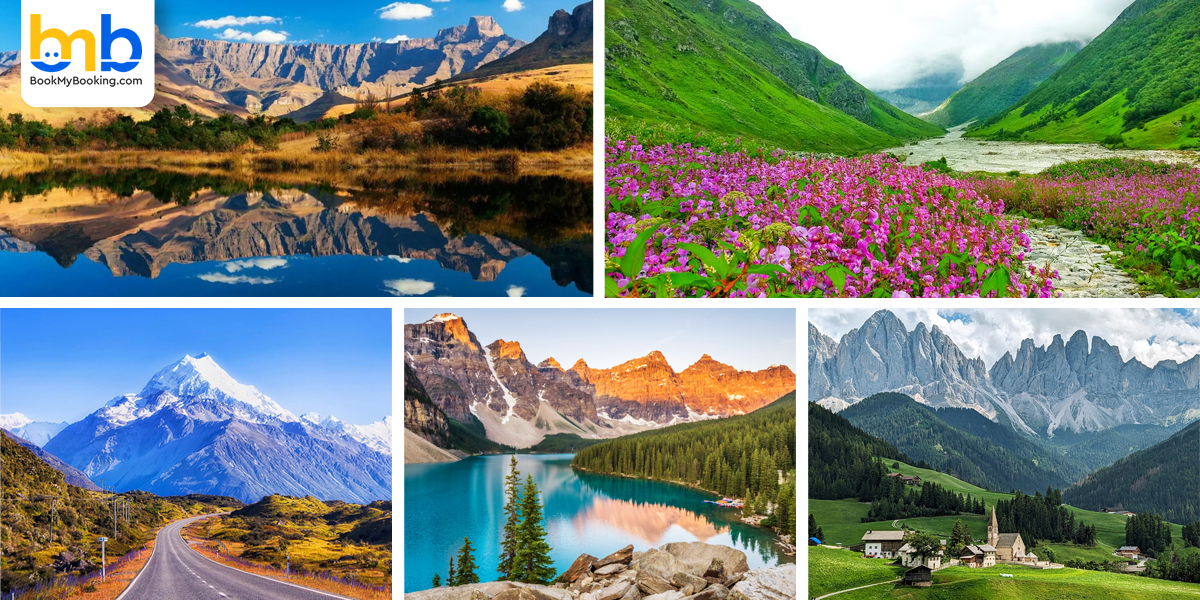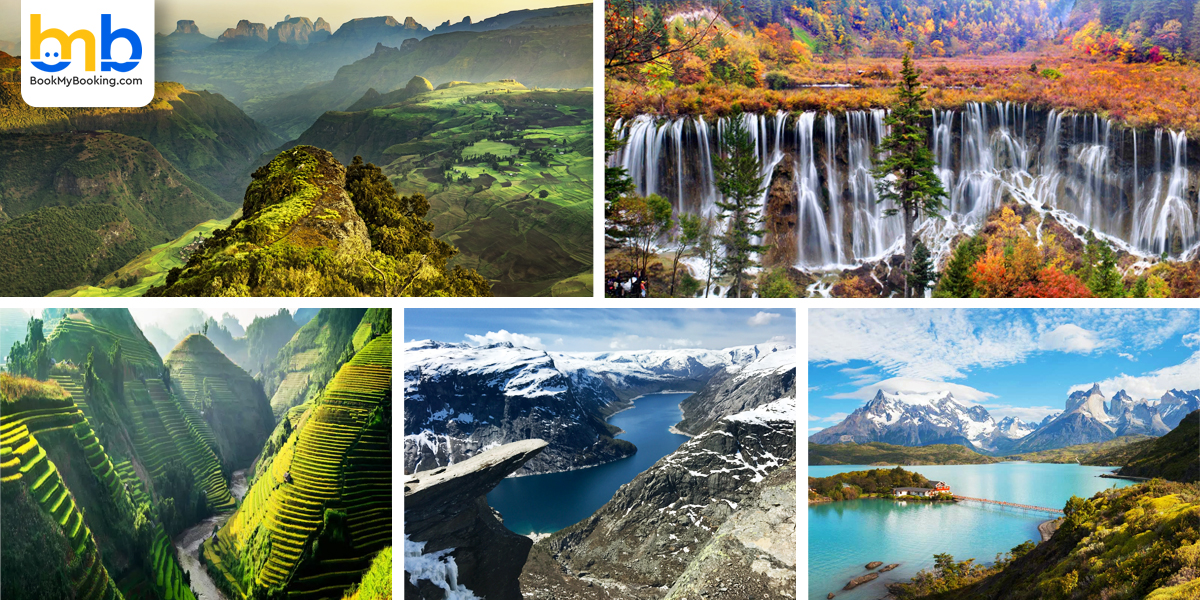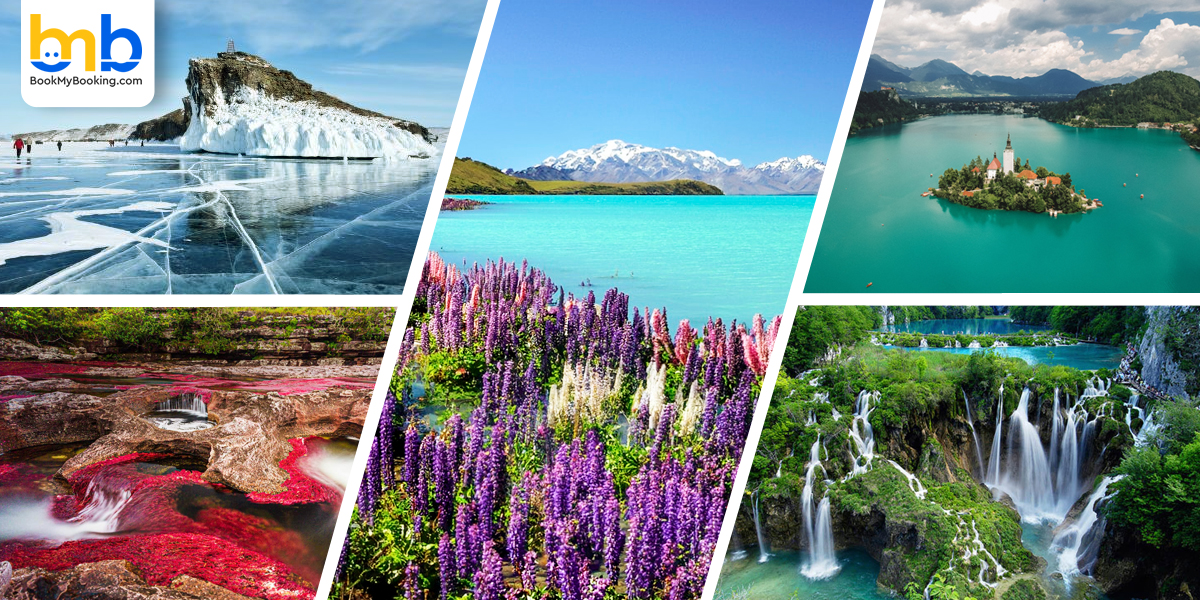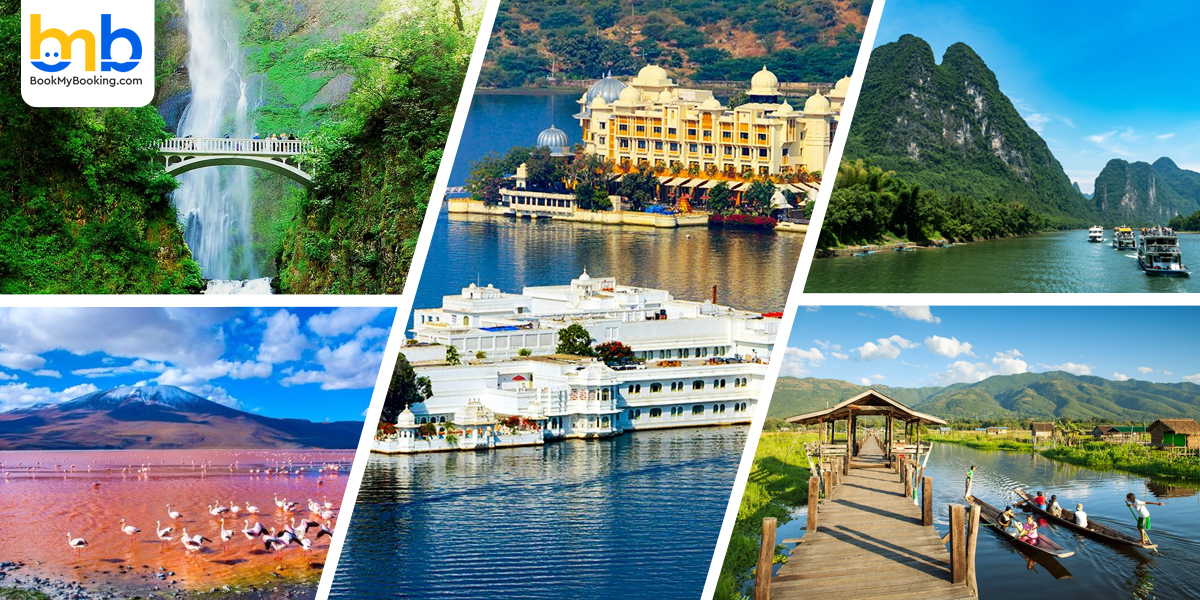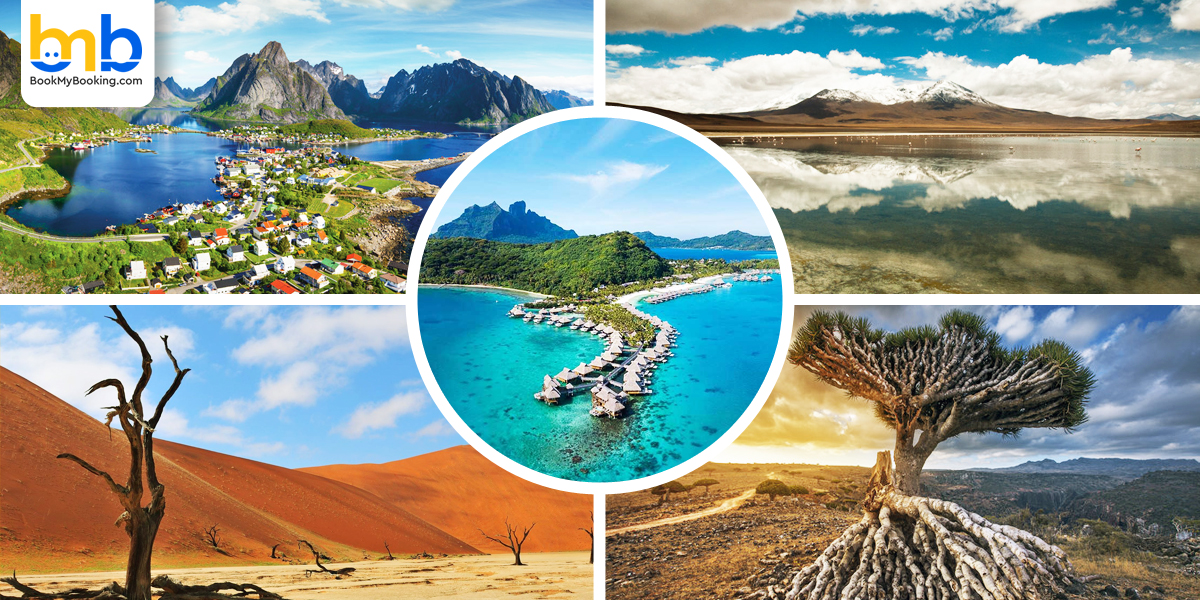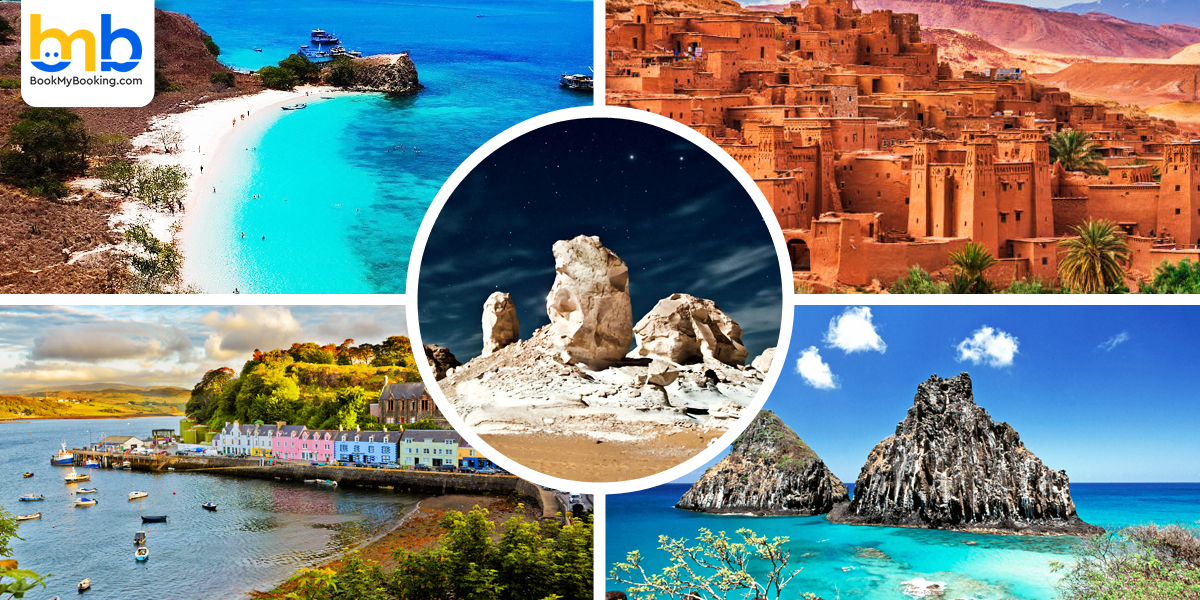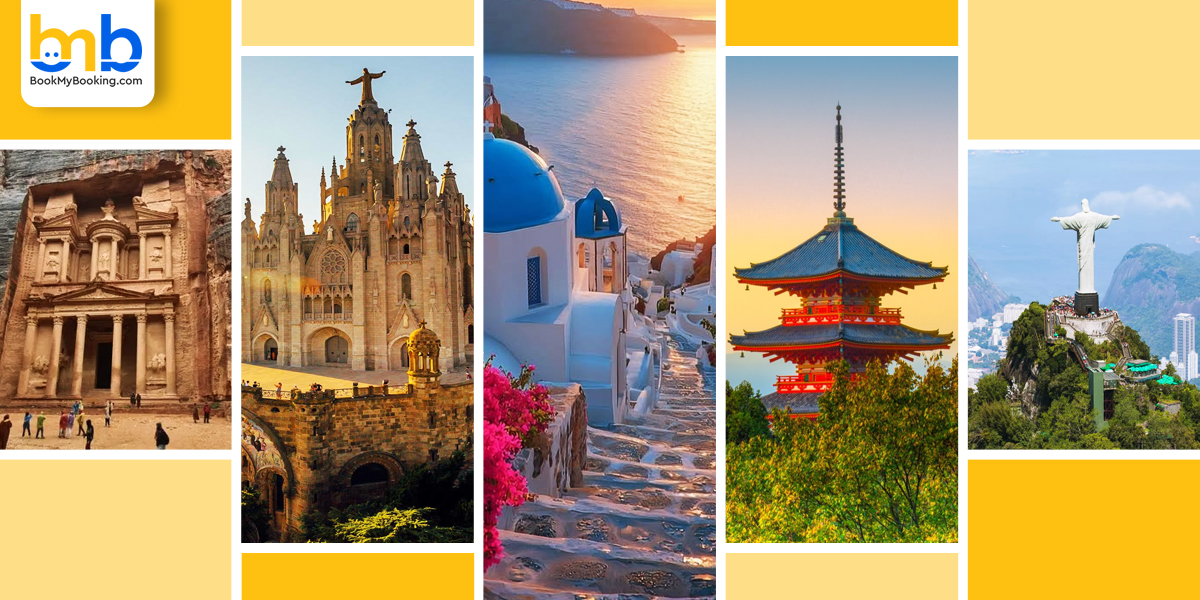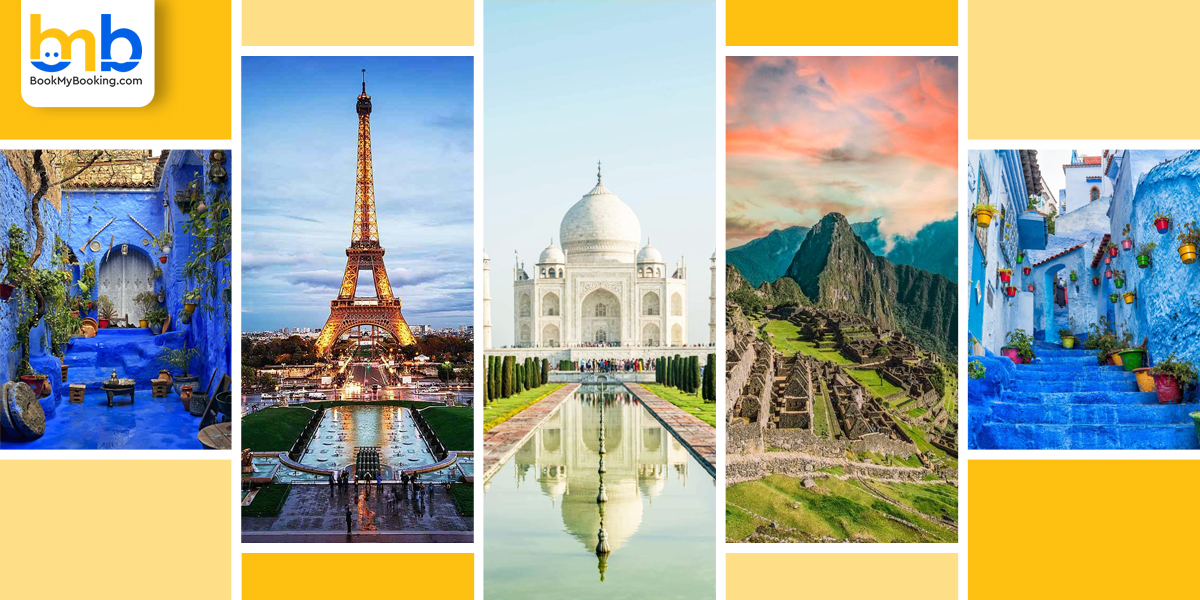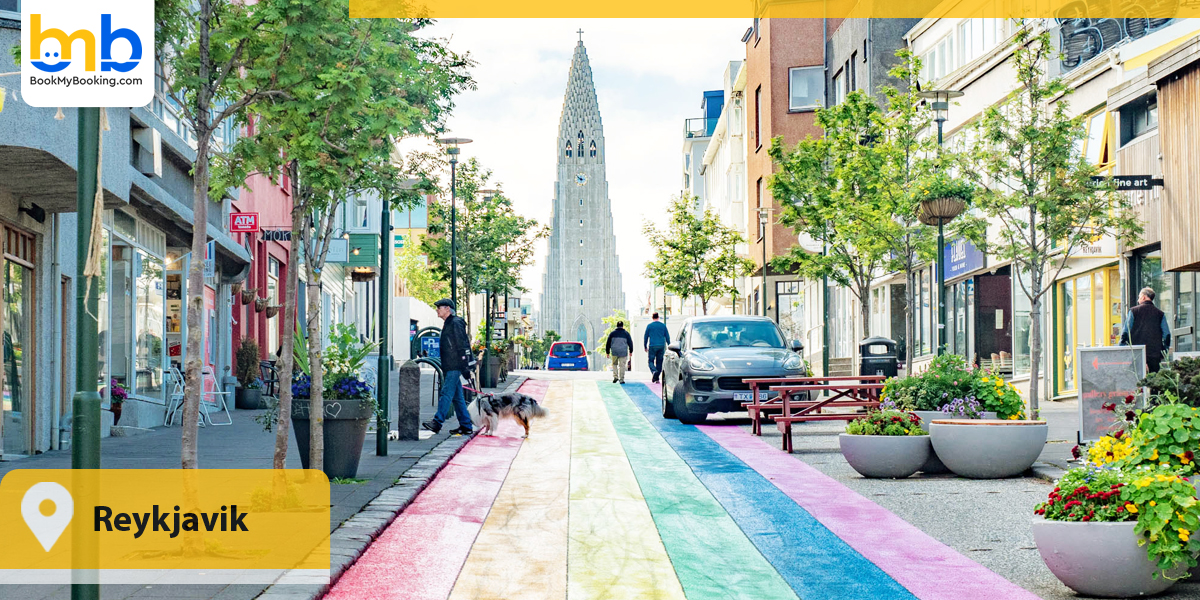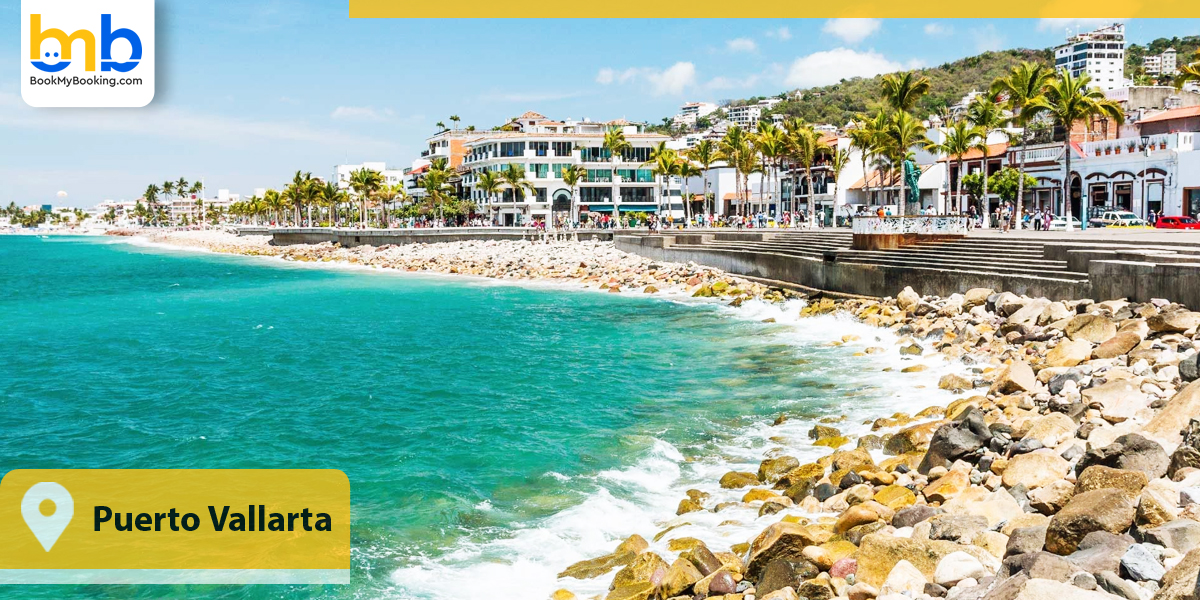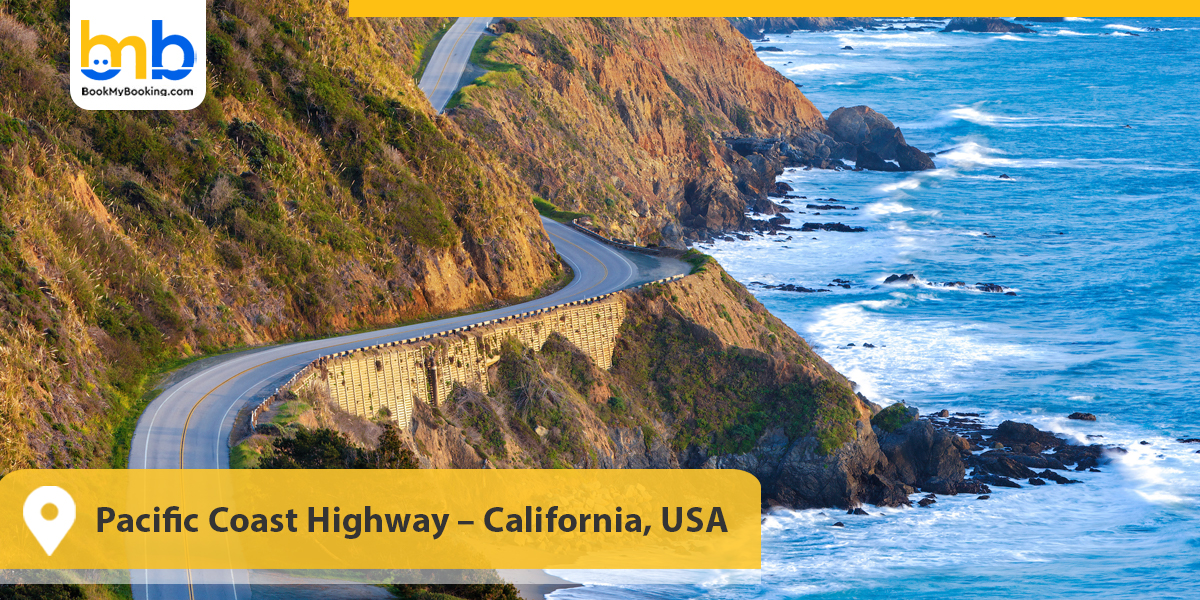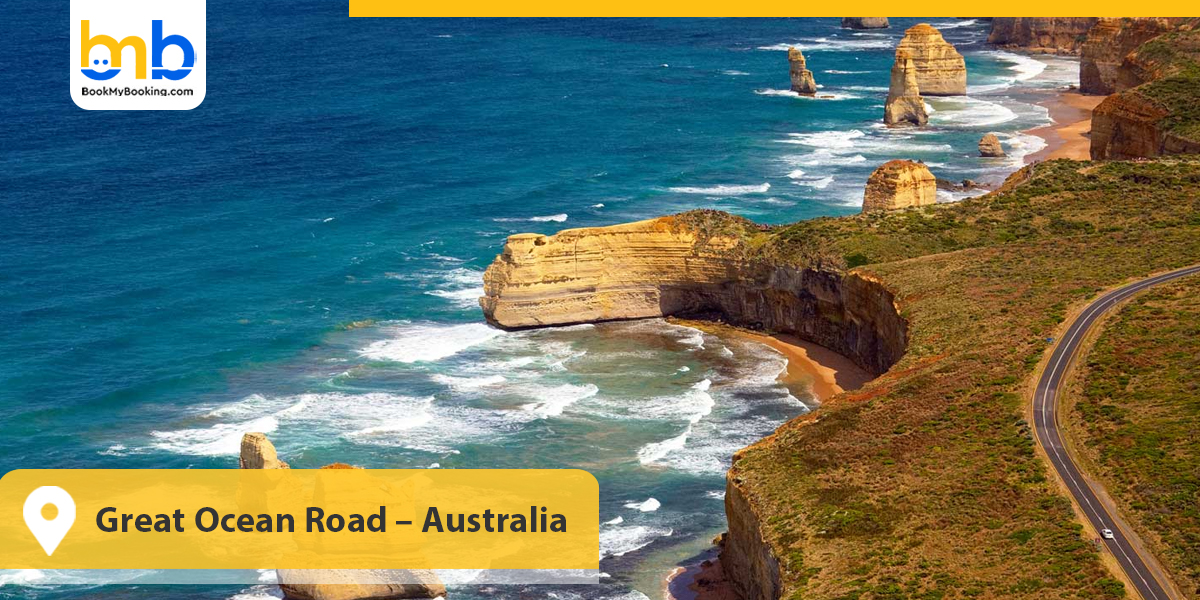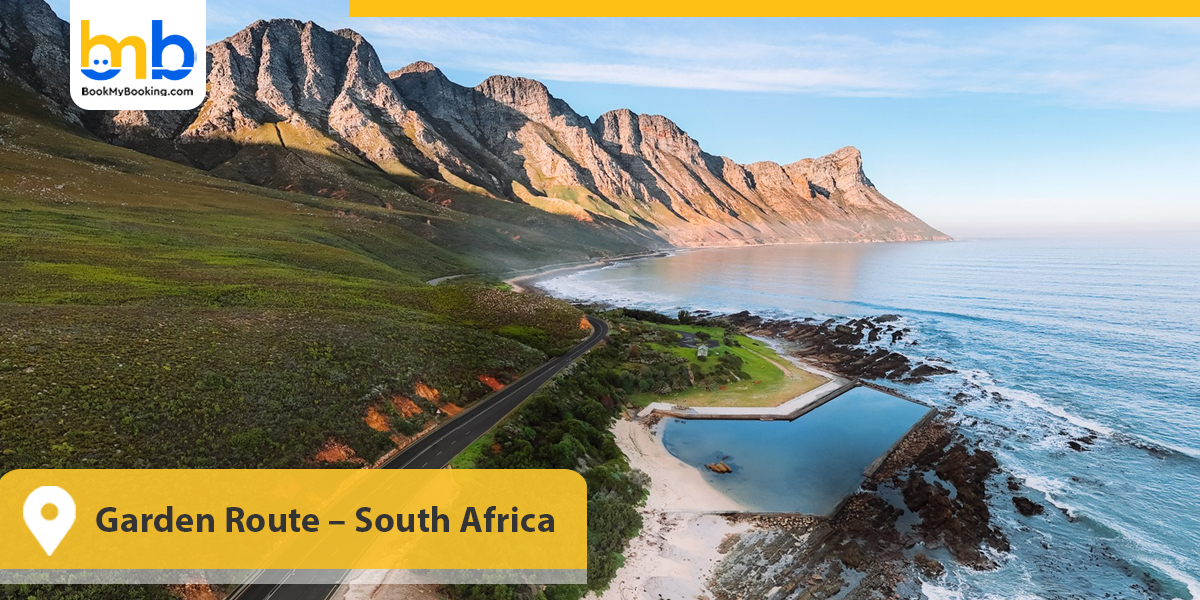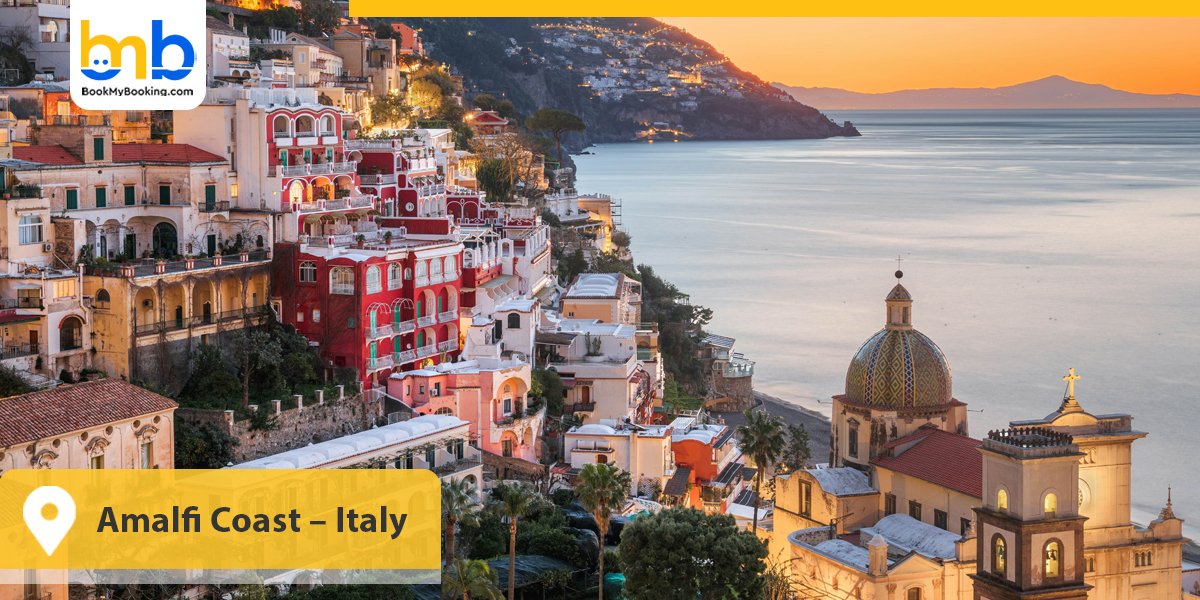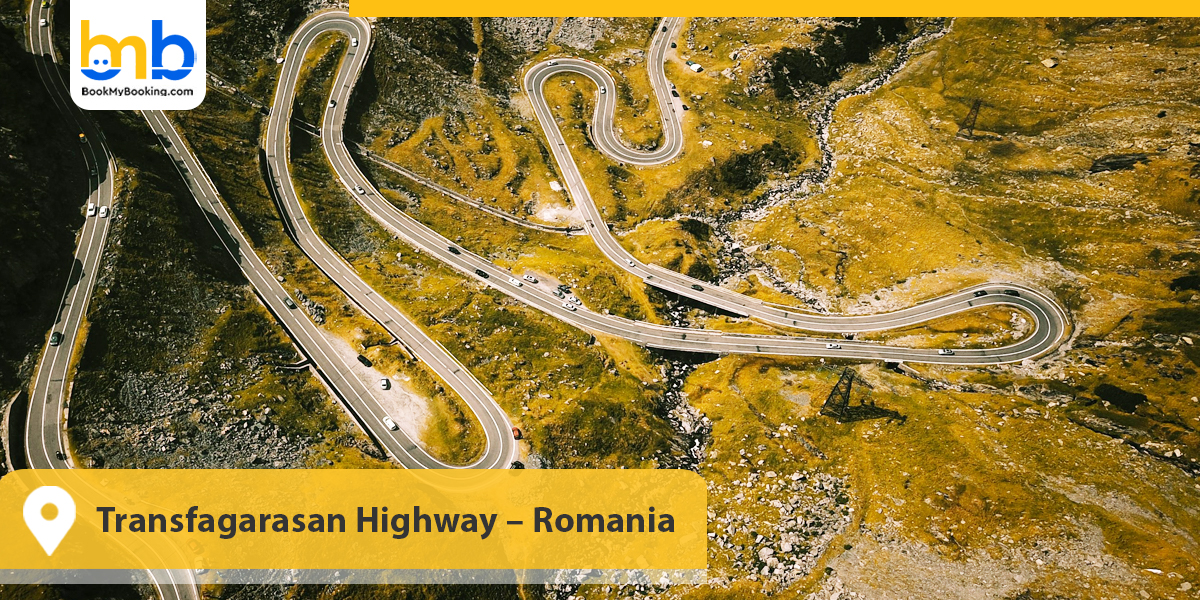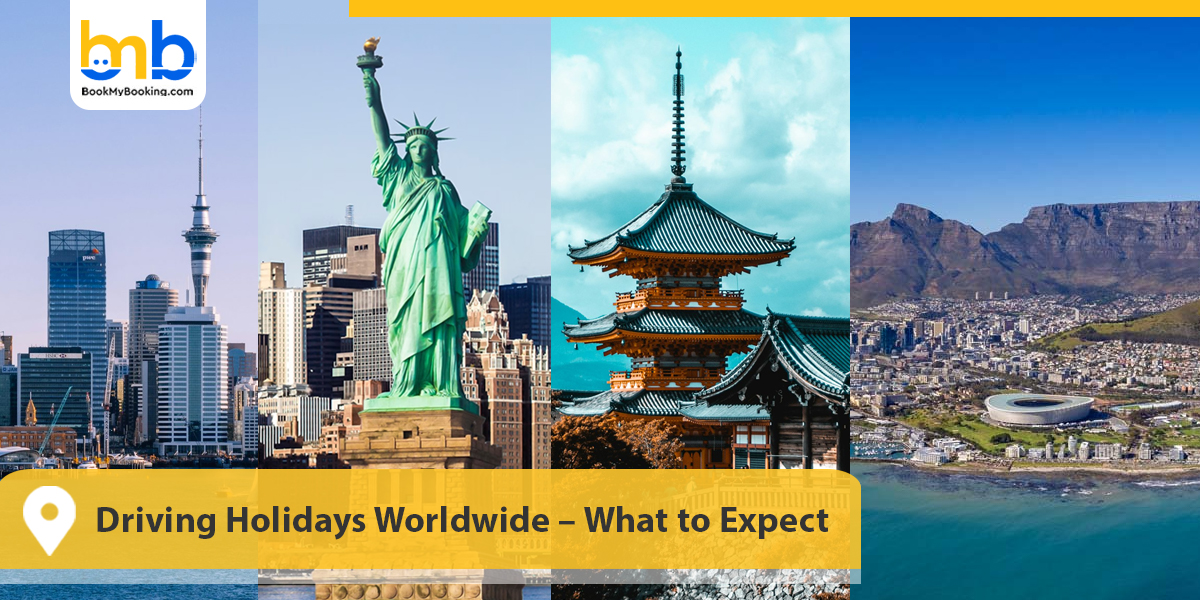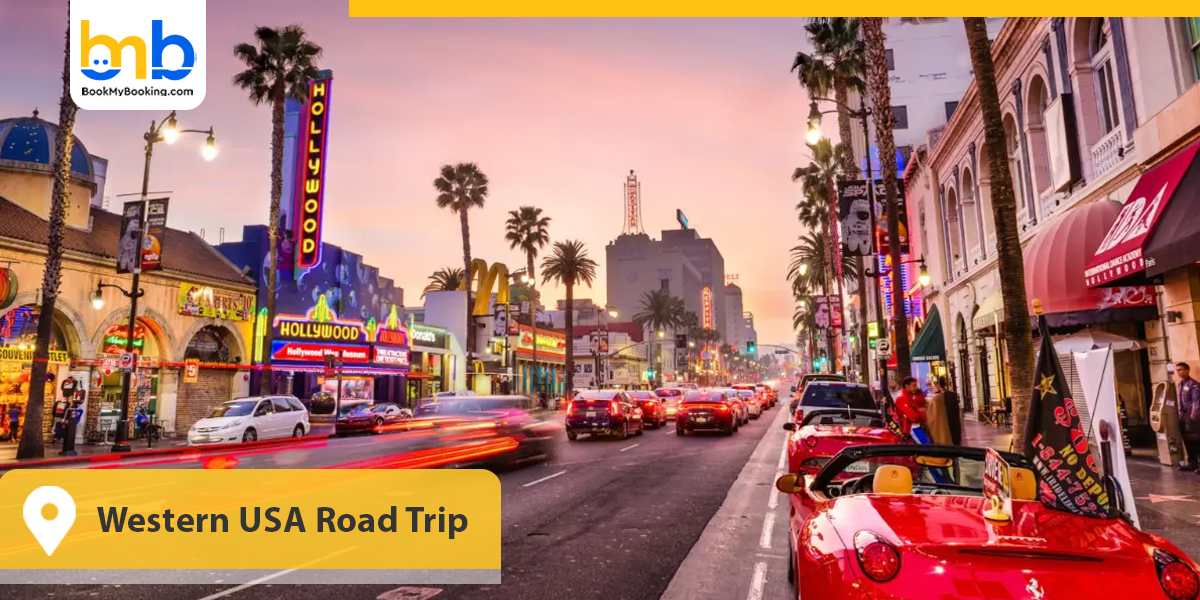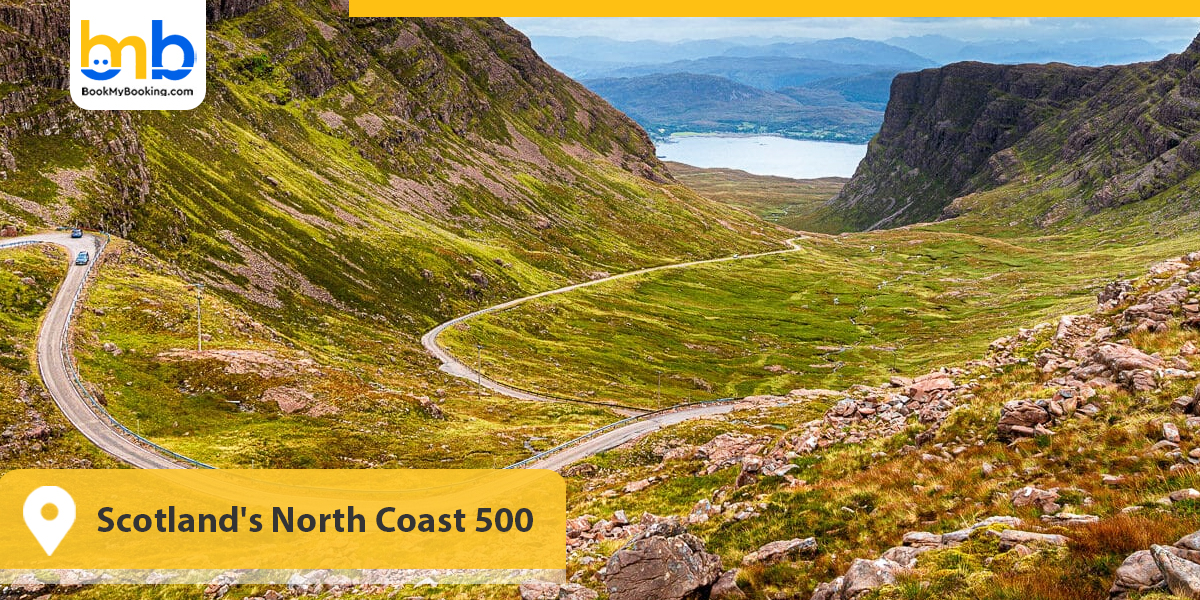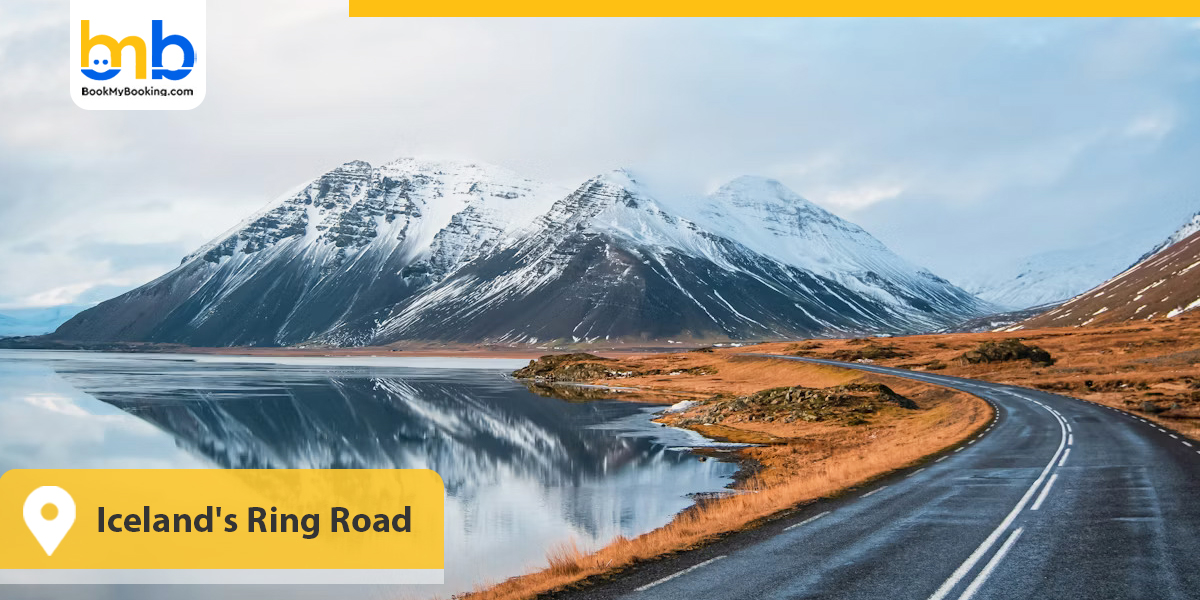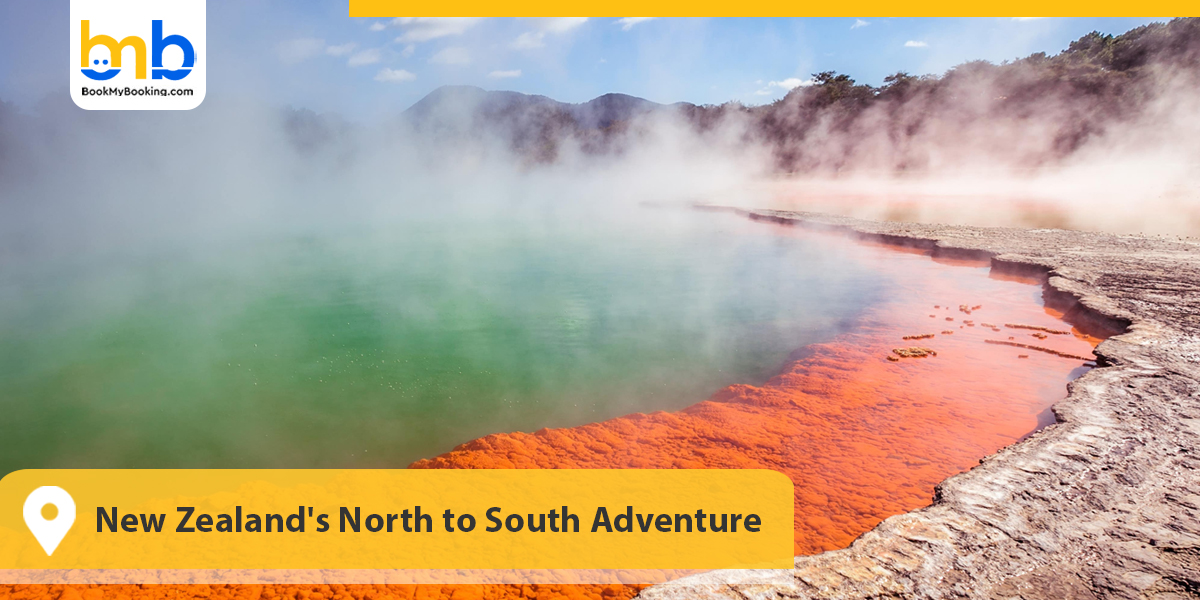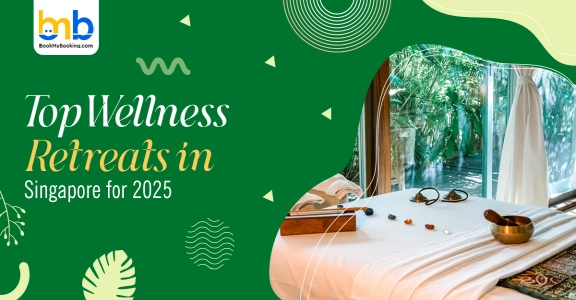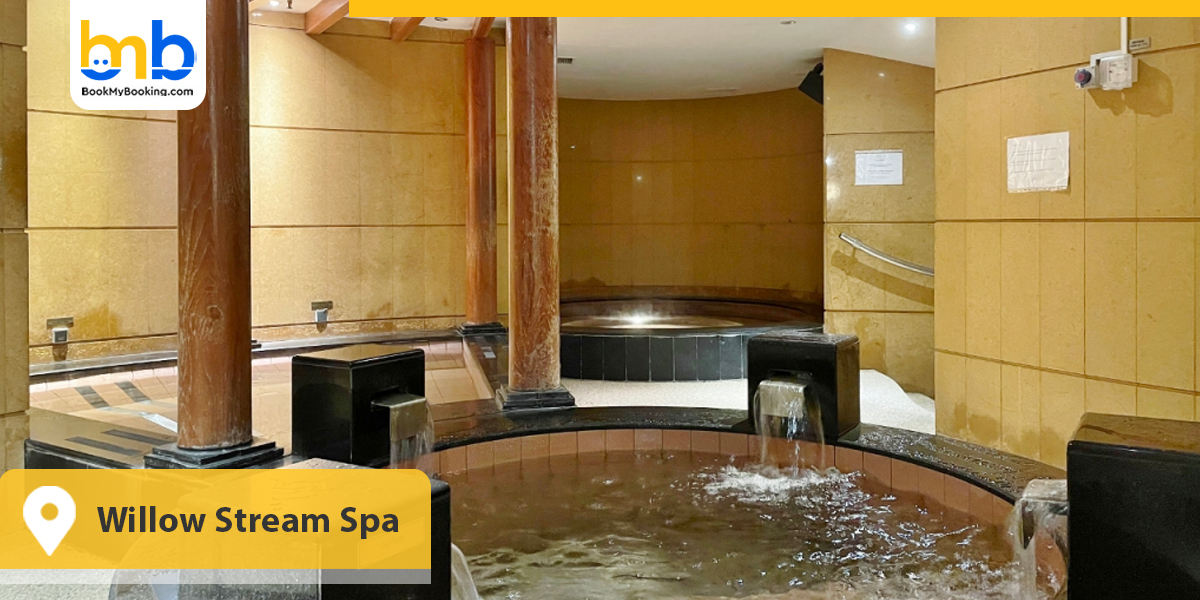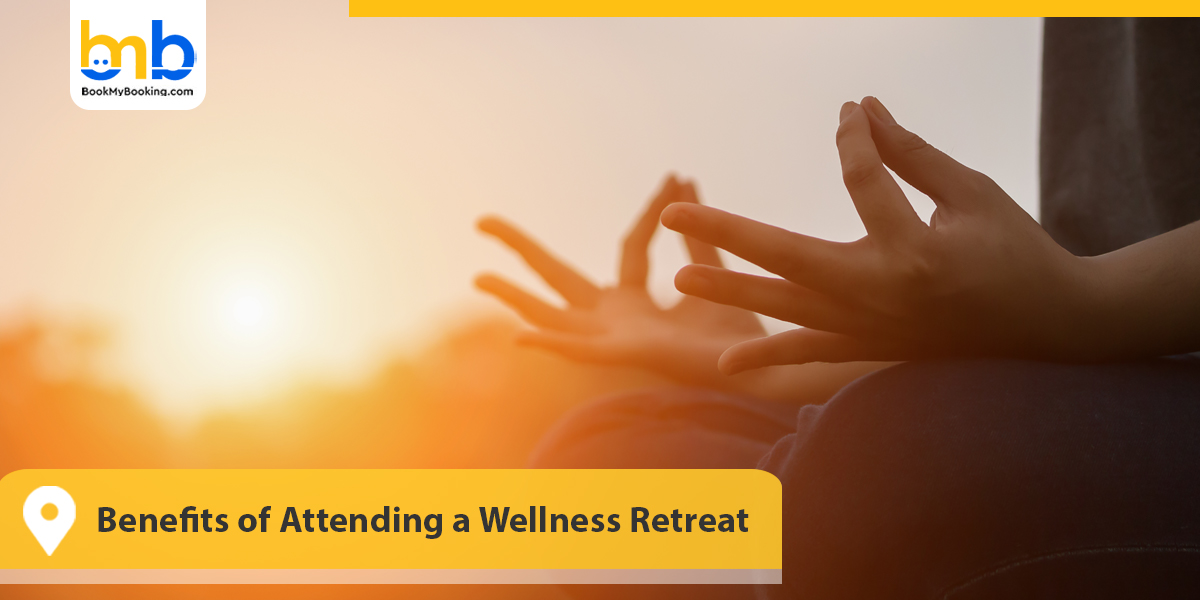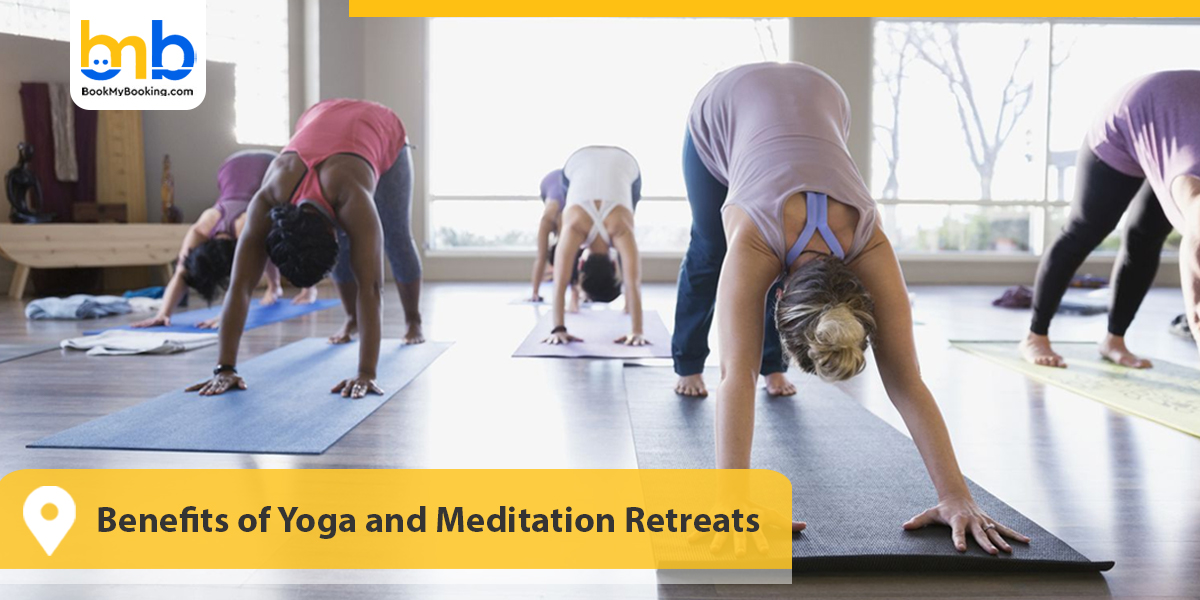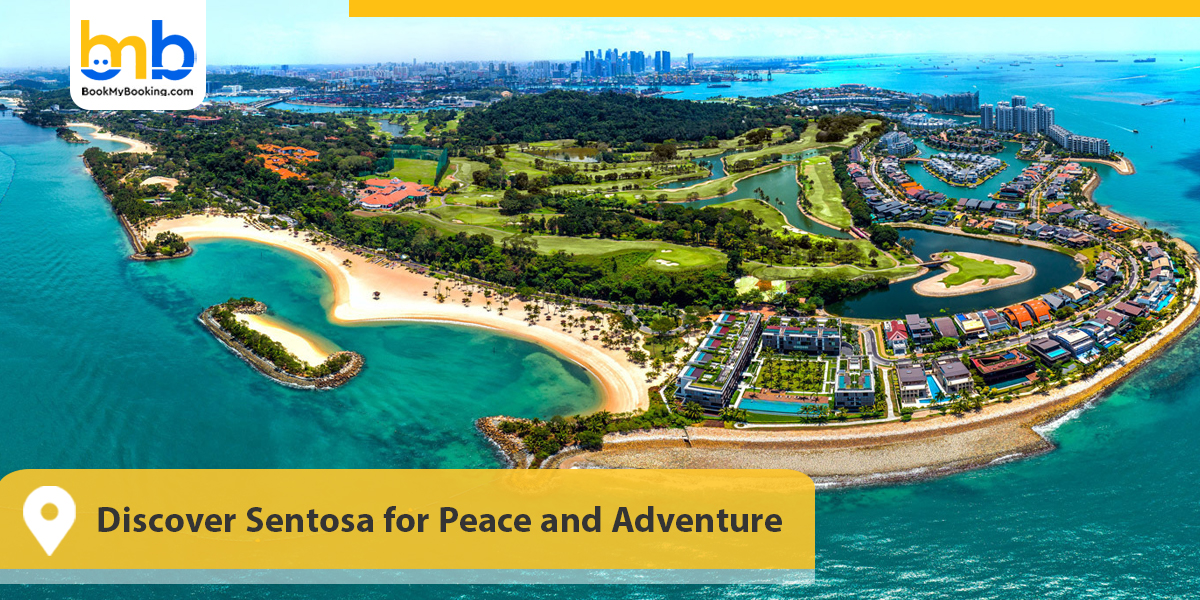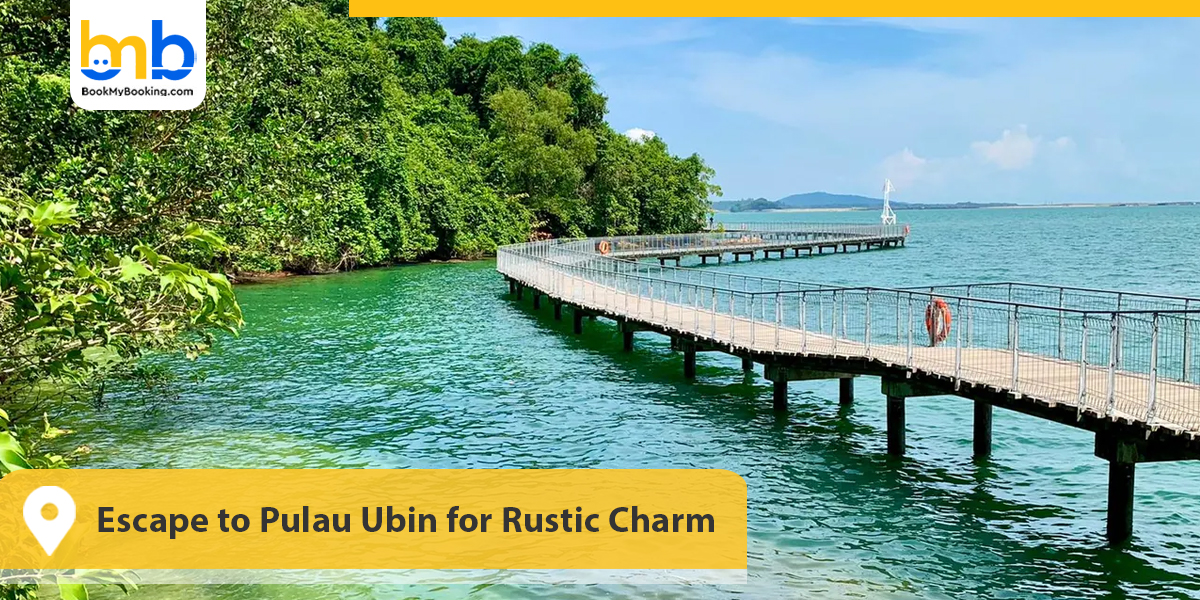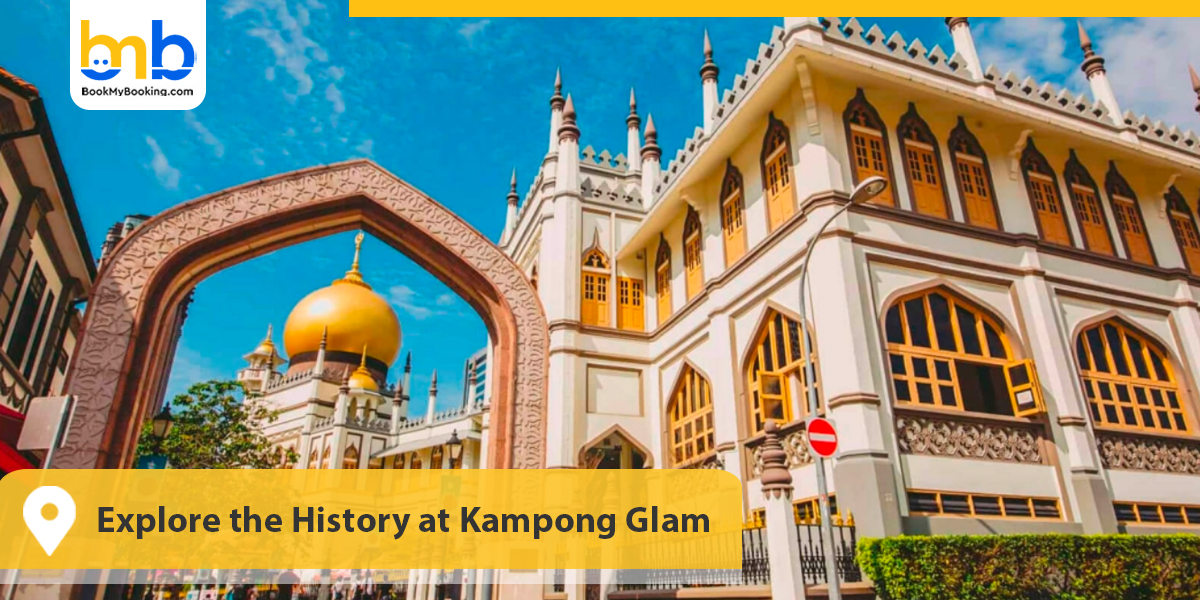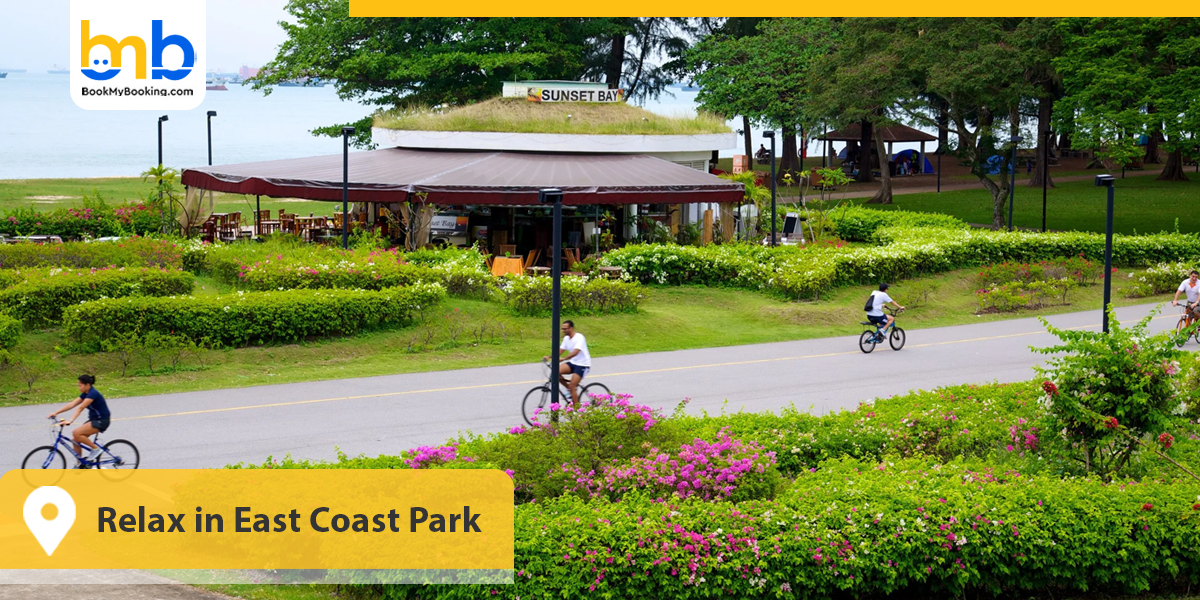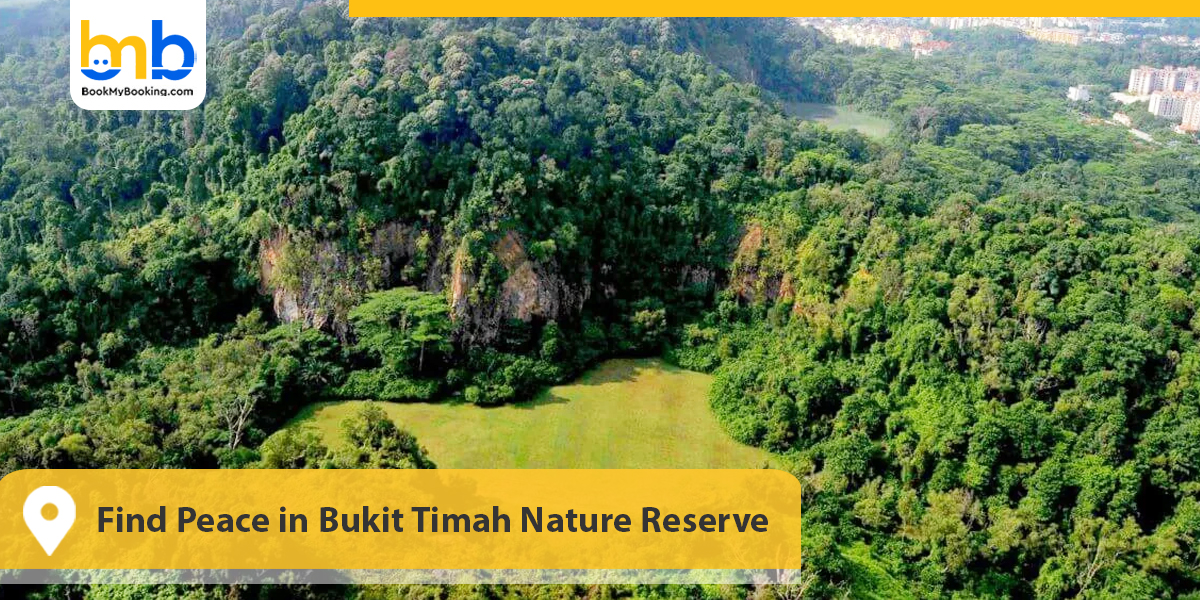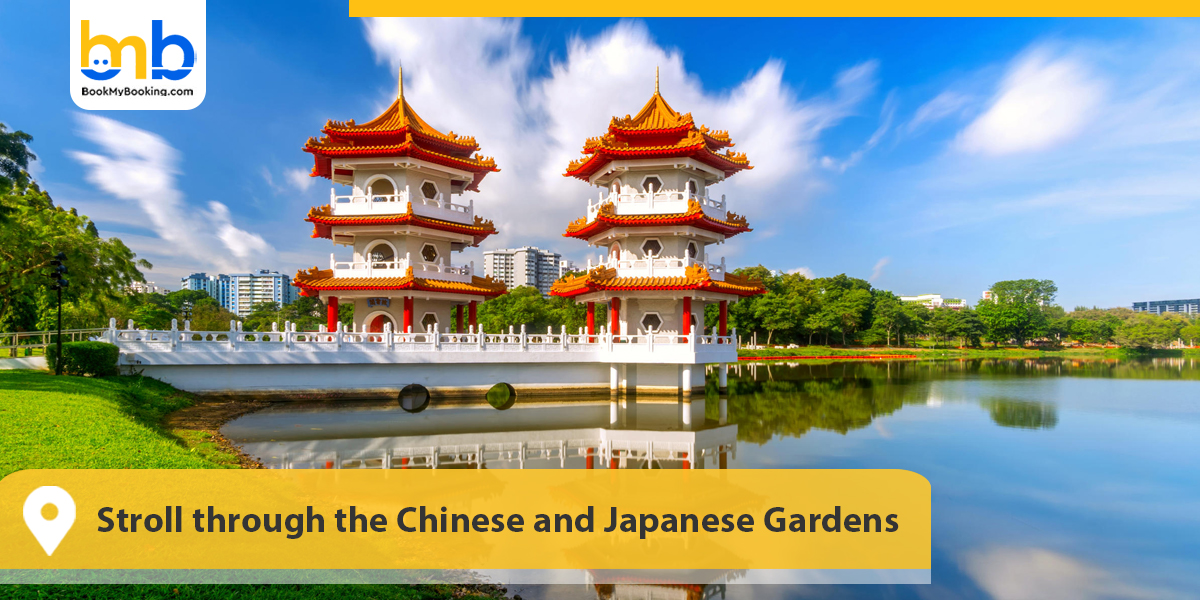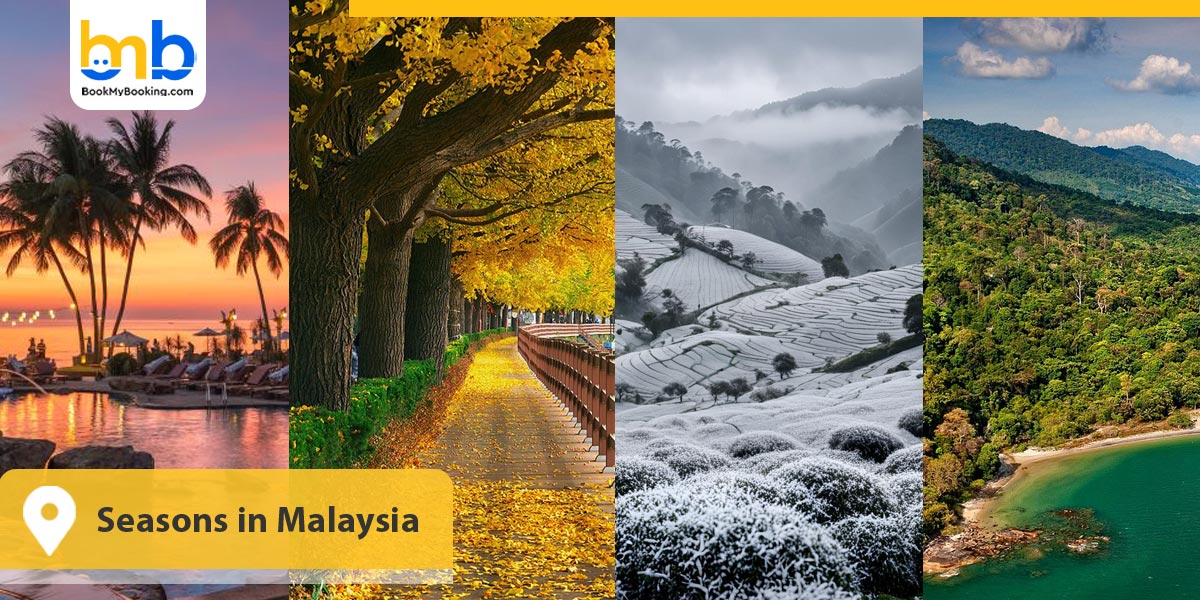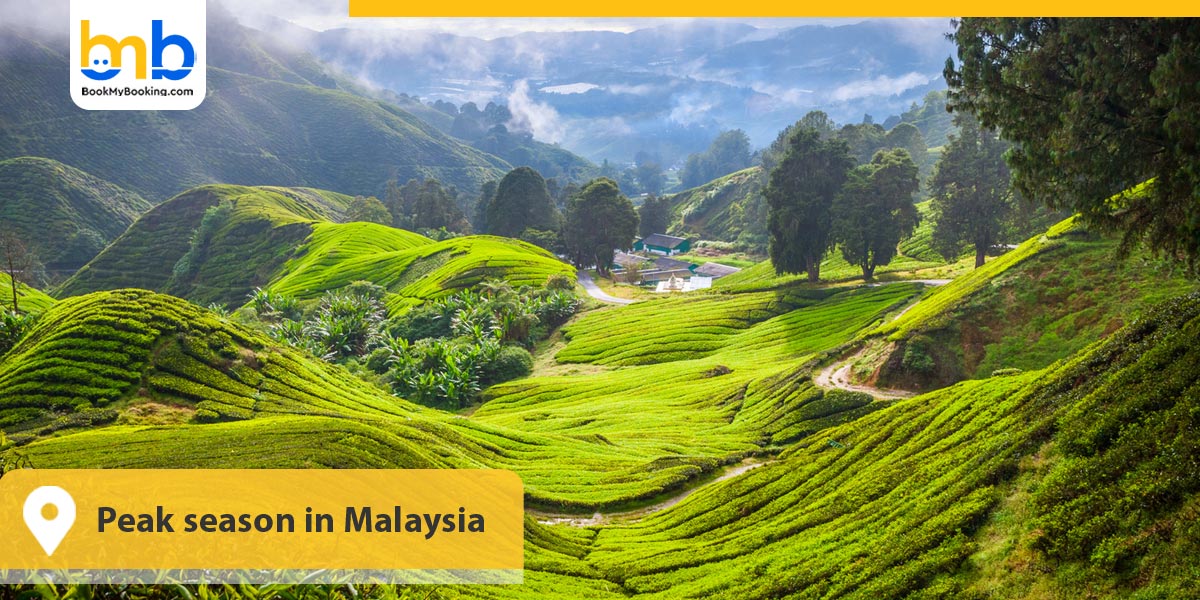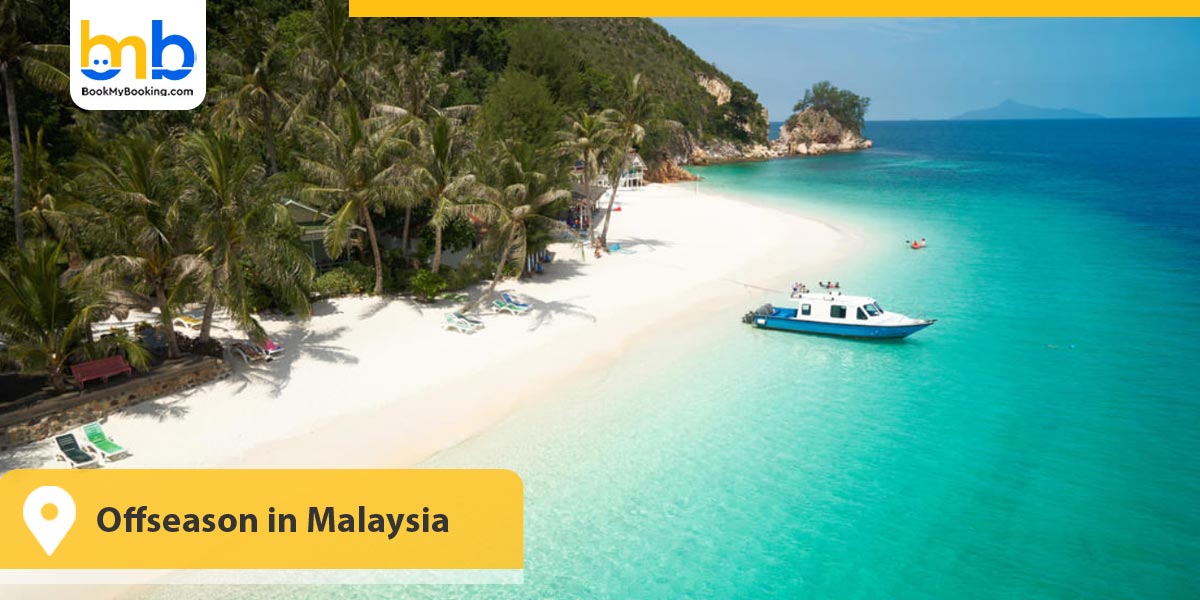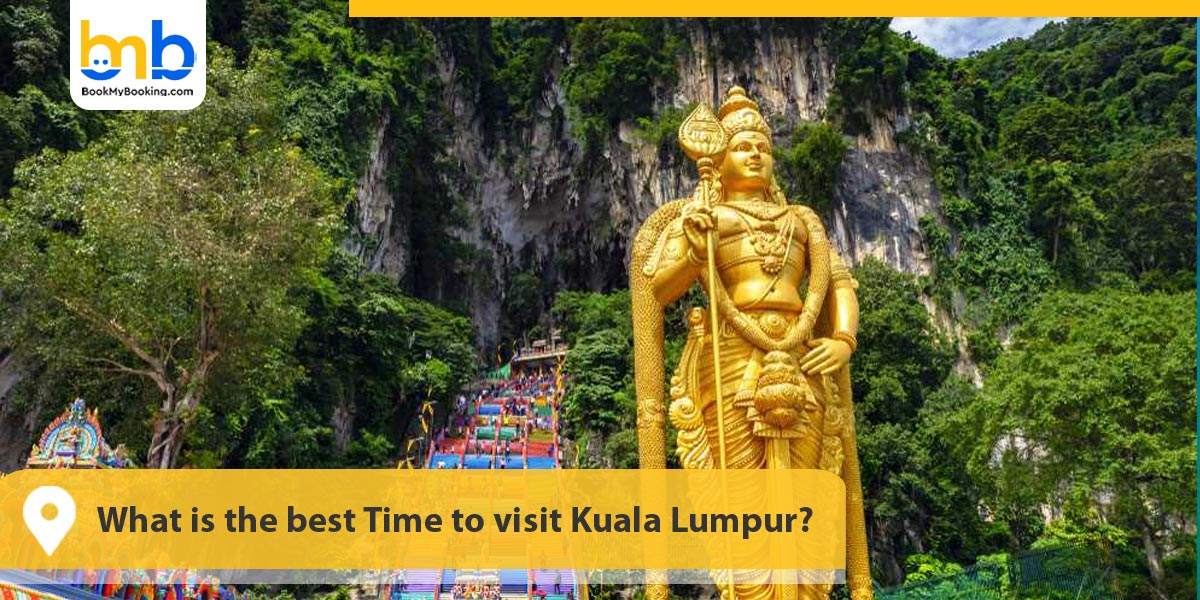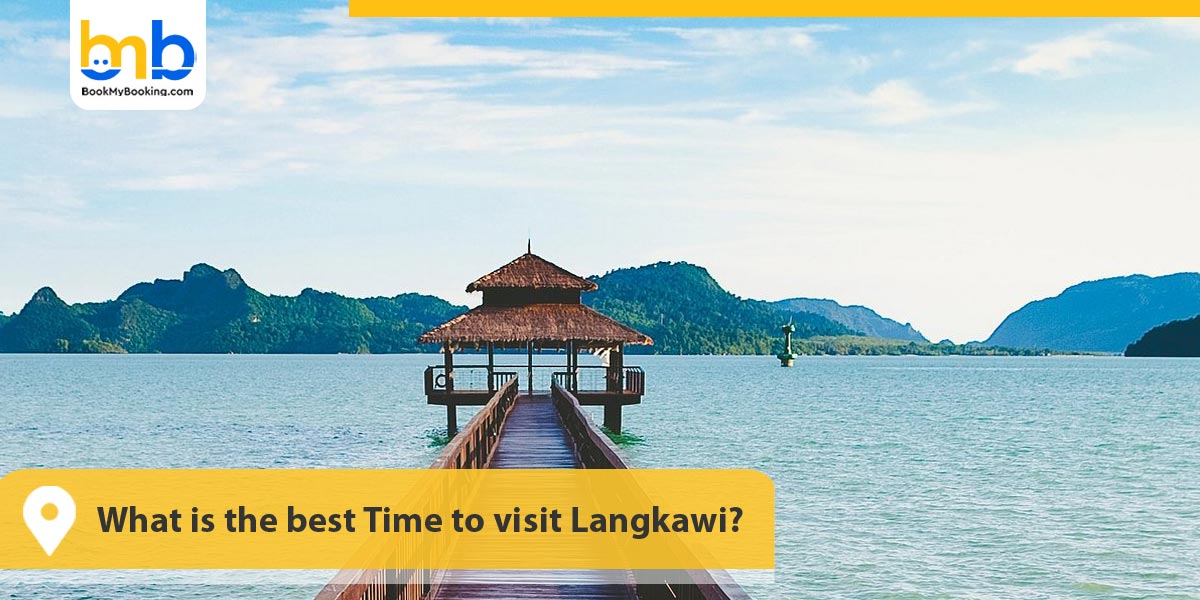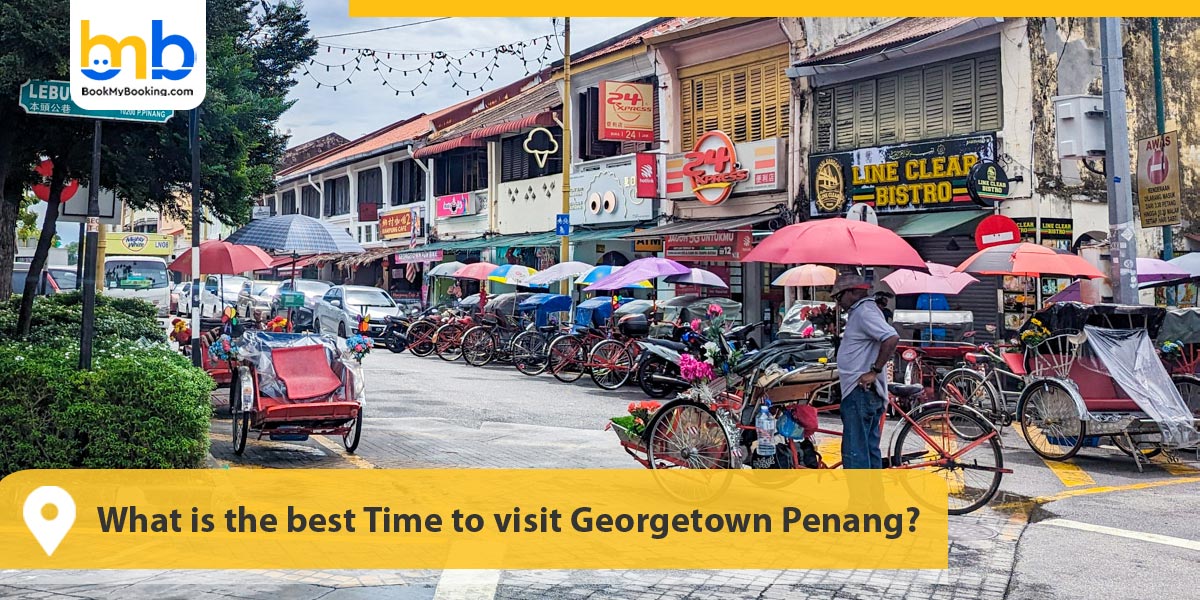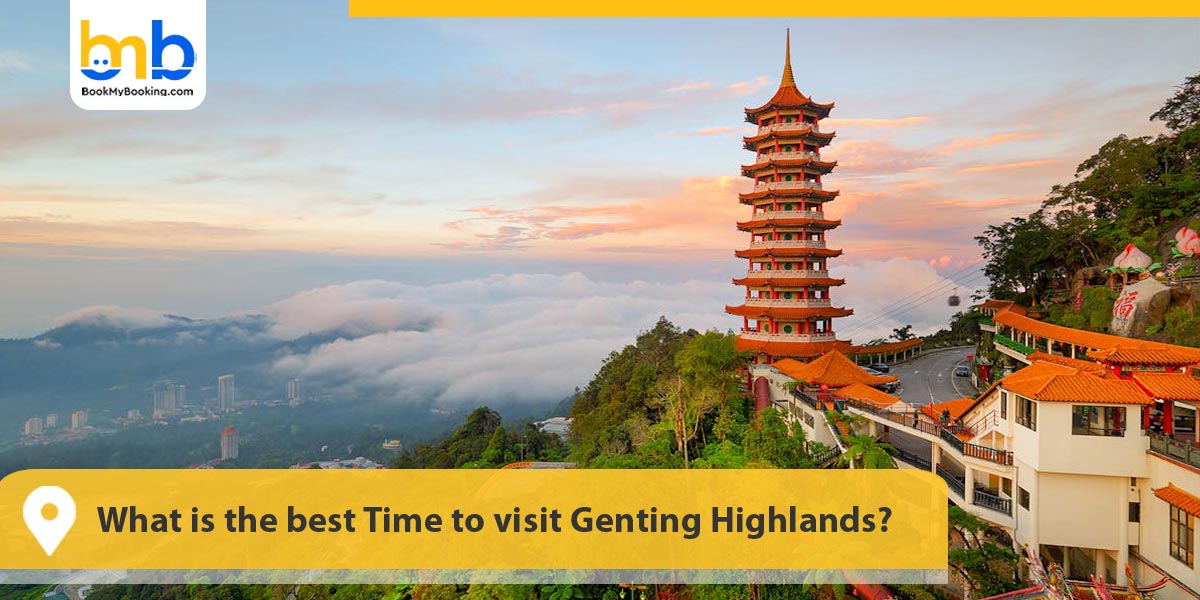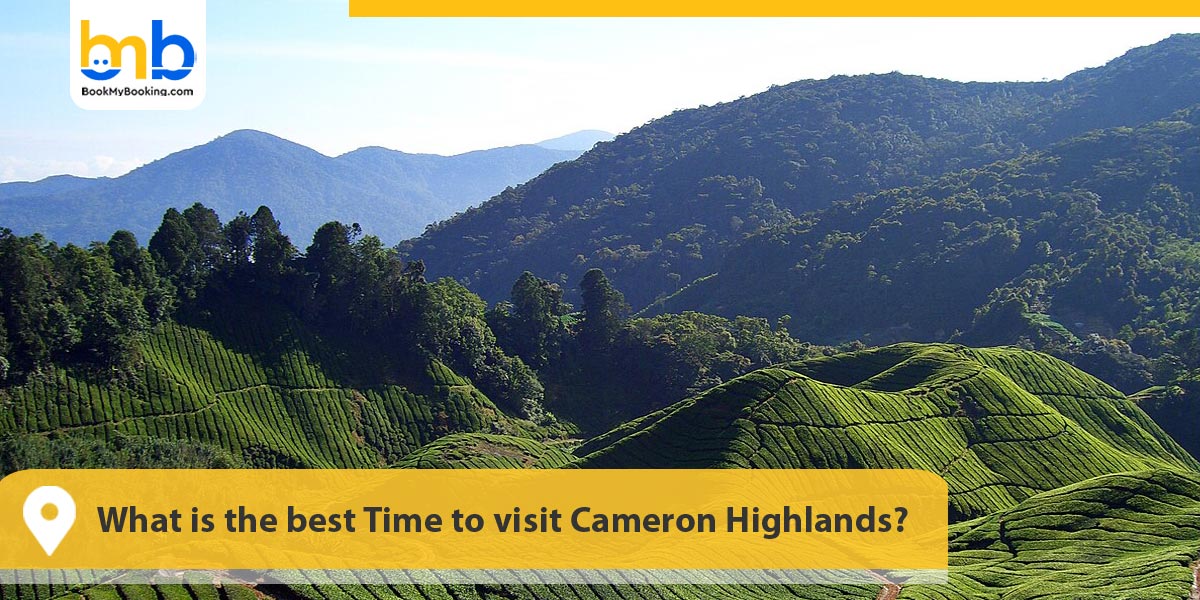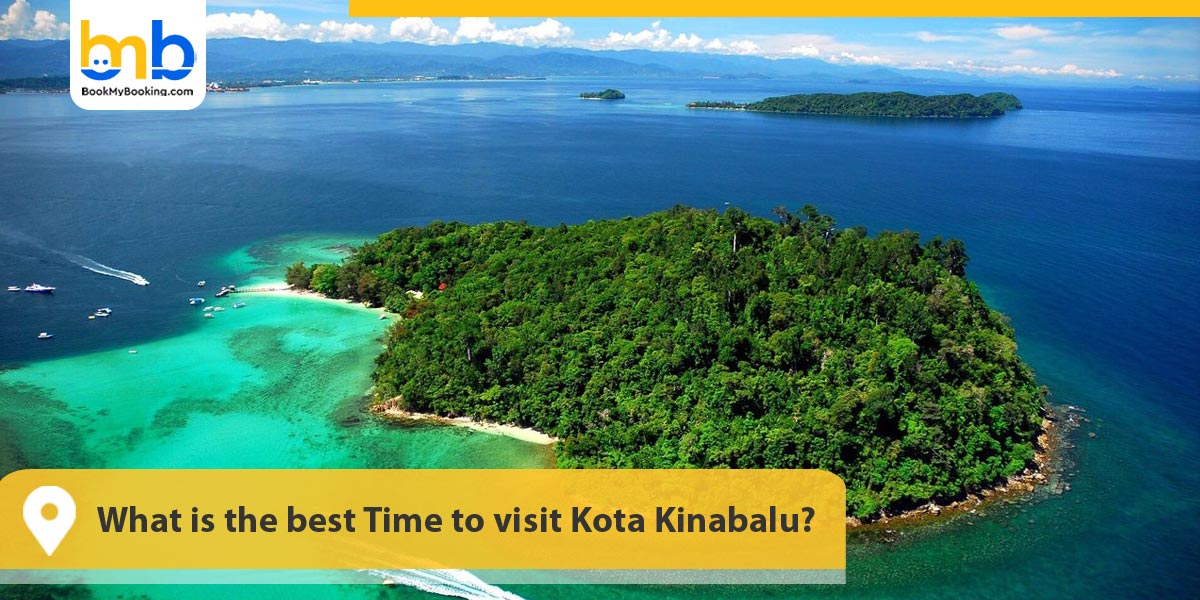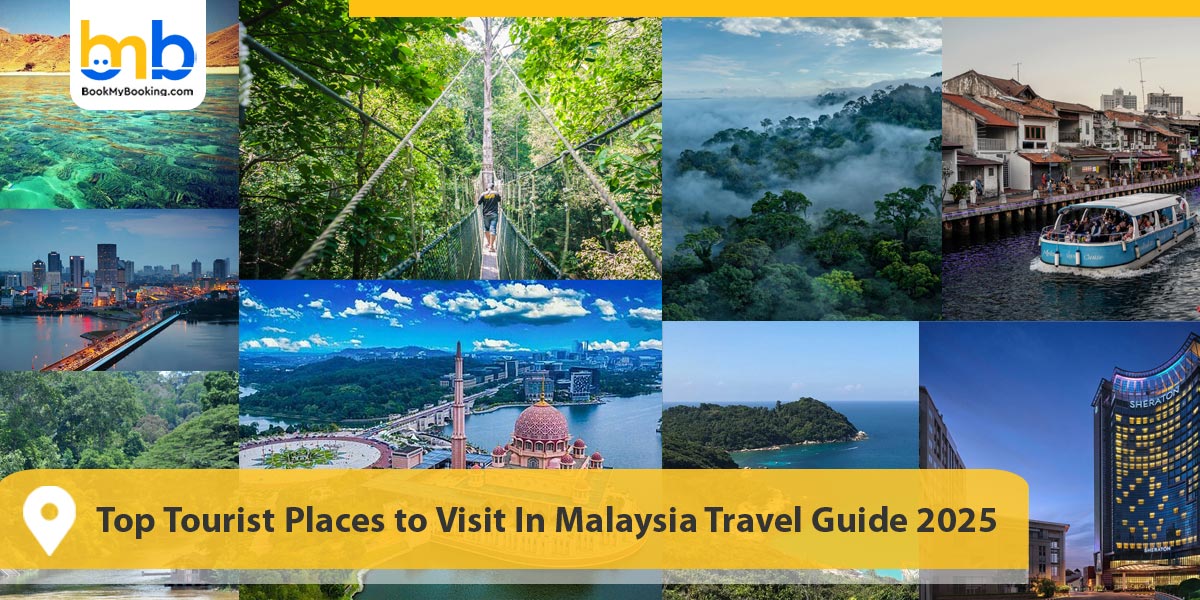Have you ever considered sitting beside deep blue, beautiful lakes in India in the middle of snow-capped mountains, or surrounded by lush greenery?
Check out these 29 famous lakes in India, which are nothing less than heaven for travellers. Peace, accentuated by glittering water, sparkling mirrors, cool air, and stunning landscapes, is everything you have ever dreamed of—picture-perfect tranquil lakes in India.
Due to India's vast and varied landscape, we observe several distinct relief systems. The Indian lakes are scattered throughout the beautiful landscape of India. Lakes here are naturally formed and man-made, created by former rulers to serve the community's water needs. They are wonderful, calm, and peaceful lakes in India, which have been given relevance from the time of our epics.
Some of the world's highest lakes include Gurudongmar and Pangong Lake; picture-friendly lakes are Naini and Venna Lakes. However, it is hard not to lose yourself in the stunning beauty of the best lakes for relaxation in India. The country has many lakes, each giving a loveliness that can only be understood when you visit them. BookMyBooking.com lists India's most exotic and serene lakes, which you must visit at least once.
29 Popular Lakes In India
There are many calm lakes for meditation in India, m any of which are natural lakes that have existed for over 100 years. Let's look at some of the most popular lakes in India.
List of famous Lakes in North India
1. Pangong Tso, Ladakh
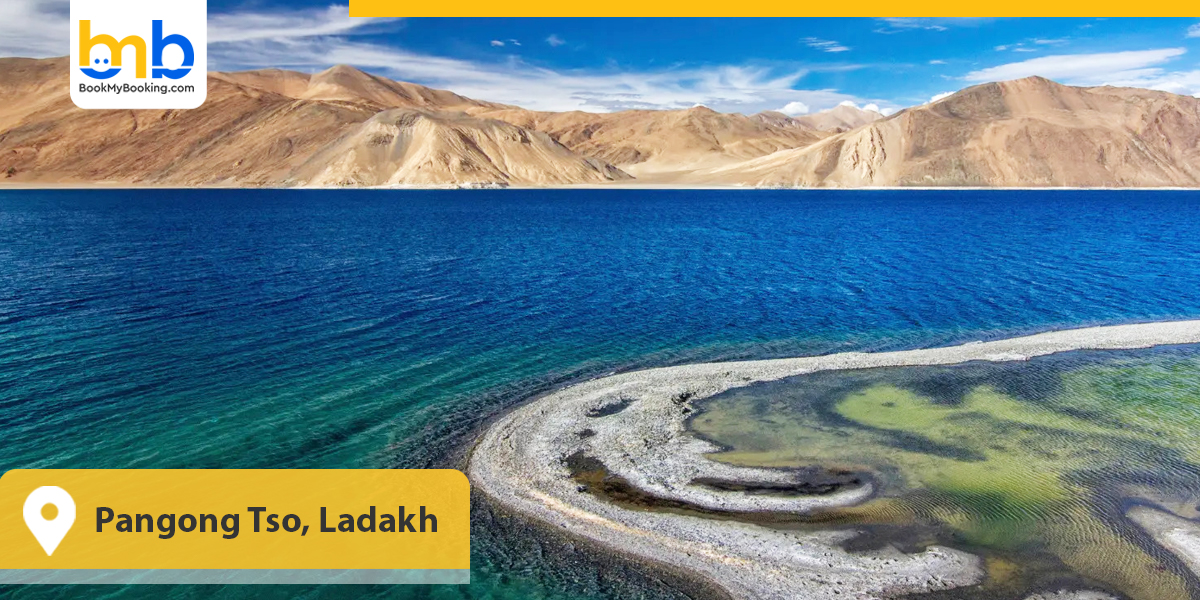
Pangong Tso is one of the best lakes for relaxation in India. It seems like a place from another, far more heavenly world.
Perfect for Adventure trips and romantic escapes
Level of Accessibility- Difficult
The Best Time To Visit is May to September for its glittering water and November to January for a mind-blowing frozen view of India's biggest brackish water peaceful lakes in India.
2. Tarsar Lake, Jammu and Kashmir
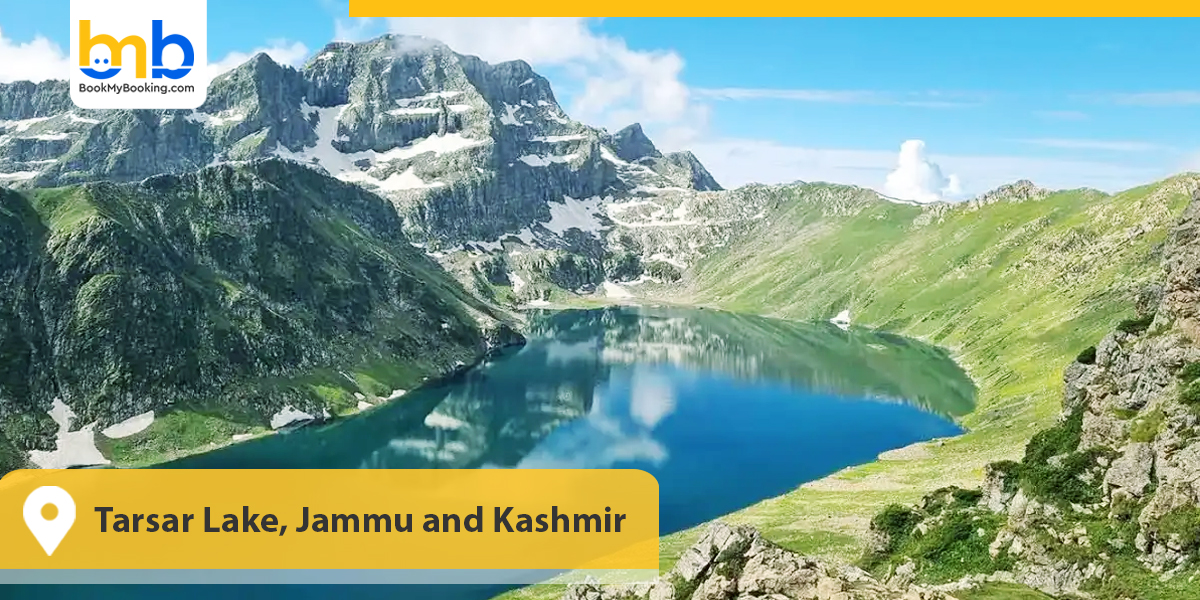
Tarsar Lake is one of the most beautiful lakes in India, situated in a dramatic setting amidst mighty mountain peaks.
Perfect for Adventure trips
Level of Accessibility-Difficult
Best Time To Visit—This enchanting lake is accessible only in the summer, from April to September.
3. Manasbal Lake, Jammu and Kashmir
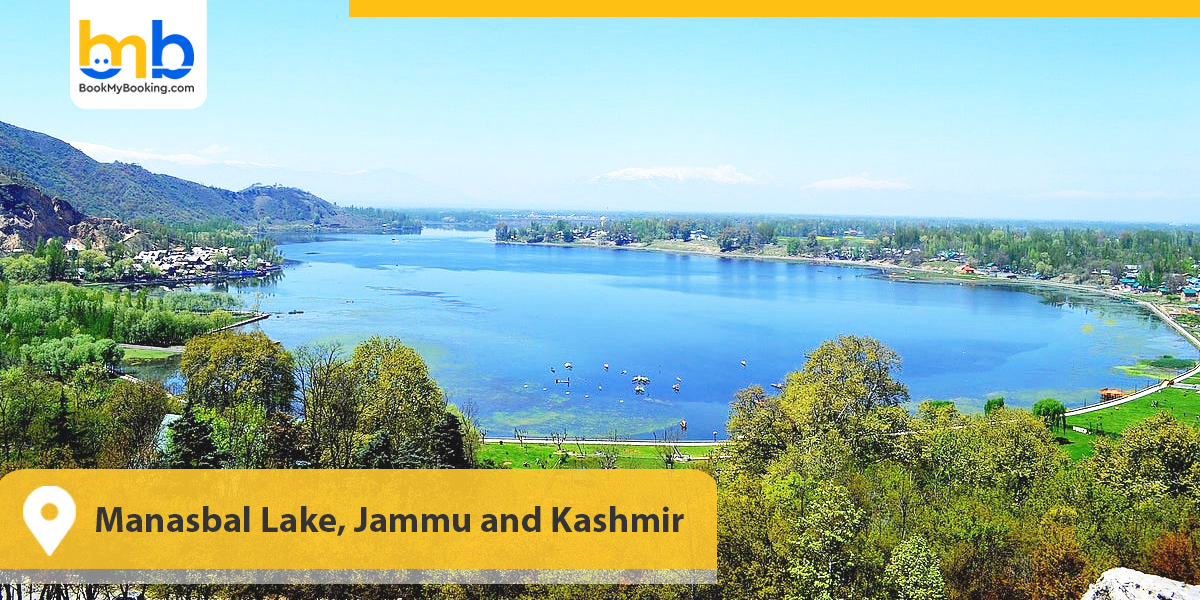
Manasbal Lake is believed to be one of the most beautiful lakes in India. It is also said to be the deepest lake in the country, making it an excellent site for birdwatching and kayaking.
Perfect for Adventure trips, family, and friends picnics.
Level of Accessibility- Easy to Moderate
The Best Time to visit the Lake is from July to October, when the weather is perfect for water sports and sightseeing.
4. Dal Lake, Kashmir
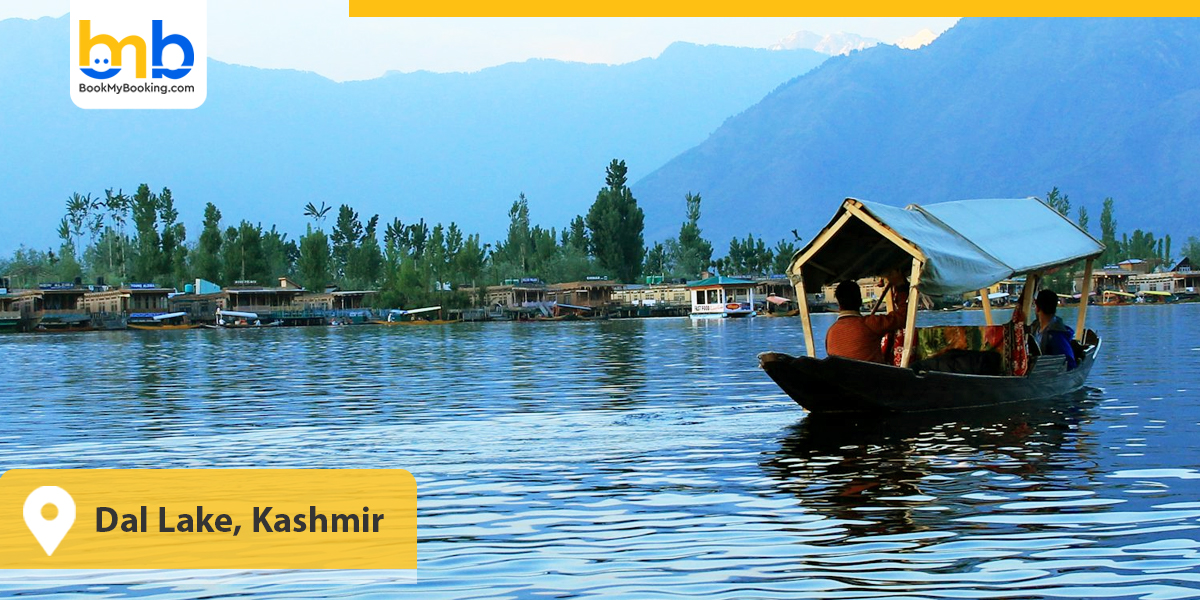
Dal Lake is the jewel of Srinagar, and let us tell you it is one of the most famous and serene lake escapes in India. Due to its stunning beauty, it has become the muse of many poets and filmmakers.
Perfect for Family picnics and romantic escapes
Level of Accessibility- Easy
Best Time to Visit- This is one of the most famous lakes in India, and it is most visited during July and October.
5. Damdama Lake, Haryana
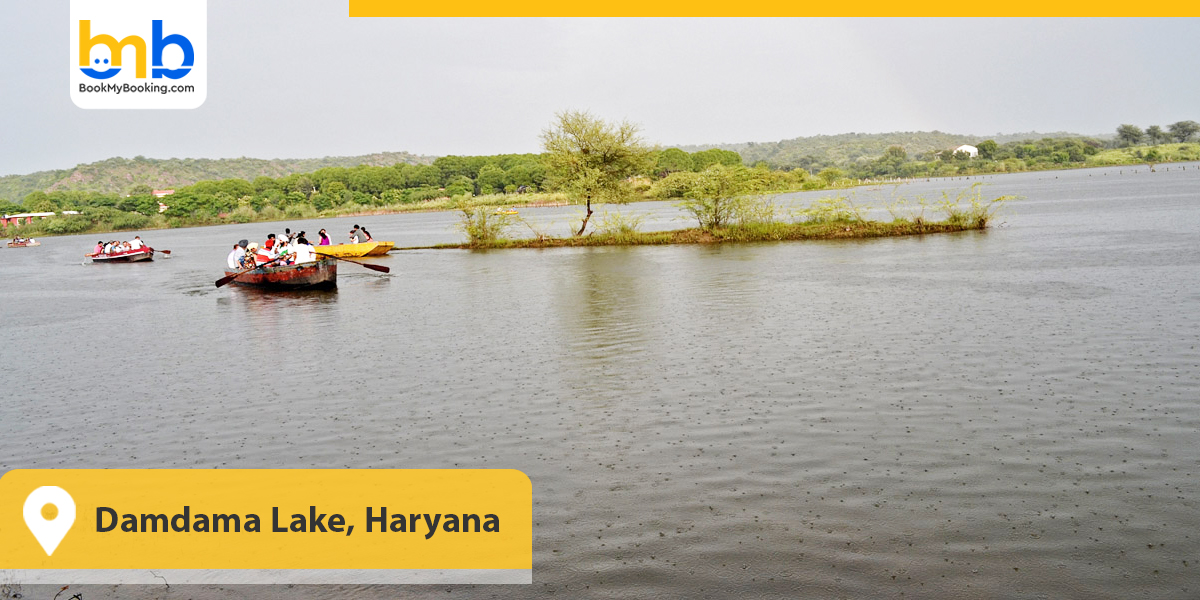
Damdama Lake is one of the most popular and beautiful lakes in India. It is known for weekend adventure camps and family outings in the northern region.
Perfect for Family Picnics
Level of Accessibility-Easy
Best Time to Visit- October to March is the most suitable time to visit this beautiful area among India's largest freshwater lakes.
6. Suraj Tal Lake, Himachal Pradesh
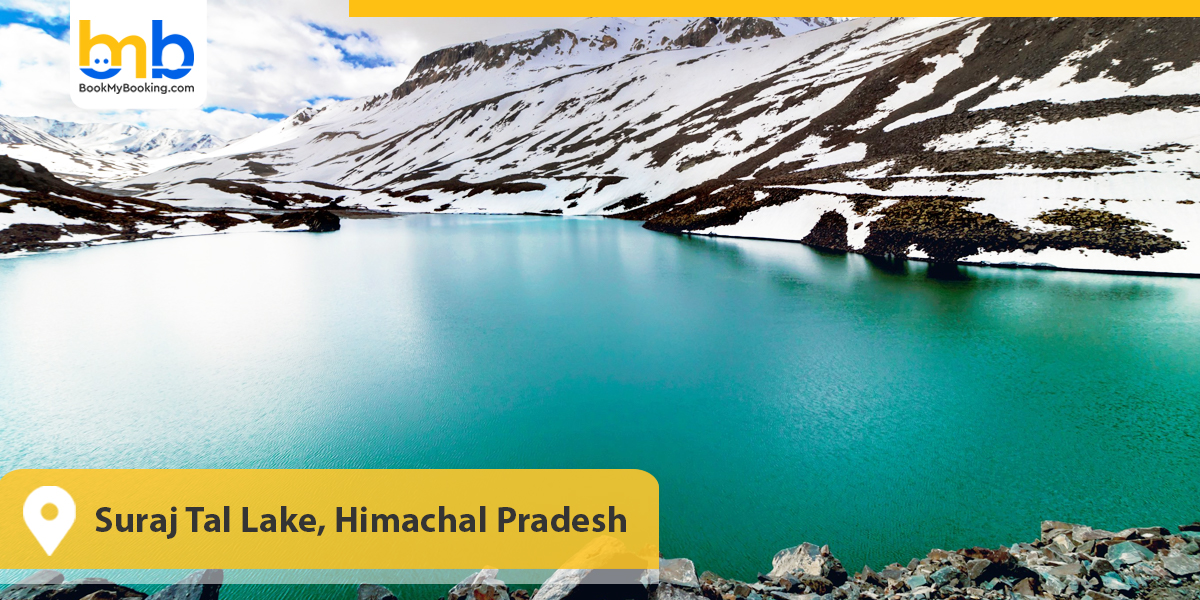
Suraj Tal Lake in Himachal is another stunner on the list of the most beautiful lakes in India. It is famous for its chilled aquamarine water and is India's third-largest lake.
Perfect for-Adventure trips by travellers.
Level of Accessibility- Easy to Moderate
Best Time to Visit the Lake- May to October for the most pleasant and beautiful weather conditions.
7. Prashar Lake, Himachal Pradesh
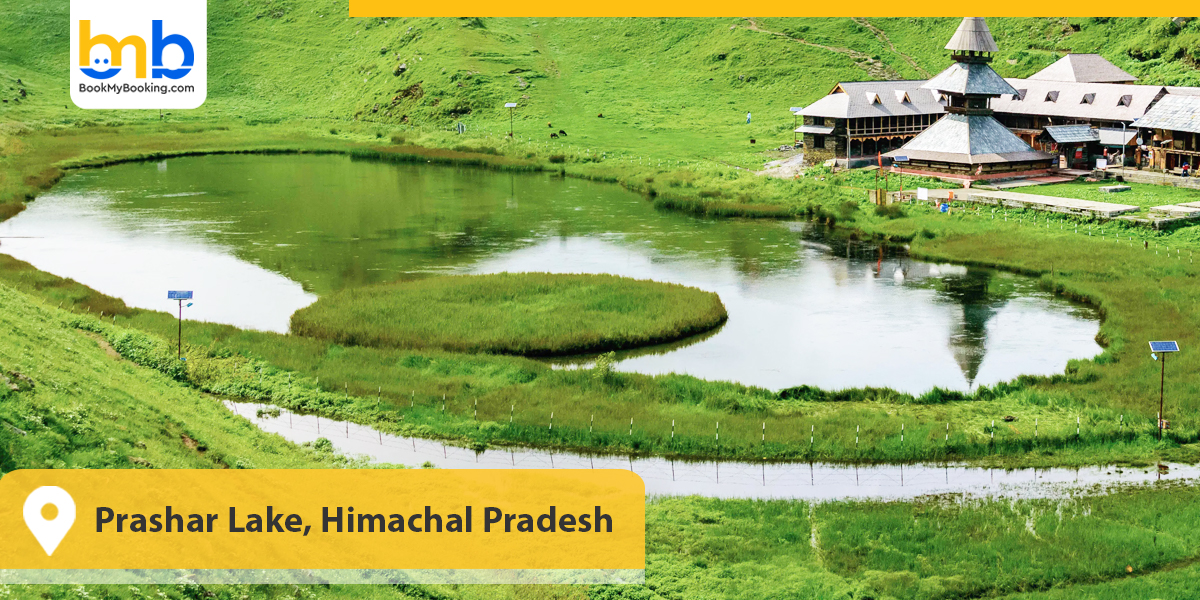
Prashar Lake is one of the best lakes for relaxation in India. It is simply stunning. Its clear water and shimmering ice attract various adventurers and beauty seekers.
Perfect for Adventure trips by travellers.
Level of Accessibility- Easy to Moderate
Best Time to Visit the Lake- July to August are the best months due to the lake's colourful flora. Alternatively, you can choose the winter season when everything around the lake is frozen for an offbeat, unique lake experience in India.
8. Sattal Lake, Uttarakhand
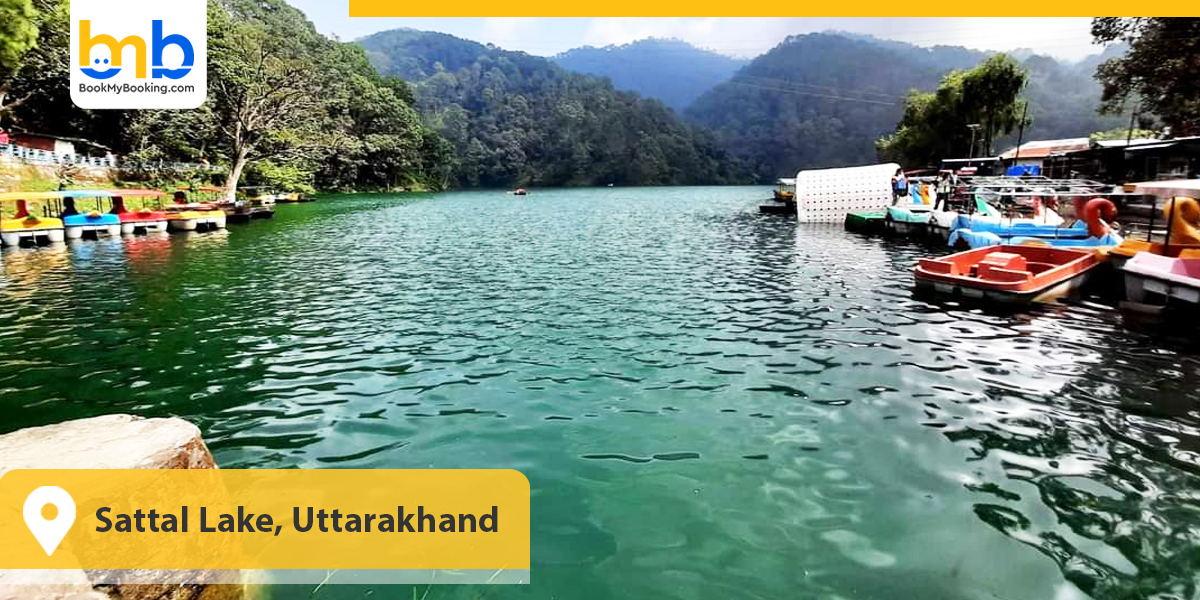
Sattal Lake is a green beauty in Uttarakhand. The lake is moderately famous. It is one of the largest tranquil lakes in India and still remains far less crowded than Nainital.
Perfect for Family picnics by travellers
Level of Accessibility- Easy to Moderate
Best Time to Visit this Indian lake- The climate is best during the summer months of March to June and the spring and winter months of September to December.
9. Bhimtal Lake, Uttarakhand
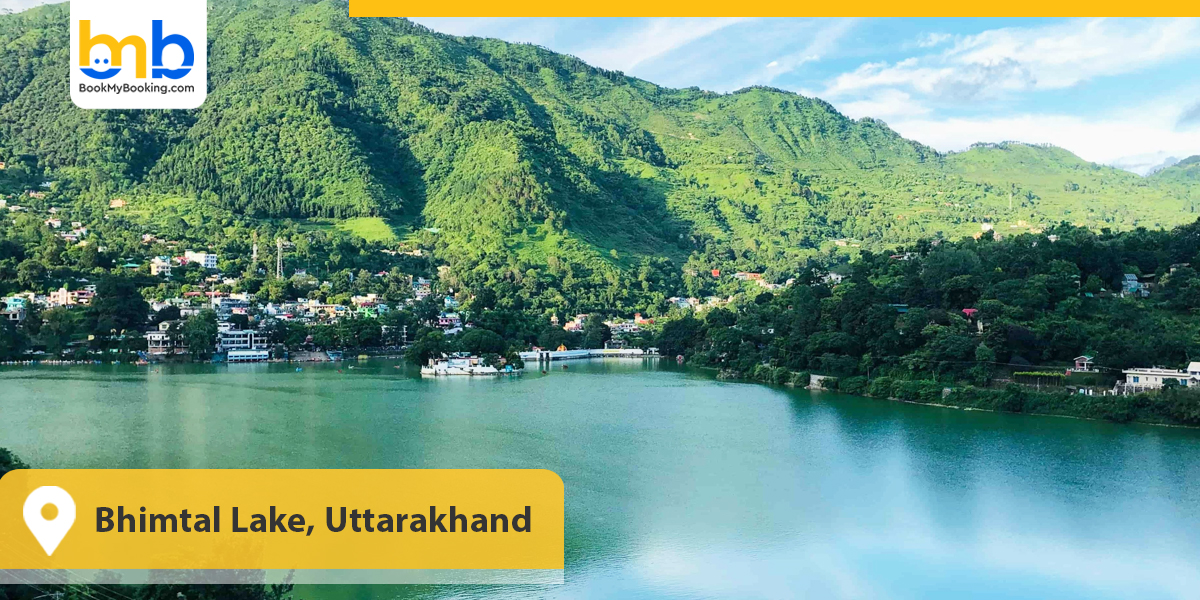
Bhimtal Lake, one of India's peaceful lakes, is perfect for your next vacation with your family or loved ones.
Perfect for family outings and romantic escapes
Level of Accessibility- Easy
The best time to visit is during summer and early winter, from March to May, and again in October and November.
Famous Lakes of East India
East India is popular for its mountains, weather, and lakes, epitomising beauty. Let's see some of the best lakes for relaxation in East India.
10. Sela Lake, Arunachal Pradesh
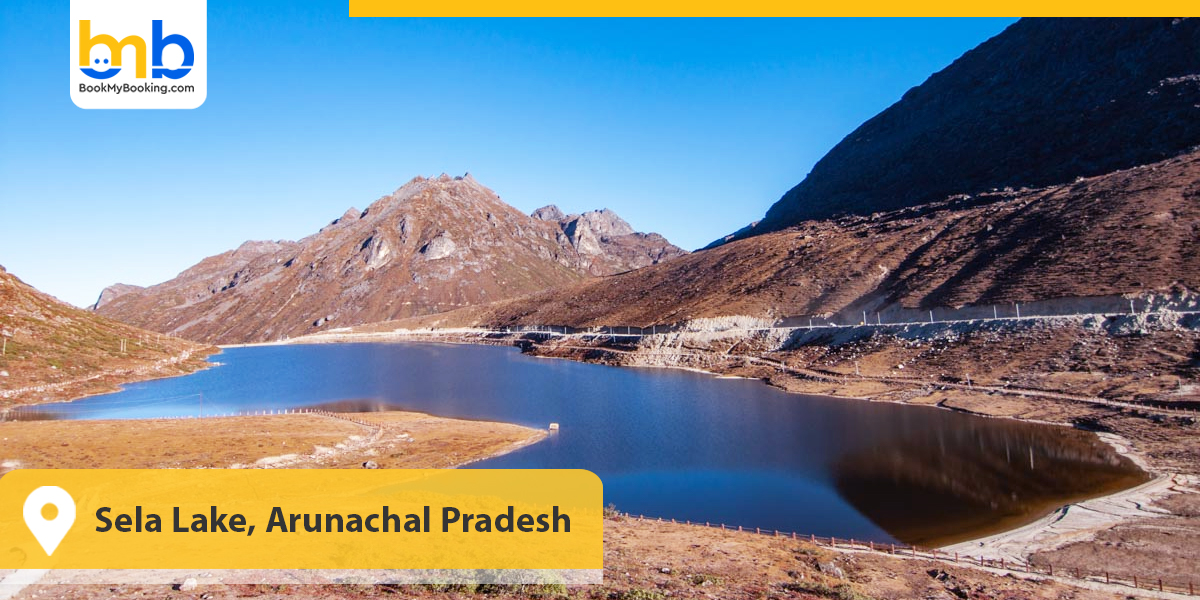
Sela Lake is one of the most popular lakes for its snowy backdrop in the winter season. The lake is off the way from the world's second-highest motorable road. And it is a destination one can't think to miss. After all, it is called one of the peaceful lakes in India for some apparent reasons.
Best for travellers for adventure trips and romantic getaways.
Level of Accessibility- Moderate to Difficult
Best Time to Visit the Lake- Summer months from March to July, or early winter months such as November.
11. Changu Lake, aka Tsomgo Sikkim
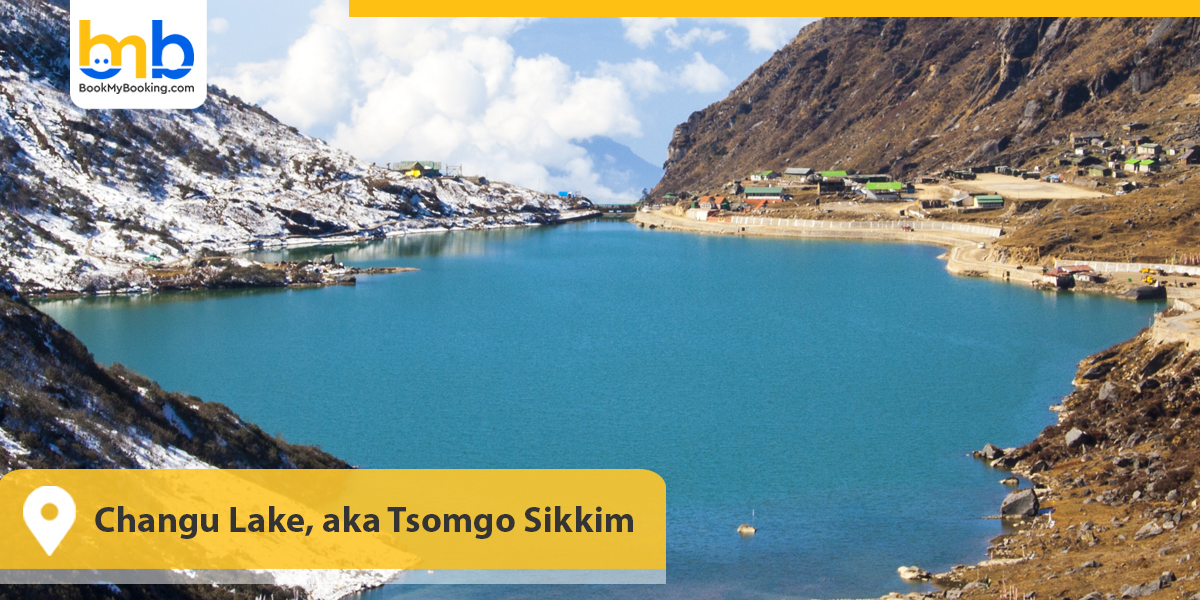
Changu Lake is one of the leading lakes in India's northeastern region. Its stunning beauty and the region's pristine environment make it one of the best serene lake escapes in India.
Perfect for Adventure trips
Level of Accessibility- Difficult
Best Time to Visit—The lake is stunning all year round. In summer, you will get sparkling water, a frozen lake in winter, a partial sheet of ice in early winter and glistening water.
12. Gurudongmar Lake, Sikkim
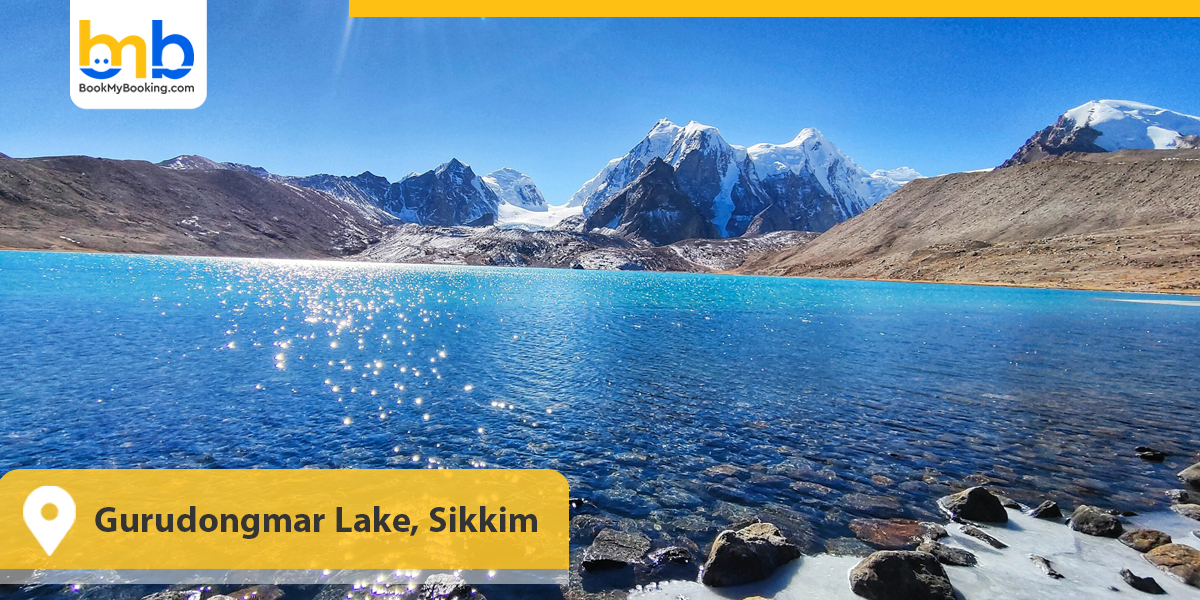
Gurudongmar Lake is the country's second-largest and highest offbeat lake in India, located at an elevation of 17,000 feet. Its beauty keeps it on the list of India's most famous lakes. It's an inevitable phenomenon where the entire lake freezes except for a mysterious little corner.
Perfect for Family picnics and romantic escapes
Level of Accessibility- Very Difficult
The Best Time to visit- Summer for its sheer beauty, and during the winter months, from November to June, for its frozen magnificence.
13. Loktak Lake, Manipur
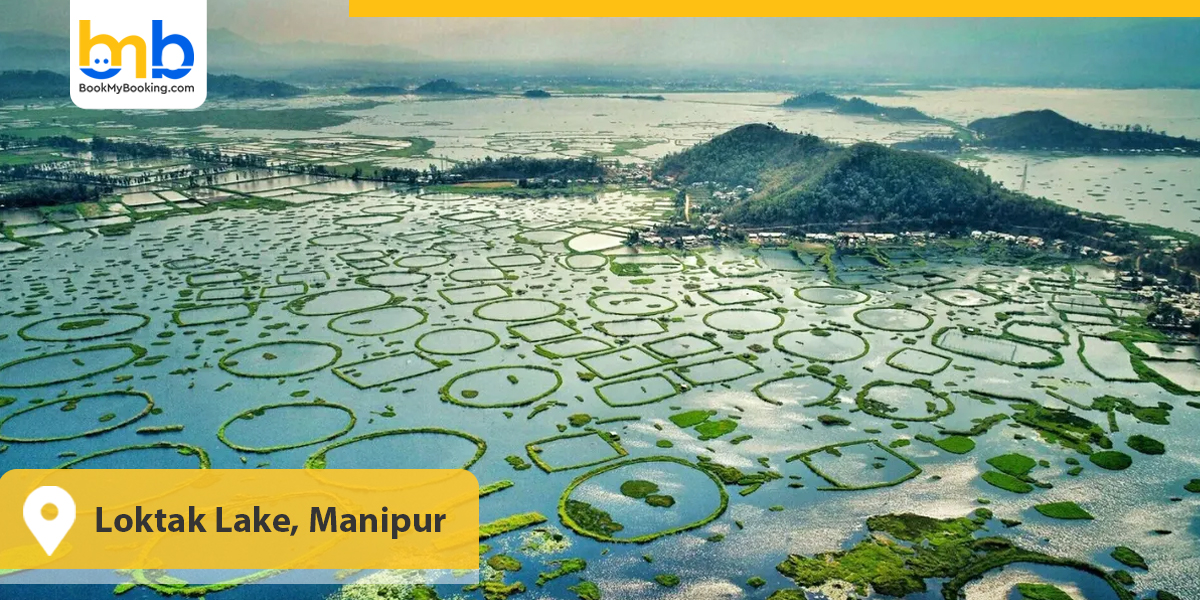
Loktak, one of India's best lakes for relaxation, is undoubtedly famous for its floating vegetation called phumdis.
Perfect for family get-togethers, picnics, and some romantic escapes
Level of Accessibility- Easy to Moderate
Best Time to Visit- November to March for its winters
14. Tamdil Lake, Mizoram
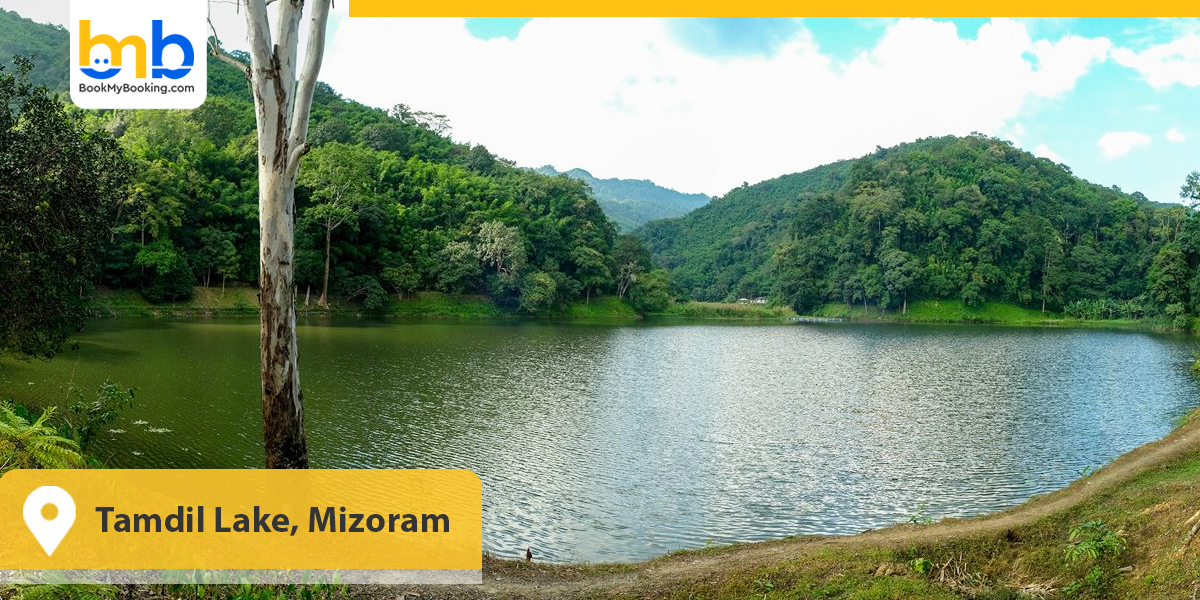
A famous picnic spot in Mizoram, Tamdil Lake, is renowned for its diverse range of family activities. It is quite a stunning place and one of the peaceful lakes in India.
Perfect for Family picnics and romantic escapes
Level of Accessibility- Easy to Moderate
Best Time to Visit the Lake- December to February is the right time to visit this popular lake in India.
15. Chilika Lake, Odisha
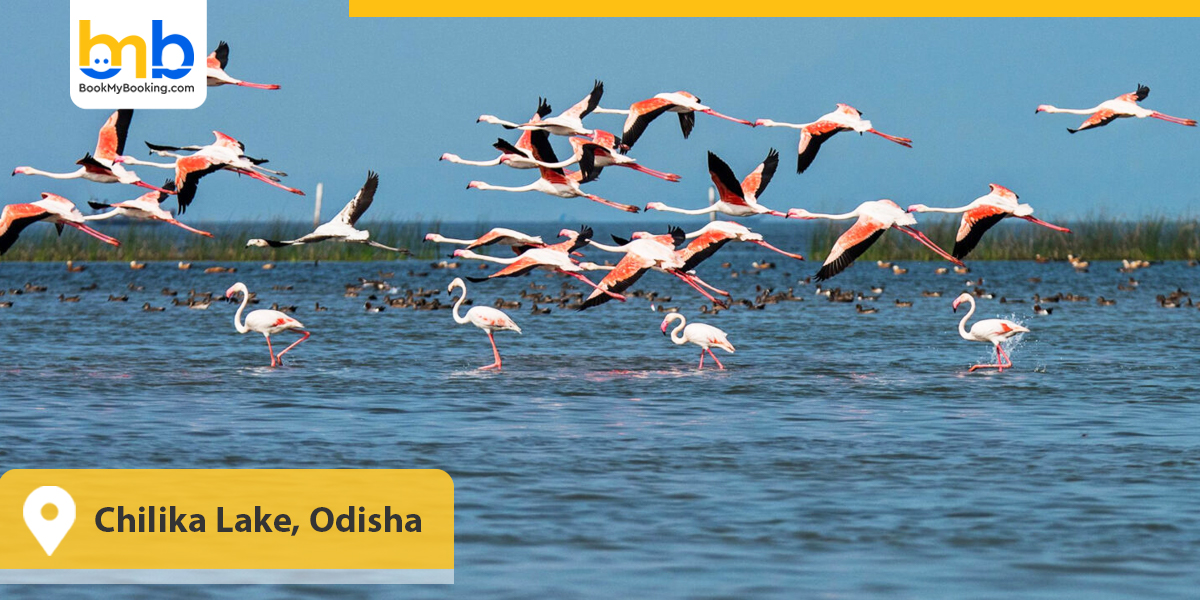
The picture-friendly Lake Chilika is one of the major lakes in India. It is suitable for birdwatching and sightseeing.
Perfect for Family picnics and serene lake getaways in India.
Level of Accessibility- Easy
Best Time to Visit- November to February for its calm and pleasant weather.
Famous Peaceful Lakes of Central India
Lakes are essential to the ecosystem, making for a wonderful and impressive sight. Some of the best lakes in central India are worth visiting. Let's look at the best lakes in India for relaxation.
16. Upper Lake, Madhya Pradesh
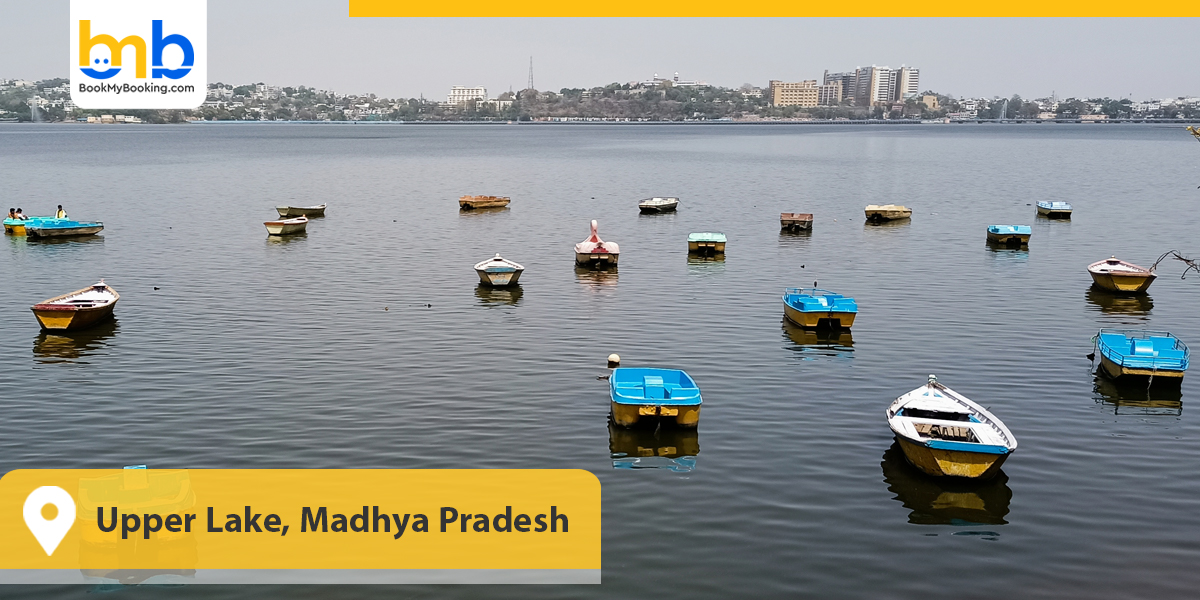
Upper Lake, also known as Bhojtal, is the largest freshwater lake in India and is man-made. Most citizens use it for drinking water, and it is known for its exquisite beauty.
Perfect for Family picnics and romantic escapes
Level of Accessibility- Easy
The Best Time to Visit- July to February, when spring and winter are in full bloom, making it an ideal time to experience the tranquil lakes in India.
Inevitable Lakes of the Western Part of India
West India is home to some of the best lakes, which are gorgeous, stunning, and breathtaking. We have listed here some of the best lakes for relaxation in West India for your next trip.
17. Nakki Lake, Rajasthan
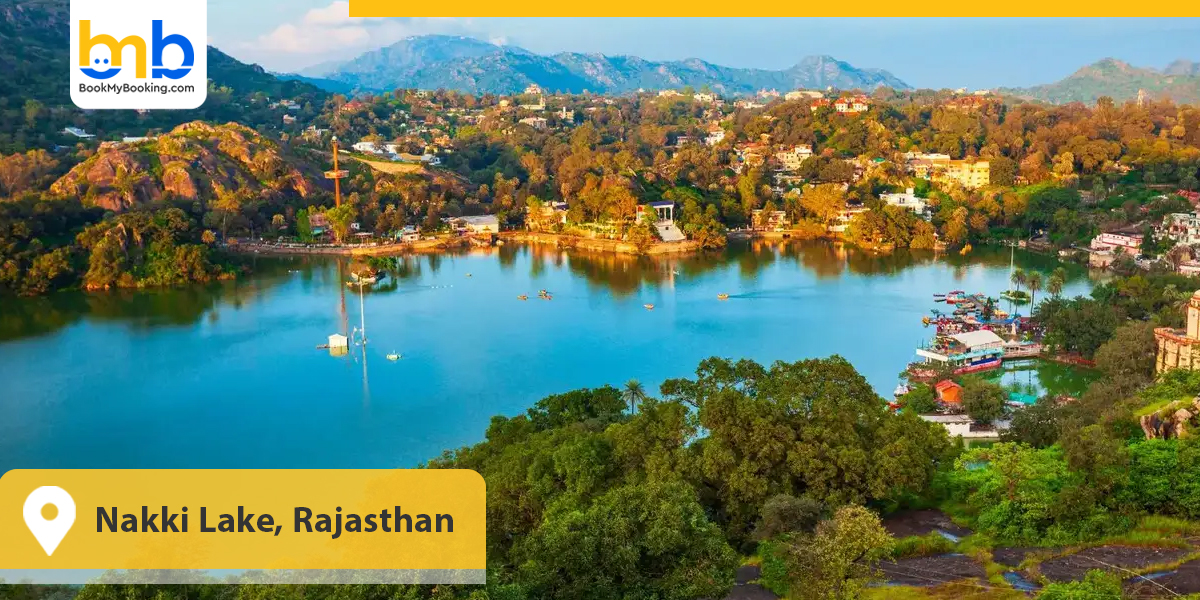
Nakki Lake is indeed beautiful! It is one of the largest tranquil lakes in India, an artificial lake surrounded by hills on all sides.
Perfect for Family picnics and romantic getaways
Level of Accessibility- Easy to Moderate
Best Time to Visit the Lake- November to March is the best time to enjoy the gorgeous lake amidst the hills.
18. Pichola Lake, Rajasthan
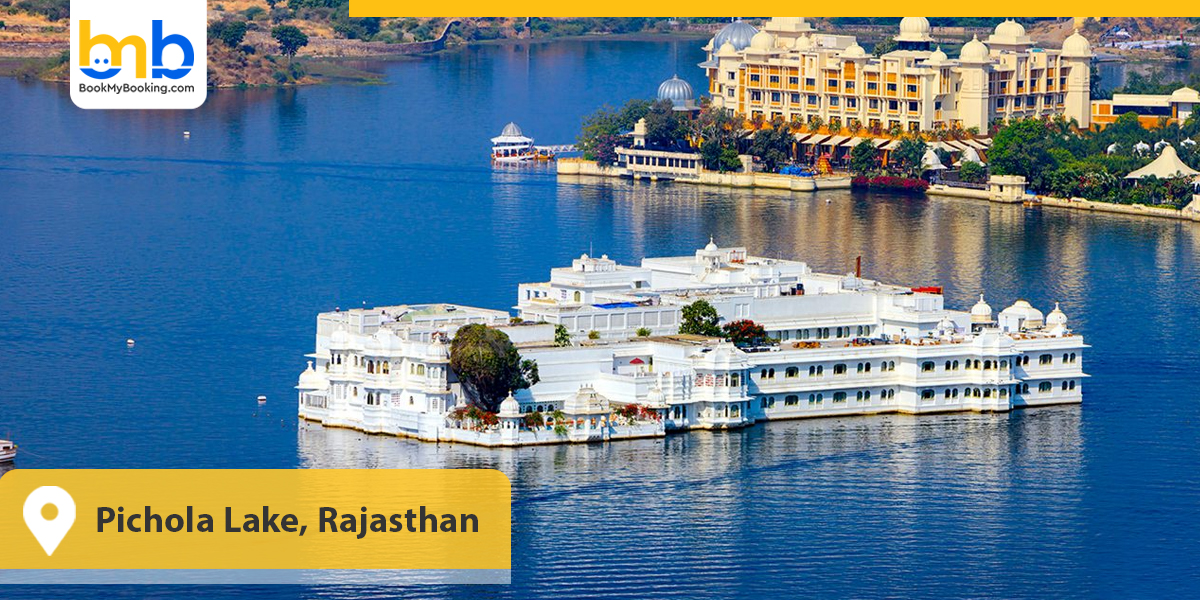
Pichola Lake is again said to be one of the most famous peaceful lakes in India. It is a chosen spot for many Bollywood movie shoots and song picturisations. The lake is graced with breathtaking serenity.
Perfect for Family picnics and romantic getaways
Level of Accessibility- Easy to Moderate
Best Time to Visit- October to March is considered the best-suited time.
19. Saputara Lake, Gujarat
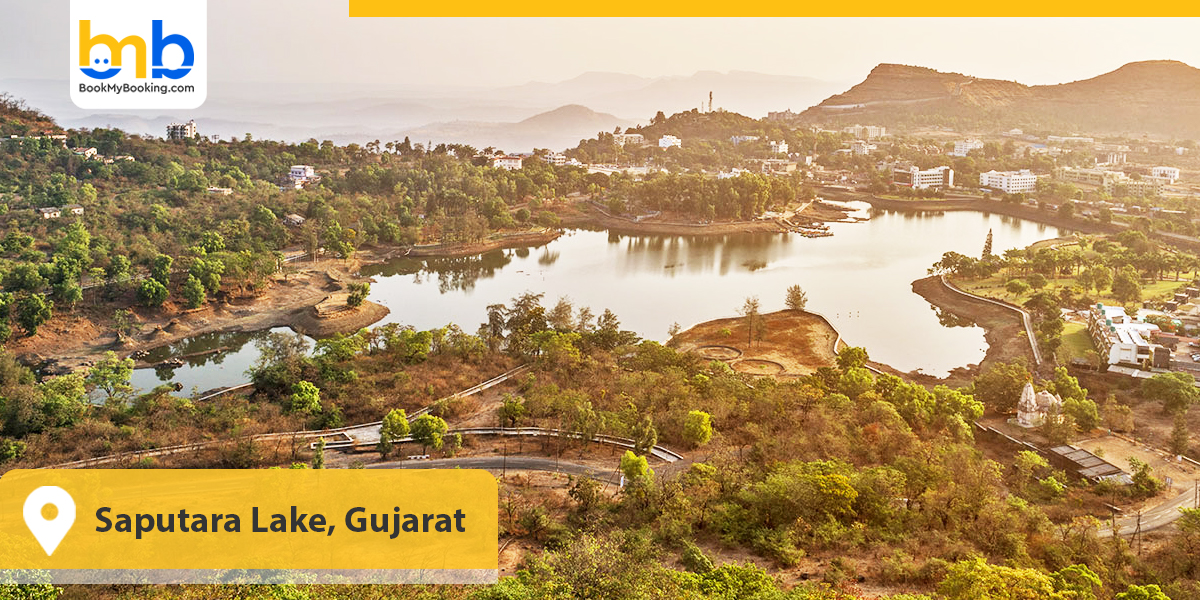
One of the best lakes for relaxation in India is Saputara Lake, which is popular for its wildlife and adjoining gardens. It is said to be one of the most visited tourist attractions for families and friends.
Perfect for Family and friends picnics
Level of Accessibility- Easy to Moderate
Best Time to Visit- March to November is the best time to visit Indian lakes due to various activities organised at the lakeside. The lake is also the most visited in all these months due to the pleasant weather.
20. Venna Lake, Maharashtra
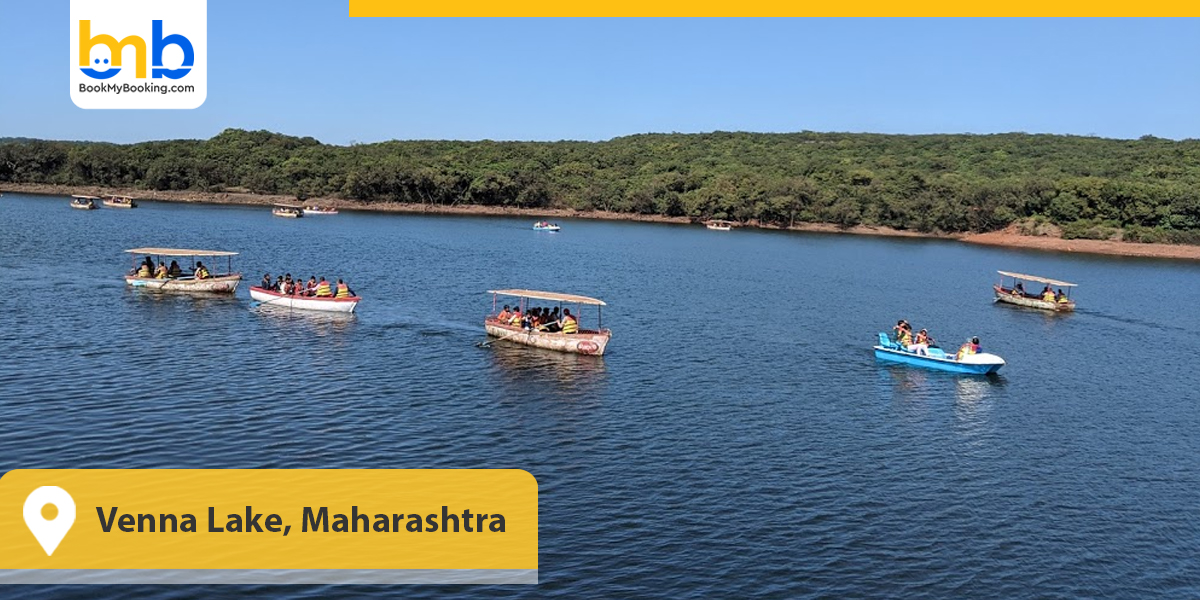
Venna, one of the beautiful lakes in India, is a popular picnic spot for friends and families in Mahabaleshwar. The weather in Maharashtra is always pleasant, so the lake has attracted many followers.
Perfect for Family picnics and romantic escapes
Level of Accessibility- Easy
Best Time to Visit—The reservoir, also known as one of the major tranquil lakes in India in the Maharashtra region, is visited by tourists all year.
Famous Lakes of South India
South India is nothing less than a marvellous region, home to some of the most picture-friendly views, and its lakes are no exception. Some of the most popular and beautiful lakes in South India have been listed for over a decade.
21. Hussain Sagar, Hyderabad
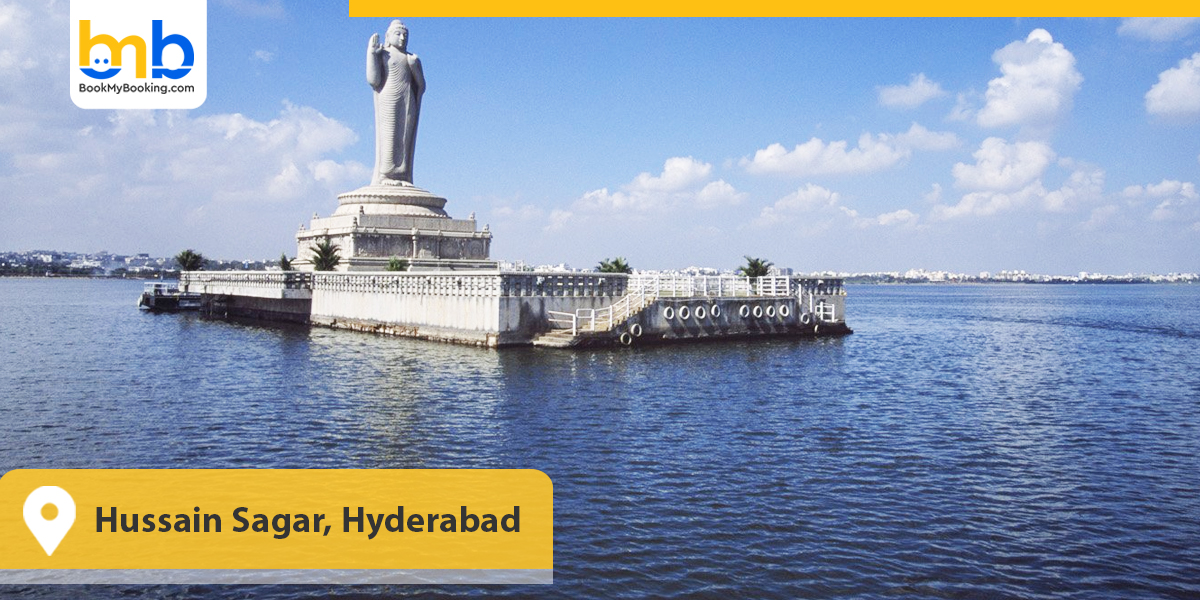
Hussain Sagar Lake is one of the largest freshwater lakes in India. It is an artificial lake that is always bustling with tourists and picnickers. The atmosphere is lively and cheerful most days of the week.
Perfect for- Family picnics and romantic escapes, offering sunrise views of Indian lakes that will spellbind you completely.
Level of Accessibility- Easy
Best time to Visit- The cool months of October to March are best suited.
22. Ulsoor Lake, Karnataka
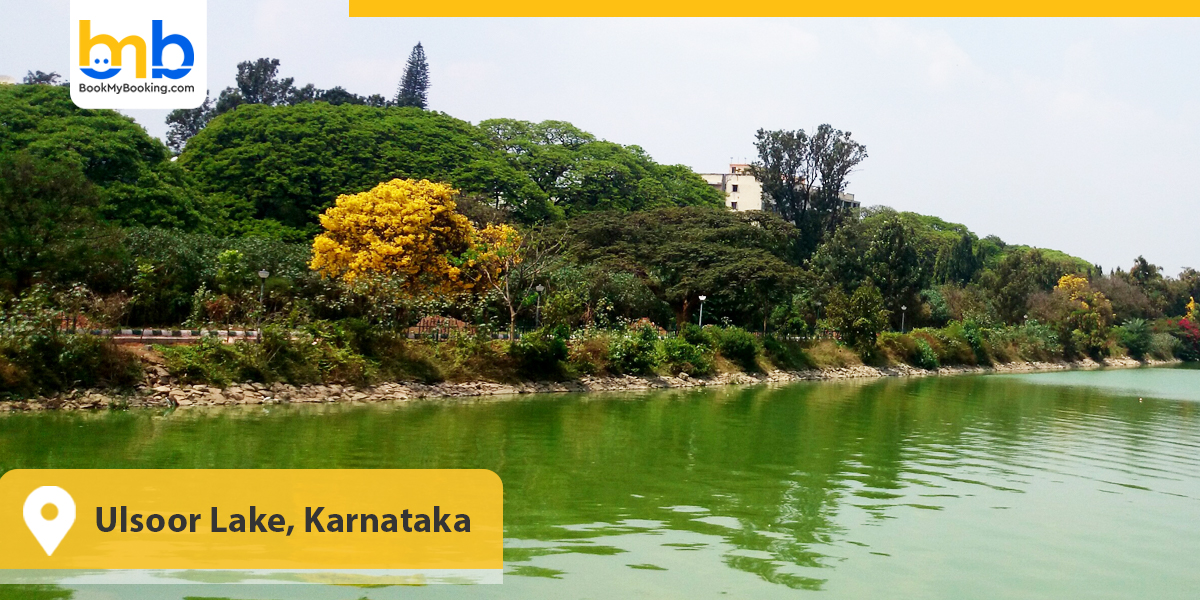
Ulsoor Lake is a stunning, beautiful lake in India, sprinkled with small islands. It is considered the best in the region.
Perfect for Family picnics and romantic escapes
Level of Accessibility- Easy
Best time to Visit- It is visited all year, and the weather is pleasant and welcoming for serene lake escapes in India.
23. Berijam Lake, Tamil Nadu
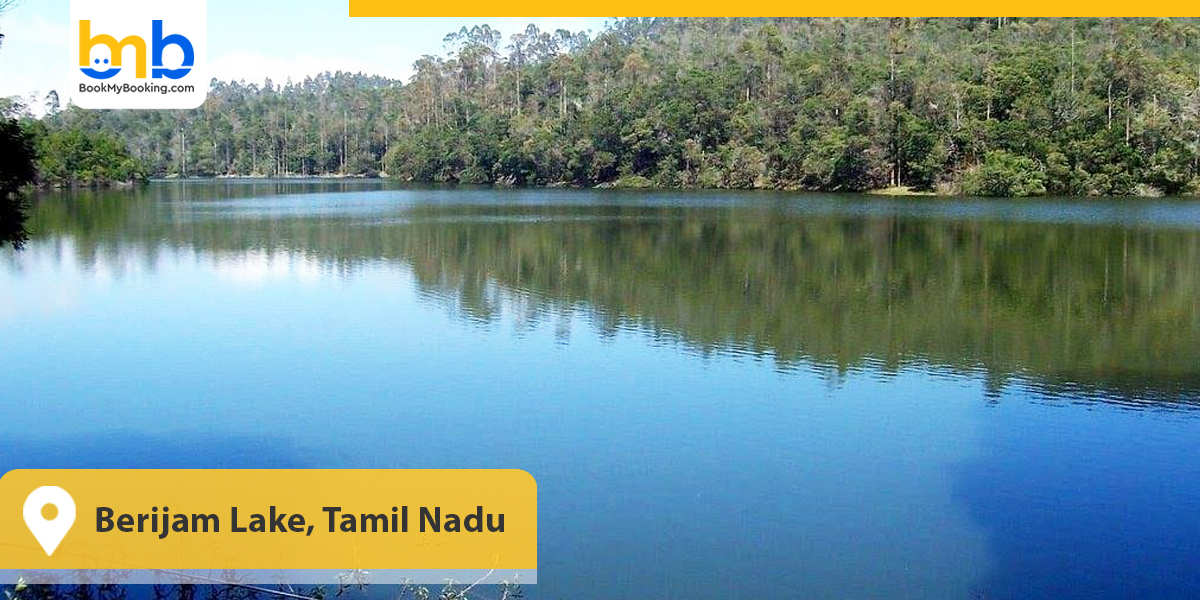
Berijam Lake is one of the most famous lakes in India's southern region. Its beauty and pace are a refuge to many.
Perfect for Family picnics and romantic escapes
Level of Accessibility- Easy
The best time to visit- From September to January. The colder breeze and slight chill allow the right weather to enjoy the beauty of the tranquil lakes in India.
24. Ooty Lake, Tamil Nadu
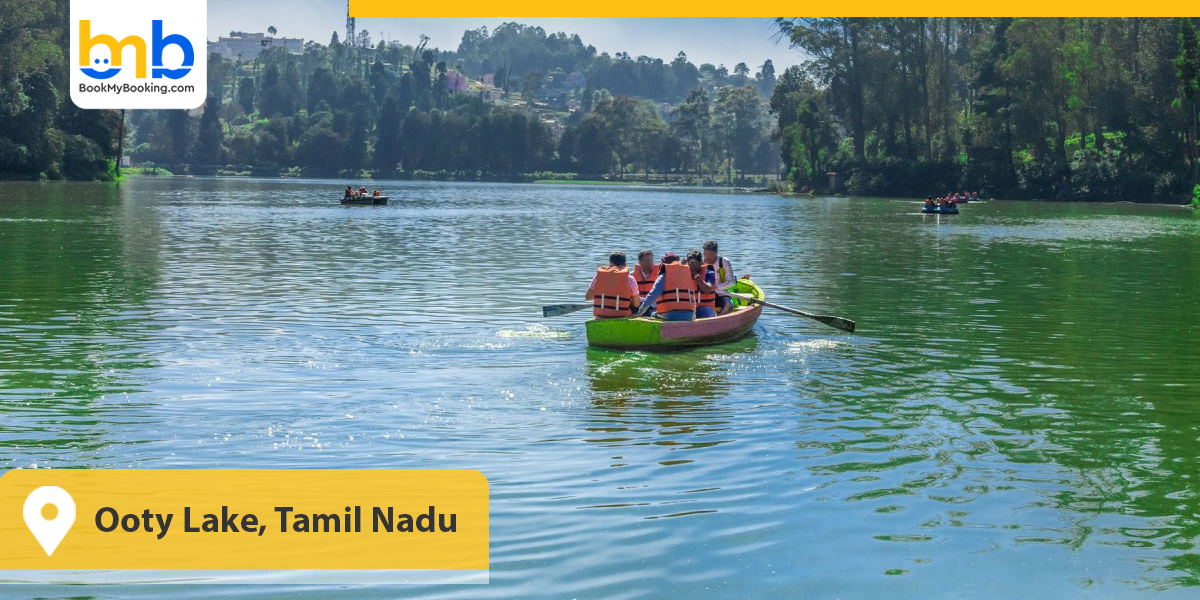
One of the main lakes in India is Ooty Lake, renowned for its breathtaking beauty and pristine environment.
Perfect for Family picnics and romantic escapes
Level of Accessibility- Easy
Best Time to Visit- December to March is best if you like the mist and breeze, which is great for experiencing peaceful lakes in India.
25. Vembanad Lake, Kerala
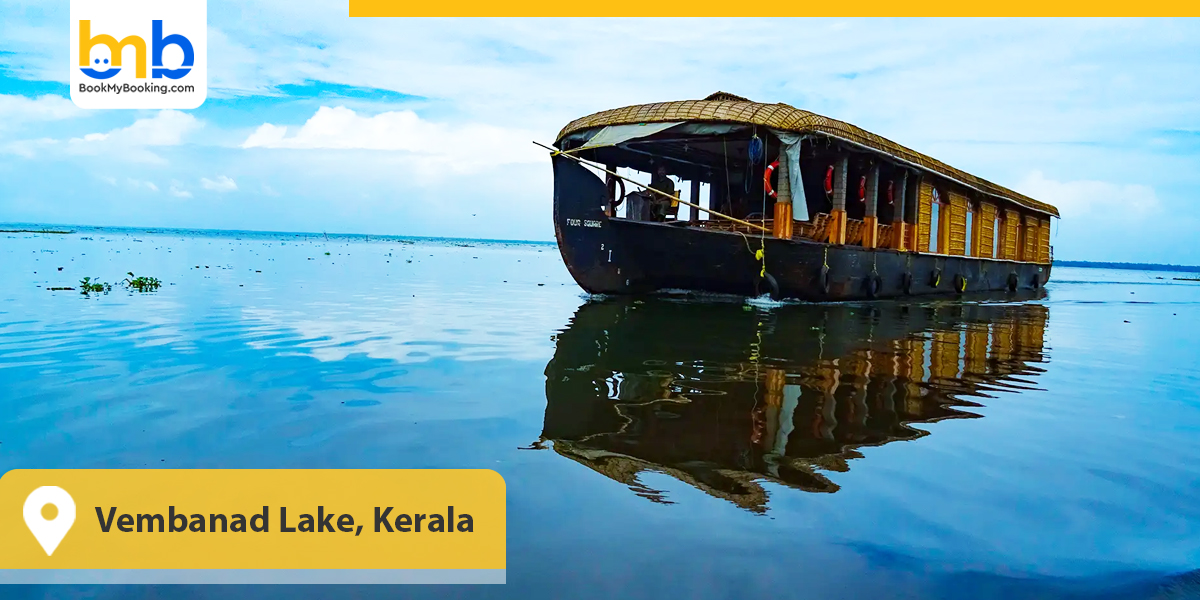
This is the longest lake in India, known as Vembanad Lake. It is also one of the largest lakes in India. Serene and peaceful waters with comfortable lakes and houseboats in India will enhance the experience for tourists.
Perfect for Family picnics and romantic escapes
Level of Accessibility- Easy
Best Time to Visit- December to March is best suited if you like the mist and breeze.
Other Honourable Mentions
26. Wular Lake, Kashmir
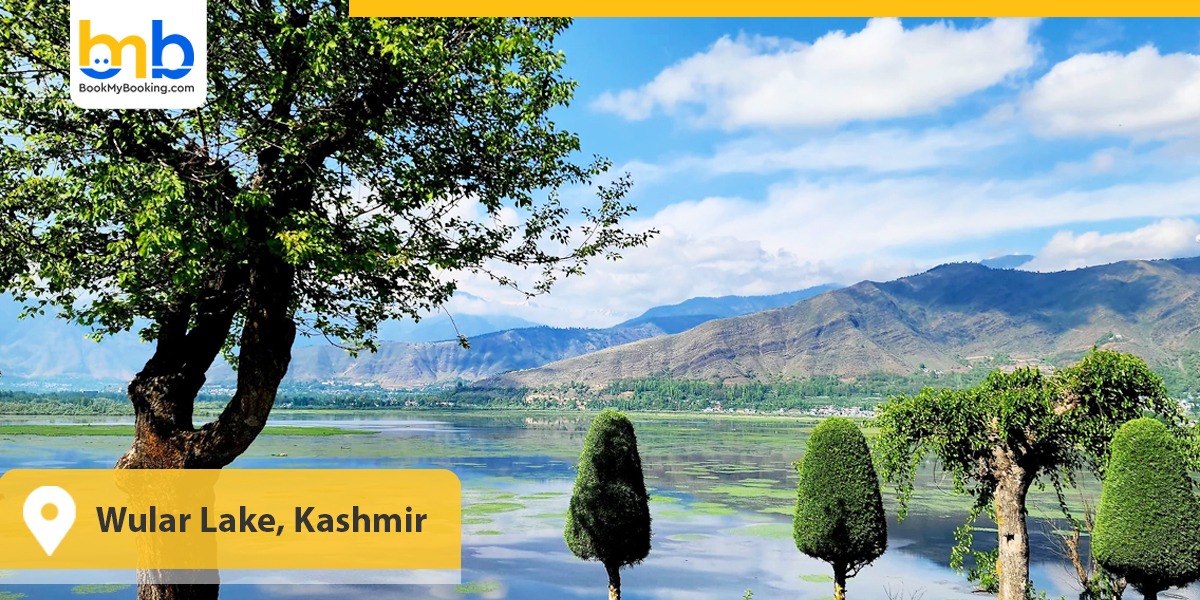
Wular Lake, situated in Jammu and Kashmir, is one of the largest and best lakes for relaxation in India and a source of freshwater. It is surrounded by tiny farms where travellers can witness vegetation. The lake is a popular spot among people seeking adventure activities, such as boating and swimming.
Perfect for Family picnics and romantic escapes
Level of Accessibility- Easy
Best Time to Visit- June to August
27. Renuka Lake, Mandi
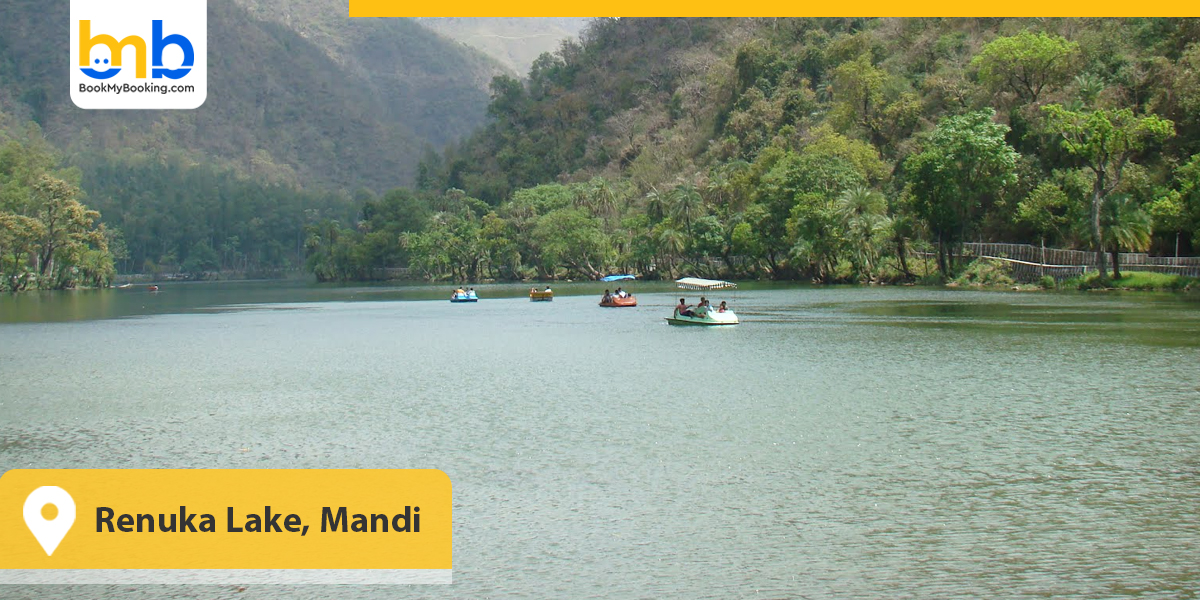
Renuka Lake, one of the most beautiful lakes in India, is said to embody Renukaji, the wife of Sage Jamadagni and mother to Parshuram. The lake resembles a woman's profile and is also the biggest lake in Himachal. It even attracts travellers from around the country due to its religious relevance and the water activities it offers.
Perfect for Family picnics and romantic, serene lake escapes in India.
Level of Accessibility- Easy
Best Time to Visit- June to August
28. Sumendu Lake, Mirik Darjeeling
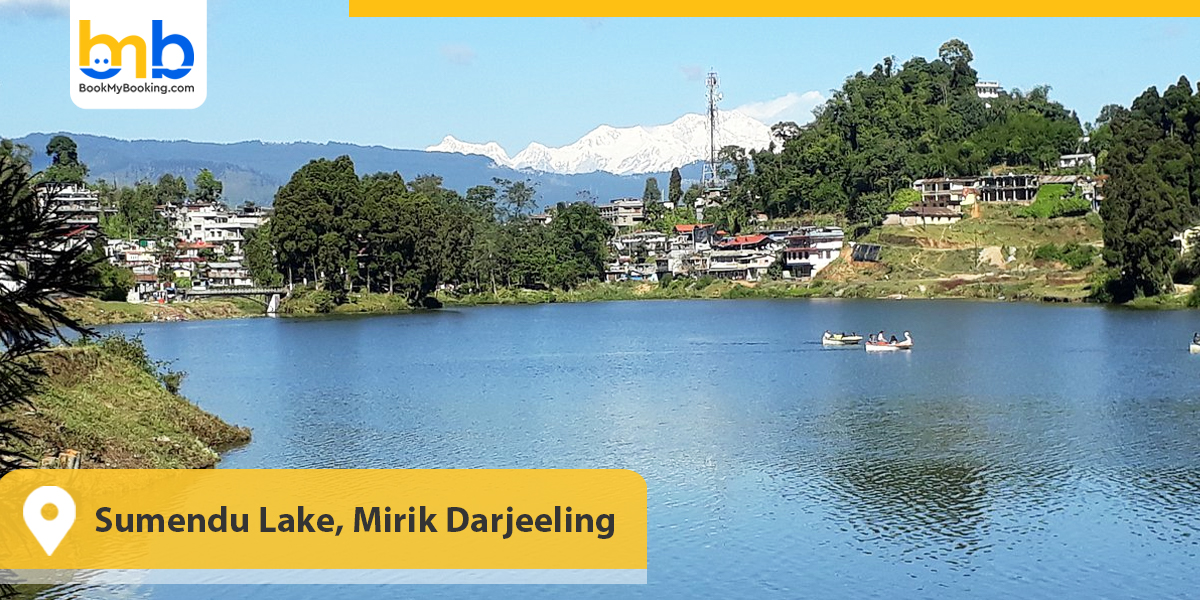
Sumendu Lake, situated in Mirik, is one of the area's many major tourist attractions. It is located between pine trees and vibrant green gardens. It is the best lake for relaxation in India, ideal for those seeking solace. You can even enjoy boating, shikara rides, and fishing in the lake.
Perfect for Family picnics and romantic escapes
Level of Accessibility- Easy
Best Time to Visit- September to February
29. Mansar Lake, Jammu
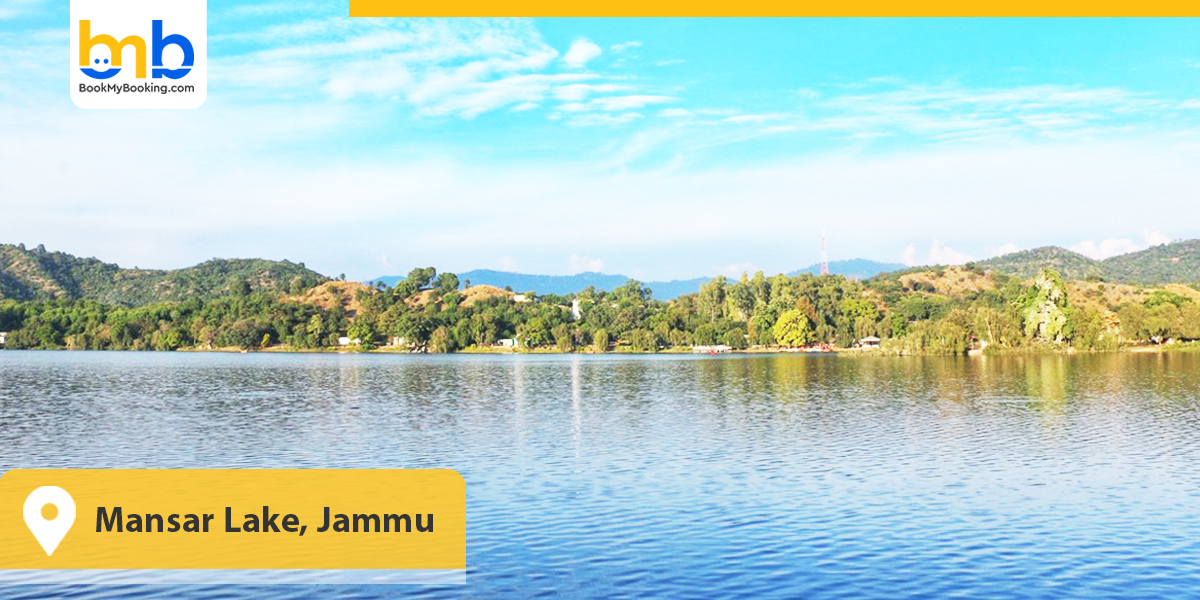
Mansar Lake is considered a holy, peaceful lake in India because of the temple of a snake god on its bank. Two ancient temples, Narsimha and Umapati Mahadev, make this a divine site. It is a common belief that dipping in this holy water washes away all one's sins.
Perfect for Family picnics and romantic escapes
Level of Accessibility- Easy
Best Time to Visit- April to October is the best time to visit Indian lakes.
Plan Your Escape to These Amazing Towns with Lakes in India
There is something timeless about towns with lakes in India. The way water holds reflections, stories, and stillness is captivating. Whether boating in Srinagar, cycling around Badi Lake in Udaipur, or sipping coffee by Hirekolale in Chikmagalur, these floating lakes of Northeast India offer more than scenic views; they restore, recharge, and reconnect.
While they are all lake towns, each one offers a different experience and vibe, which makes them distinctive. This means you must look for those that provide peace, natural landscapes, and outdoor activities. So, if you are planning a serene lake escape in India, you can choose from these beautiful towns with lakes that offer you the experiences you seek.
What is the best time to visit India?
The best time to visit Indian lakes is between October and March; however, India has a diverse topography, so every region can be visited during different seasons. October to March employment covers the winners and the beginning of summer. The summer months from April to June are usually sweltering in many parts of India. However, travellers generally visit the hilly areas during this time for kayaking in Himalayan lakes, which leads to higher crowds and competitive prices in those regions. Additionally, March and April are the best times to visit for wildlife spotting. After the scorching heat of summer, monsoons transform the terrain into a captivating place. Still, the humidity and precipitation levels may not be what one is looking for while solo travelling in the lakes of India. However, it can be good news for all those travellers who wish to travel on a smaller budget. During the winter months from December to February, the temperatures in many parts of India are significantly cooler, with potential for fog, except in mountainous regions. This is a prime time to visit most places nationwide, including India's peaceful lakes.
1. Peak Season (November to February)
Weather—India's temperatures range from 25 degrees Celsius to 35 degrees Celsius in the northern plains and coastal areas and from 15 to 25 degrees Celsius in hilly regions, with generally dry and chilly weather best for kayaking in Himalayan lakes.
Famous destinations include the Golden Triangle (Delhi, Agra, Jaipur), Goa, Rajasthan, Kerala, and the Himalayan Hill Stations.
Popular events include Diwali, Durga Puja, Navratri, Pushkar Camel Fair, and Goa Carnival.
Note- Tourists are crowded, so pre-booking is advised.
2. Season (May to mid-September)
Weather—From May to June, most parts of India experience scorching heat with temperatures ranging from 35 degrees Celsius to 45 degrees Celsius. The months of July to September bring heavy monsoon rains and high humidity, with temperatures ranging from 25 degrees Celsius to 35 degrees Celsius, which is ideal for experiencing calm lakes for meditation in India.
Famous destinations- Kerala backwaters, Ladakh, Himachal Pradesh, Goa, Northeast India.
Popular Events- Hemis Festival, Onam, Ganesh Chaturthi
Note—Stay hydrated, wear light clothing, and use sunscreen in the plains. In monsoon-prone areas, be aware of landslides and road blockages—book in advance for discounts on hotels and flights in the off-season. Ensure you keep your itinerary flexible to accommodate weather-related changes while travelling for serene lake escapes in India. If needed, seek local guidance and carry essential medications for areas prone to monsoons.
3. Shoulder Season (October, March and April)
Weather—From mid-September to October, temperatures range from 15 degrees Celsius to 24 degrees Celsius, and from March to April, temperatures range from 10 degrees Celsius to 20 degrees Celsius in the northern hilly regions, which are best for visiting tranquil lakes in India. Across all seasons, temperatures range from 20 to 31 degrees Celsius in the plains and coastal areas.
Famous destinations include Shimla, Manali, Darjeeling, Nainital, Rajasthan, Kerala, the Andaman and Nicobar Islands, and Goa.
Popular events- September, October Navratri, Durga Puja, Dussehra March to April- Holi, Ramam Navami, Baisakhi
Note—Although it is not peak season, famous spots can still be busy. Booking accommodations and transportation in advance is highly advisable for India's best lakes for relaxation. Also, consider travel insurance to cover unexpected weather changes or disruptions.
More about the Best and Suitable Time to Travel to India
4. Winter Season in India (December to February)
The winter season in India varies from place to place, with temperatures dropping significantly in the northern parts. The Himalayan regions experience freezing temperatures and heavy snowfall, while the southern and coastal areas have lower temperatures and offer the opportunity to explore peaceful lakes in India. Temperatures can also range from below freezing in places like Ladakh and Gulmarg to around 10 to 15 degrees Celsius in hill stations and 17 to 26 degrees Celsius in places like Bangalore and Hyderabad.
5. Snowfall
Northern regions like Himachal Pradesh, Uttarakhand, Jammu, and Kashmir received heavy snowfall, making them ideal for winter sports such as skiing, snowboarding, and kayaking in the Himalayan lakes for sports enthusiasts. Hill stations like Manali, Shimla, and Mussoorie change into winter wonderlands, offering picture-friendly snow-covered landscapes.
Precautions and Tips to Address
Plan your trip well in advance, especially if you're going to a popular destination like Shimla, which tends to get crowded in the peak season.
Book accommodation in advance to avoid last-minute hassles, especially in remote areas with limited options, while exploring the calm lakes for meditation in India.
Be sure to pack warm clothing, including thermals, jackets, and gloves, especially if you plan to visit places with sub-zero temperatures.
Be prepared for potential travel disruptions due to snowfall, and stay updated with weather forecasts and road conditions.
Carry necessary medications and always stay hydrated to avoid altitude sickness, especially when visiting high-altitude destinations like Leh Ladakh, which is best for exploring the beautiful lakes in India.
Respect the local customs and traditions and dress appropriately when visiting religious sites or remote villages.
Try out some of the best winter dishes in India to keep yourself warm.
Final Takeaway
India is truly incredible, and there are many beautiful places to visit and mesmerising tourist attractions. These attractions attract people from all over the world. Some of the most beautiful lakes in India are among the many attractions you should consider on your next trip to India.
![IN]() Indian Rupee
Indian Rupee![IM]() Pound Sterling
Pound Sterling![AE]() UAE Dirham
UAE Dirham![AS]() US Dollar
US Dollar![AF]() Afghanis
Afghanis![DZ]() Algerian Dinar
Algerian Dinar![AO]() Angolan Kwanza
Angolan Kwanza![AR]() Argentine Pesos
Argentine Pesos![AM]() Armenian Dram
Armenian Dram![AW]() Aruban Florin
Aruban Florin![AU]() Australian Dollar
Australian Dollar![AZ]() Azerbaijani Manat
Azerbaijani Manat![BS]() Bahamian Dollars
Bahamian Dollars![BH]() Bahraini Dinar
Bahraini Dinar![TH]() Baht
Baht![PA]() Balboa
Balboa![BD]() Bangladeshi Taka
Bangladeshi Taka![BB]() Barbados Dollars
Barbados Dollars![BY]() Belarusian Rubles
Belarusian Rubles![BZ]() Belize Dollars
Belize Dollars![BM]() Bermuda Dollars
Bermuda Dollars![BT]() Bhutanese ngultrum
Bhutanese ngultrum![VE]() Bolivares Fuertes
Bolivares Fuertes![BO]() Bolivianos
Bolivianos![BR]() Brazilian Reais
Brazilian Reais![BN]() Brunei Dollars
Brunei Dollars![BG]() Bulgarian Leva
Bulgarian Leva![BI]() Burundian Franc
Burundian Franc![KH]() Cambodian Riels
Cambodian Riels![CA]() Canadian Dollar
Canadian Dollar![CV]() Cape Verdean Escudo
Cape Verdean Escudo![KY]() Cayman Islands Dollars
Cayman Islands Dollars![CM]() Central African CFA franc
Central African CFA franc![PF]() CFP Franc
CFP Franc![CL]() Chilean Pesos
Chilean Pesos![CO]() Colombian Pesos
Colombian Pesos![CR]() Colón
Colón![SV]() Colones
Colones![KM]() Comorian Franc
Comorian Franc![CD]() Congolese Franc
Congolese Franc![BA]() Convertible Marka
Convertible Marka![NI]() Cordobas
Cordobas![CU]() Cuban Pesos
Cuban Pesos![DK]() Danish Krone
Danish Krone![MK]() Denars
Denars![RS]() Dinars
Dinars![DJ]() Djiboutian Franc
Djiboutian Franc![DO]() Dominican Pesos
Dominican Pesos![VN]() Dong
Dong![AI]() East Caribbean Dollars
East Caribbean Dollars![EG]() Egyptian Pounds
Egyptian Pounds![ER]() Eritrean Nakfa
Eritrean Nakfa![ET]() Ethiopian Birr
Ethiopian Birr![AD]() Euro
Euro![FK]() Falkland Islands Pounds
Falkland Islands Pounds![FJ]() Fijian Dollars
Fijian Dollars![HU]() Forint
Forint![GM]() Gambian Dalasi
Gambian Dalasi![GE]() Georgian Lari
Georgian Lari![GH]() Ghanaian Cedi
Ghanaian Cedi![GI]() Gibraltar Pounds
Gibraltar Pounds![PY]() Guarani
Guarani![GN]() Guinean Franc
Guinean Franc![GY]() Guyanese Dollars
Guyanese Dollars![HT]() Haitian Gourde
Haitian Gourde![HK]() Hong Kong Dollars
Hong Kong Dollars![UA]() Hryvnia
Hryvnia![IS]() Icelandic Krona
Icelandic Krona![IN]() Indian Rupee
Indian Rupee![ID]() Indonesian Rupiahs
Indonesian Rupiahs![IR]() Iranian Rials
Iranian Rials![IQ]() Iraqi Dinar
Iraqi Dinar![JM]() Jamaican Dollars
Jamaican Dollars![JO]() Jordanian Dinar
Jordanian Dinar![KE]() Kenyan Shilling
Kenyan Shilling![LA]() Kips
Kips![CZ]() Koruny
Koruny![BV]() Krone
Krone![HR]() Kuna
Kuna![KW]() Kuwaiti Dinar
Kuwaiti Dinar![LV]() Lati
Lati![LB]() Lebanese Pounds
Lebanese Pounds![AL]() Leke
Leke![HN]() Lempiras
Lempiras![LS]() Lesotho Loti
Lesotho Loti![LR]() Liberian Dollars
Liberian Dollars![LY]() Libyan Dinar
Libyan Dinar![TR]() Lira
Lira![LT]() Litai
Litai![MO]() Macanese Pataca
Macanese Pataca![MG]() Malagasy Ariary
Malagasy Ariary![MW]() Malawian Kwacha
Malawian Kwacha![MY]() Malaysian Ringgit
Malaysian Ringgit![MV]() Maldivian Rufiyaa
Maldivian Rufiyaa![MR]() Mauritanian Ouguiya
Mauritanian Ouguiya![MU]() Mauritian Rupee
Mauritian Rupee![MZ]() Meticais
Meticais![MX]() Mexican Pesos
Mexican Pesos![MD]() Moldovan Leu
Moldovan Leu![MA]() Moroccan Dirham
Moroccan Dirham![MM]() Myanmar Kyat
Myanmar Kyat![NG]() Nairas
Nairas![NA]() Namibian Dollars
Namibian Dollars![NP]() Nepali Rupee
Nepali Rupee![AN]() Netherlands Antillean Guilder
Netherlands Antillean Guilder![TW]() New Dollars
New Dollars![RO]() New Lei
New Lei![IL]() New Shekels
New Shekels![CK]() New Zealand Dollars
New Zealand Dollars![KP]() North Korean Won
North Korean Won![PE]() Nuevos Soles
Nuevos Soles![OM]() Omani Rial
Omani Rial![PK]() Pakistani Rupees
Pakistani Rupees![PG]() Papua New Guinean Kina
Papua New Guinean Kina![PH]() Philippine peso
Philippine peso![IM]() Pound Sterling
Pound Sterling![BW]() Pula
Pula![QA]() Qatari Rials
Qatari Rials![GT]() Quetzales
Quetzales![ZA]() Rand
Rand![RU]() Russian Rubles
Russian Rubles![RW]() Rwandan Franc
Rwandan Franc![WS]() Samoan Tala
Samoan Tala![ST]() Sao Tomean Dobras
Sao Tomean Dobras![SA]() Saudi Riyals
Saudi Riyals![SC]() Seychellois Rupees
Seychellois Rupees![SO]() Shillings
Shillings![SL]() Sierra Leonean Leone
Sierra Leonean Leone![SG]() Singapore Dollars
Singapore Dollars![SB]() Solomon Islands Dollars
Solomon Islands Dollars![KG]() Soms
Soms![KR]() South Korean Won
South Korean Won![LK]() Sri Lankan Rupees
Sri Lankan Rupees![SH]() St. Helena Pounds
St. Helena Pounds![SD]() Sudanese pound
Sudanese pound![UZ]() Sums
Sums![SR]() Suriname Dollars
Suriname Dollars![SZ]() Swazi Lilangeni
Swazi Lilangeni![SE]() Swedish Krona
Swedish Krona![LI]() Switzerland Francs
Switzerland Francs![SY]() Syrian Pounds
Syrian Pounds![TJ]() Tajikistani Somoni
Tajikistani Somoni![TZ]() Tanzanian Shilling
Tanzanian Shilling![KZ]() Tenge
Tenge![TO]() Tongan Paanga
Tongan Paanga![TT]() Trinidad & Tobago Dollars
Trinidad & Tobago Dollars![MN]() Tugriks
Tugriks![TN]() Tunisian Dinar
Tunisian Dinar![TM]() Turkmenistani Manat
Turkmenistani Manat![AE]() UAE Dirham
UAE Dirham![UG]() Ugandan Shilling
Ugandan Shilling![UY]() Uruguayo Pesos
Uruguayo Pesos![AS]() US Dollar
US Dollar![VU]() Vanuatu Vatu
Vanuatu Vatu![BJ]() West African CFA franc
West African CFA franc![YE]() Yemeni Rials
Yemeni Rials![JP]() Yen
Yen![ZM]() Zambian Kwacha
Zambian Kwacha![PL]() Zlotych
Zlotych Indian Rupee
Indian Rupee Pound Sterling
Pound Sterling UAE Dirham
UAE Dirham US Dollar
US Dollar Afghanis
Afghanis Algerian Dinar
Algerian Dinar Angolan Kwanza
Angolan Kwanza Argentine Pesos
Argentine Pesos Armenian Dram
Armenian Dram Aruban Florin
Aruban Florin Australian Dollar
Australian Dollar Azerbaijani Manat
Azerbaijani Manat Bahamian Dollars
Bahamian Dollars Bahraini Dinar
Bahraini Dinar Baht
Baht Balboa
Balboa Bangladeshi Taka
Bangladeshi Taka Barbados Dollars
Barbados Dollars Belarusian Rubles
Belarusian Rubles Belize Dollars
Belize Dollars Bermuda Dollars
Bermuda Dollars Bhutanese ngultrum
Bhutanese ngultrum Bolivares Fuertes
Bolivares Fuertes Bolivianos
Bolivianos Brazilian Reais
Brazilian Reais Brunei Dollars
Brunei Dollars Bulgarian Leva
Bulgarian Leva Burundian Franc
Burundian Franc Cambodian Riels
Cambodian Riels Canadian Dollar
Canadian Dollar Cape Verdean Escudo
Cape Verdean Escudo Cayman Islands Dollars
Cayman Islands Dollars Central African CFA franc
Central African CFA franc CFP Franc
CFP Franc Chilean Pesos
Chilean Pesos Colombian Pesos
Colombian Pesos Colón
Colón Colones
Colones Comorian Franc
Comorian Franc Congolese Franc
Congolese Franc Convertible Marka
Convertible Marka Cordobas
Cordobas Cuban Pesos
Cuban Pesos Danish Krone
Danish Krone Denars
Denars Dinars
Dinars Djiboutian Franc
Djiboutian Franc Dominican Pesos
Dominican Pesos Dong
Dong East Caribbean Dollars
East Caribbean Dollars Egyptian Pounds
Egyptian Pounds Eritrean Nakfa
Eritrean Nakfa Ethiopian Birr
Ethiopian Birr Euro
Euro Falkland Islands Pounds
Falkland Islands Pounds Fijian Dollars
Fijian Dollars Forint
Forint Gambian Dalasi
Gambian Dalasi Georgian Lari
Georgian Lari Ghanaian Cedi
Ghanaian Cedi Gibraltar Pounds
Gibraltar Pounds Guarani
Guarani Guinean Franc
Guinean Franc Guyanese Dollars
Guyanese Dollars Haitian Gourde
Haitian Gourde Hong Kong Dollars
Hong Kong Dollars Hryvnia
Hryvnia Icelandic Krona
Icelandic Krona Indonesian Rupiahs
Indonesian Rupiahs Iranian Rials
Iranian Rials Iraqi Dinar
Iraqi Dinar Jamaican Dollars
Jamaican Dollars Jordanian Dinar
Jordanian Dinar Kenyan Shilling
Kenyan Shilling Kips
Kips Koruny
Koruny Krone
Krone Kuna
Kuna Kuwaiti Dinar
Kuwaiti Dinar Lati
Lati Lebanese Pounds
Lebanese Pounds Leke
Leke Lempiras
Lempiras Lesotho Loti
Lesotho Loti Liberian Dollars
Liberian Dollars Libyan Dinar
Libyan Dinar Lira
Lira Litai
Litai Macanese Pataca
Macanese Pataca Malagasy Ariary
Malagasy Ariary Malawian Kwacha
Malawian Kwacha Malaysian Ringgit
Malaysian Ringgit Maldivian Rufiyaa
Maldivian Rufiyaa Mauritanian Ouguiya
Mauritanian Ouguiya Mauritian Rupee
Mauritian Rupee Meticais
Meticais Mexican Pesos
Mexican Pesos Moldovan Leu
Moldovan Leu Moroccan Dirham
Moroccan Dirham Myanmar Kyat
Myanmar Kyat Nairas
Nairas Namibian Dollars
Namibian Dollars Nepali Rupee
Nepali Rupee Netherlands Antillean Guilder
Netherlands Antillean Guilder New Dollars
New Dollars New Lei
New Lei New Shekels
New Shekels New Zealand Dollars
New Zealand Dollars North Korean Won
North Korean Won Nuevos Soles
Nuevos Soles Omani Rial
Omani Rial Pakistani Rupees
Pakistani Rupees Papua New Guinean Kina
Papua New Guinean Kina Philippine peso
Philippine peso Pula
Pula Qatari Rials
Qatari Rials Quetzales
Quetzales Rand
Rand Russian Rubles
Russian Rubles Rwandan Franc
Rwandan Franc Samoan Tala
Samoan Tala Sao Tomean Dobras
Sao Tomean Dobras Saudi Riyals
Saudi Riyals Seychellois Rupees
Seychellois Rupees Shillings
Shillings Sierra Leonean Leone
Sierra Leonean Leone Singapore Dollars
Singapore Dollars Solomon Islands Dollars
Solomon Islands Dollars Soms
Soms South Korean Won
South Korean Won Sri Lankan Rupees
Sri Lankan Rupees St. Helena Pounds
St. Helena Pounds Sudanese pound
Sudanese pound Sums
Sums Suriname Dollars
Suriname Dollars Swazi Lilangeni
Swazi Lilangeni Swedish Krona
Swedish Krona Switzerland Francs
Switzerland Francs Syrian Pounds
Syrian Pounds Tajikistani Somoni
Tajikistani Somoni Tanzanian Shilling
Tanzanian Shilling Tenge
Tenge Tongan Paanga
Tongan Paanga Trinidad & Tobago Dollars
Trinidad & Tobago Dollars Tugriks
Tugriks Tunisian Dinar
Tunisian Dinar Turkmenistani Manat
Turkmenistani Manat Ugandan Shilling
Ugandan Shilling Uruguayo Pesos
Uruguayo Pesos Vanuatu Vatu
Vanuatu Vatu West African CFA franc
West African CFA franc Yemeni Rials
Yemeni Rials Yen
Yen Zambian Kwacha
Zambian Kwacha Zlotych
Zlotych



